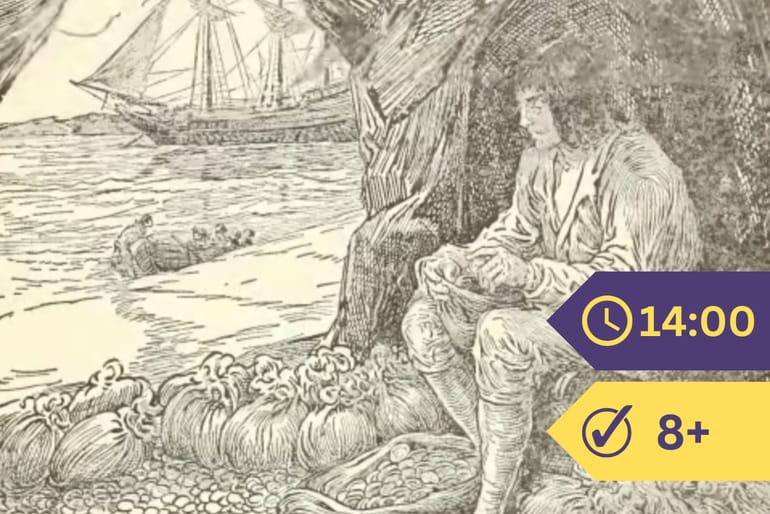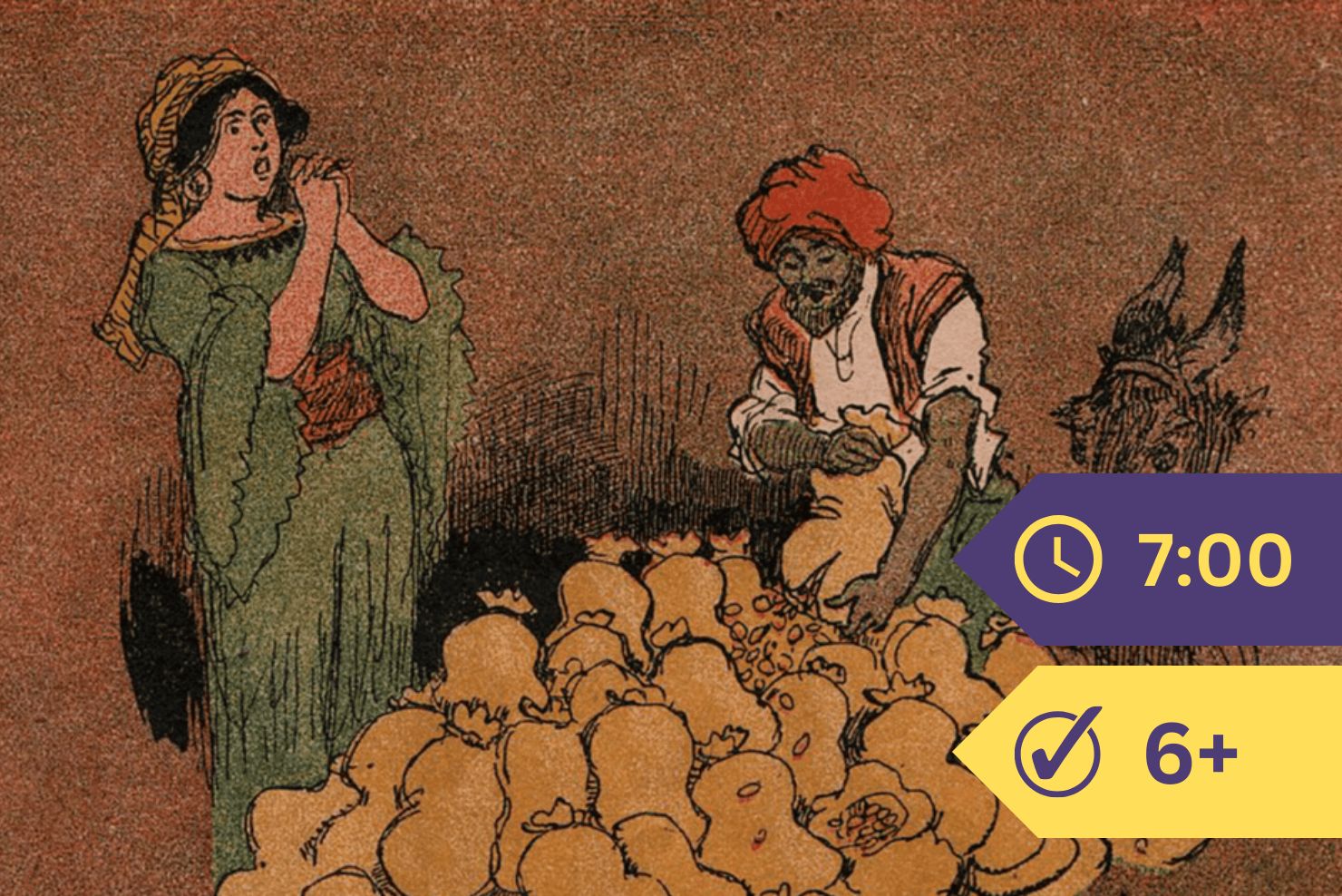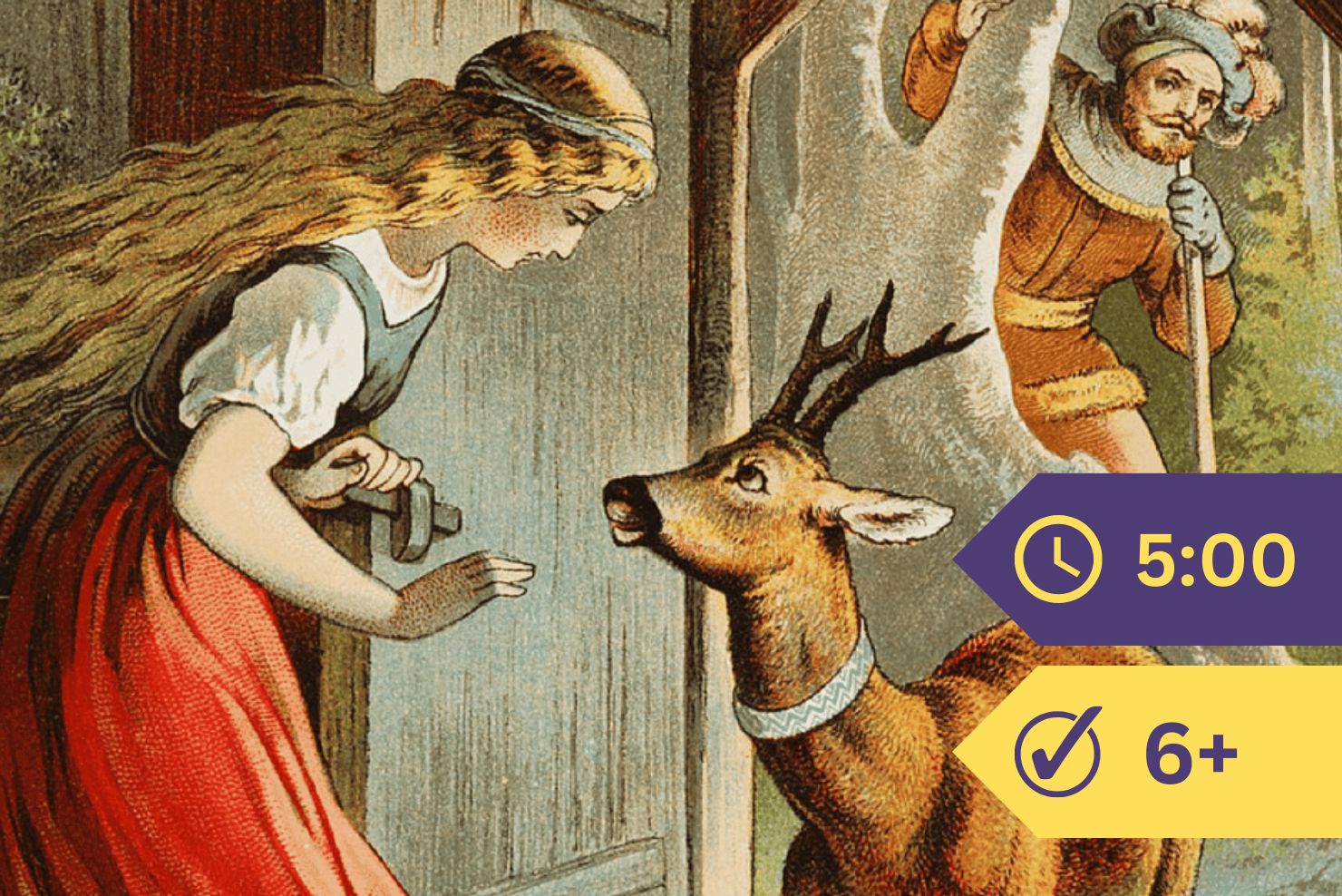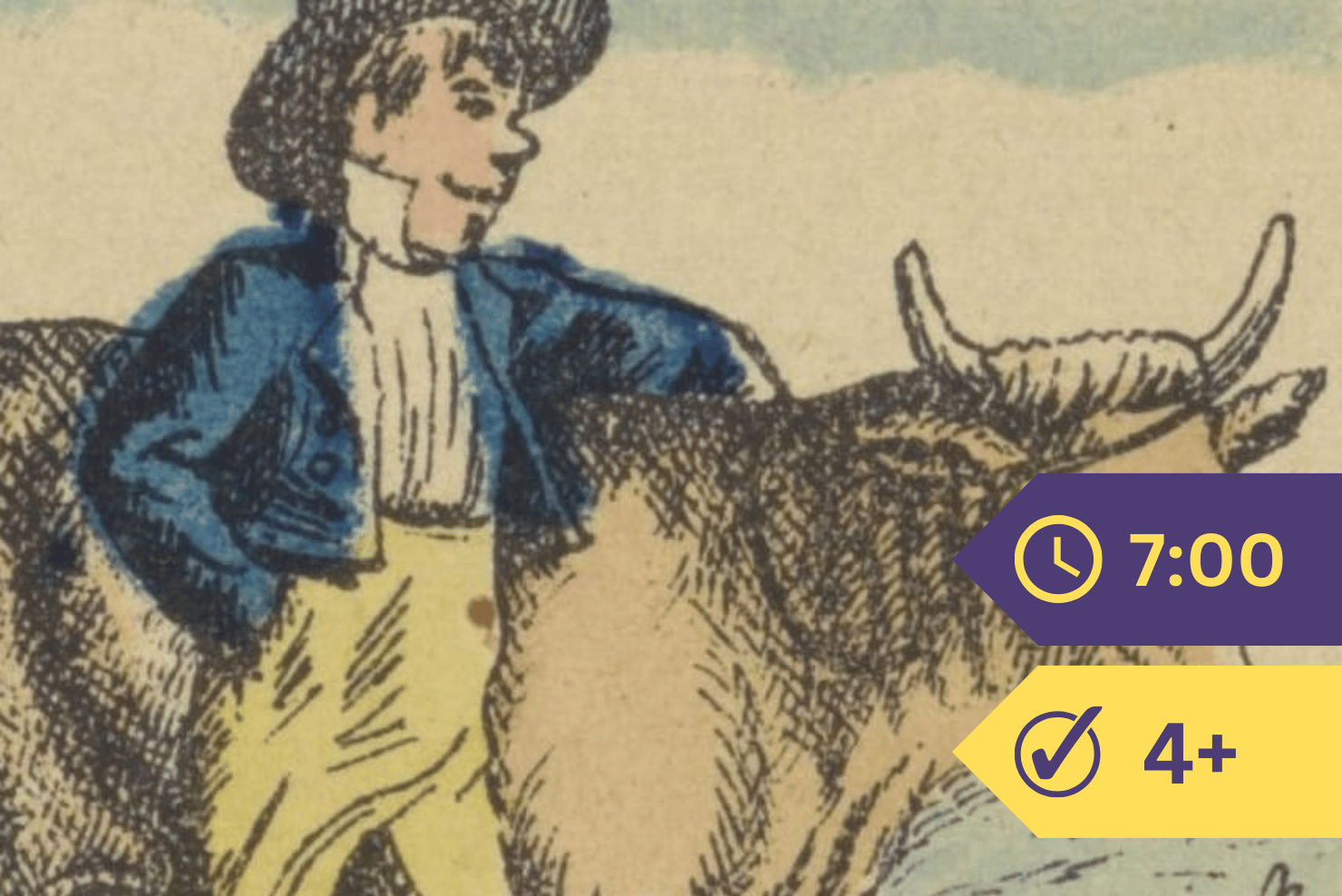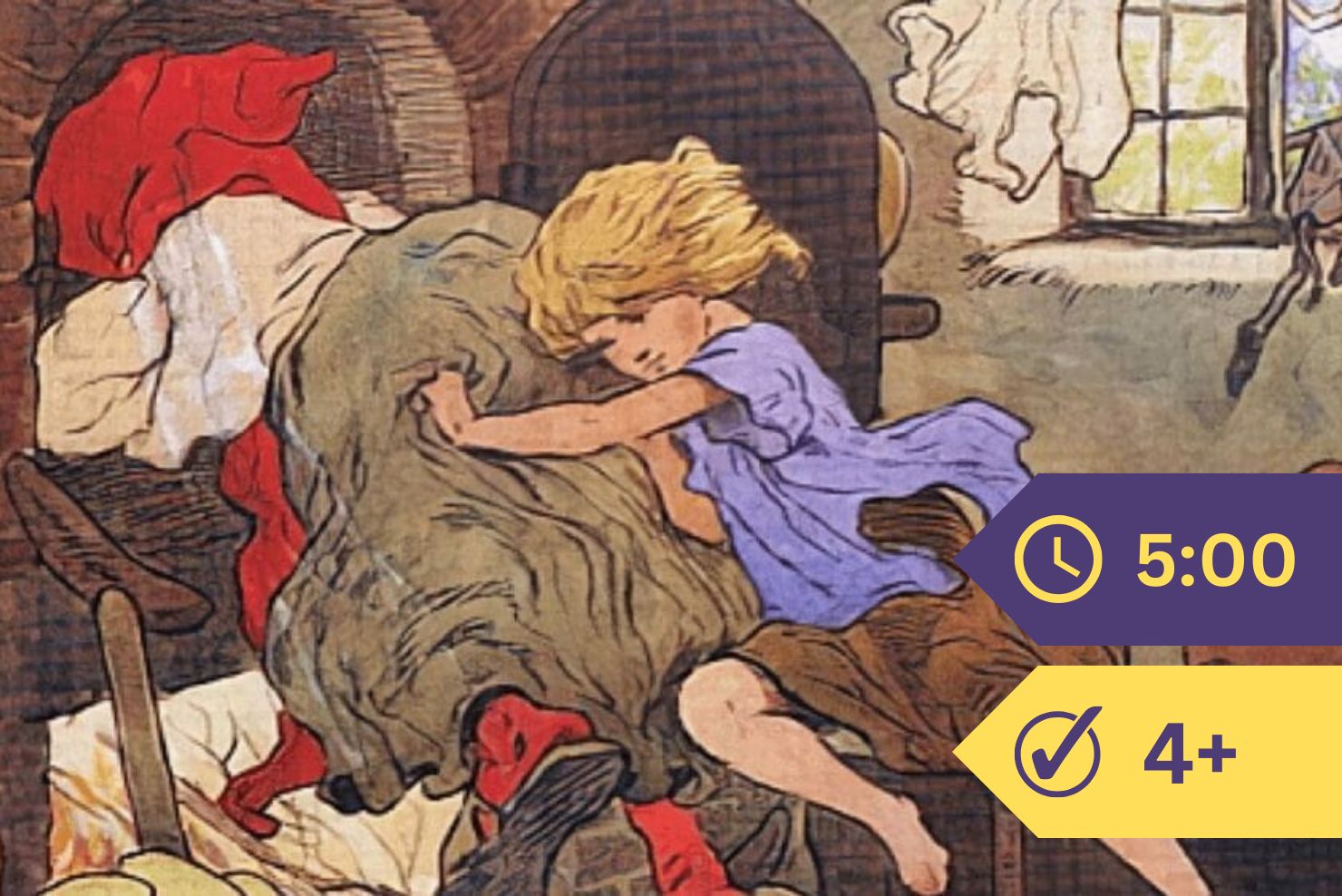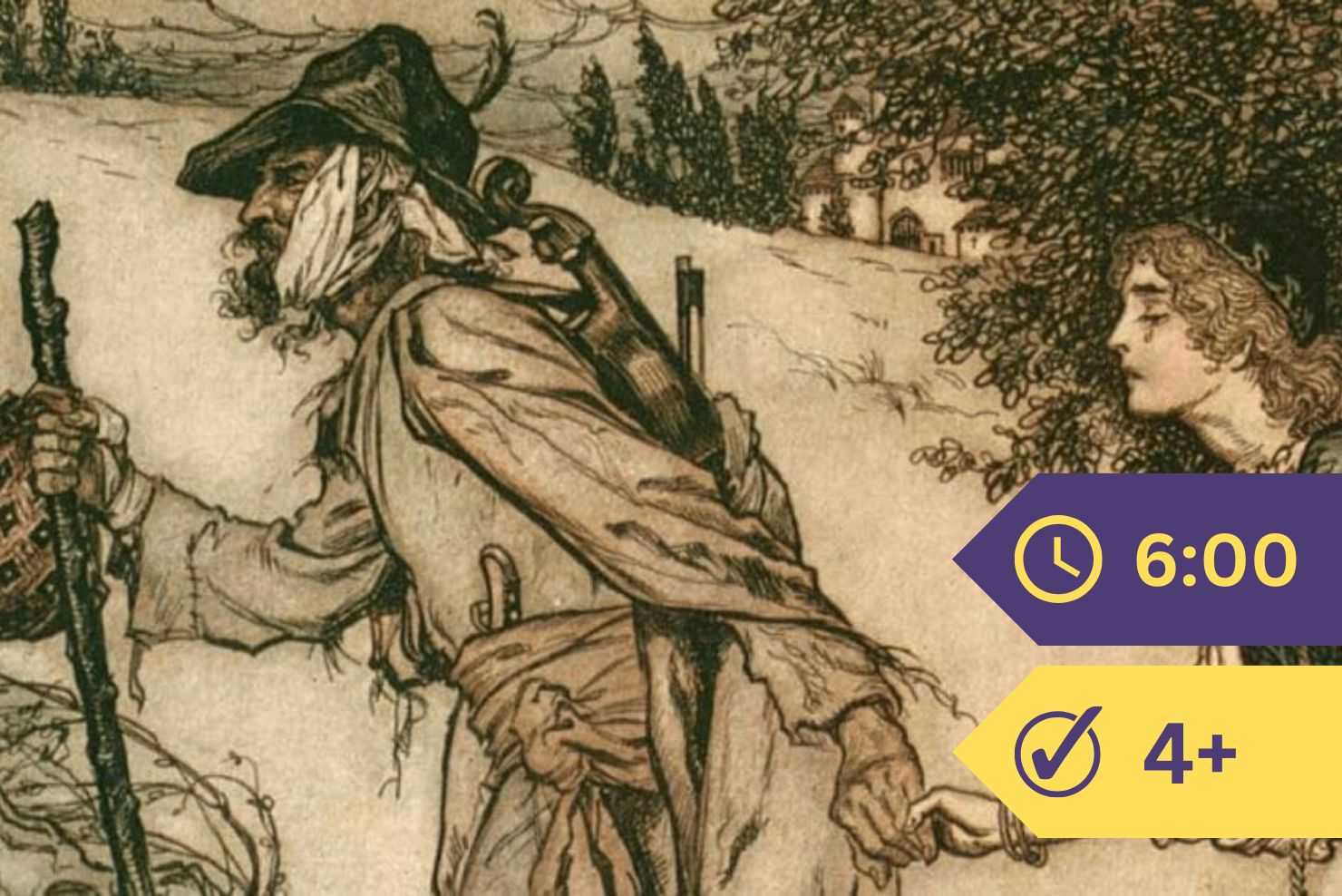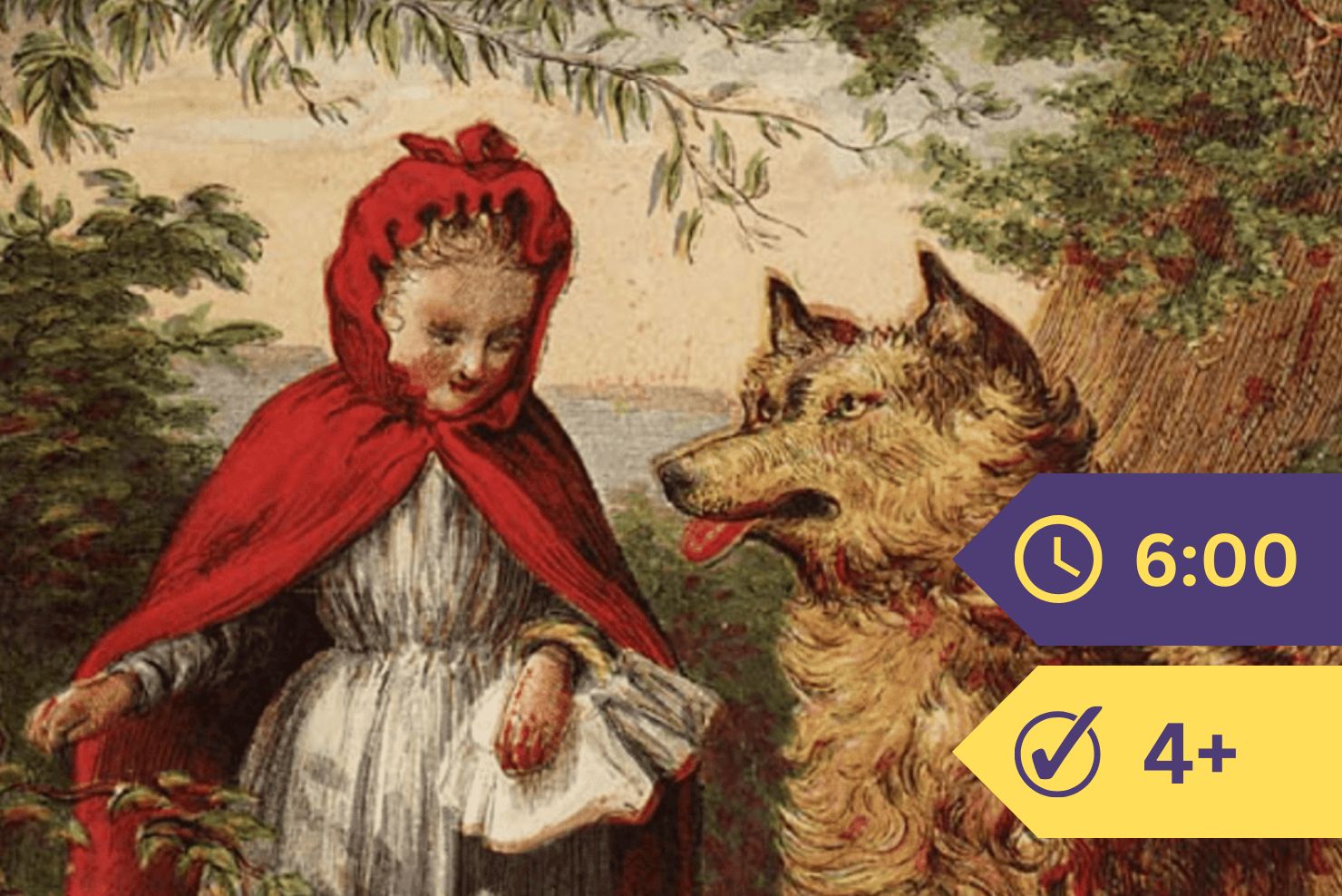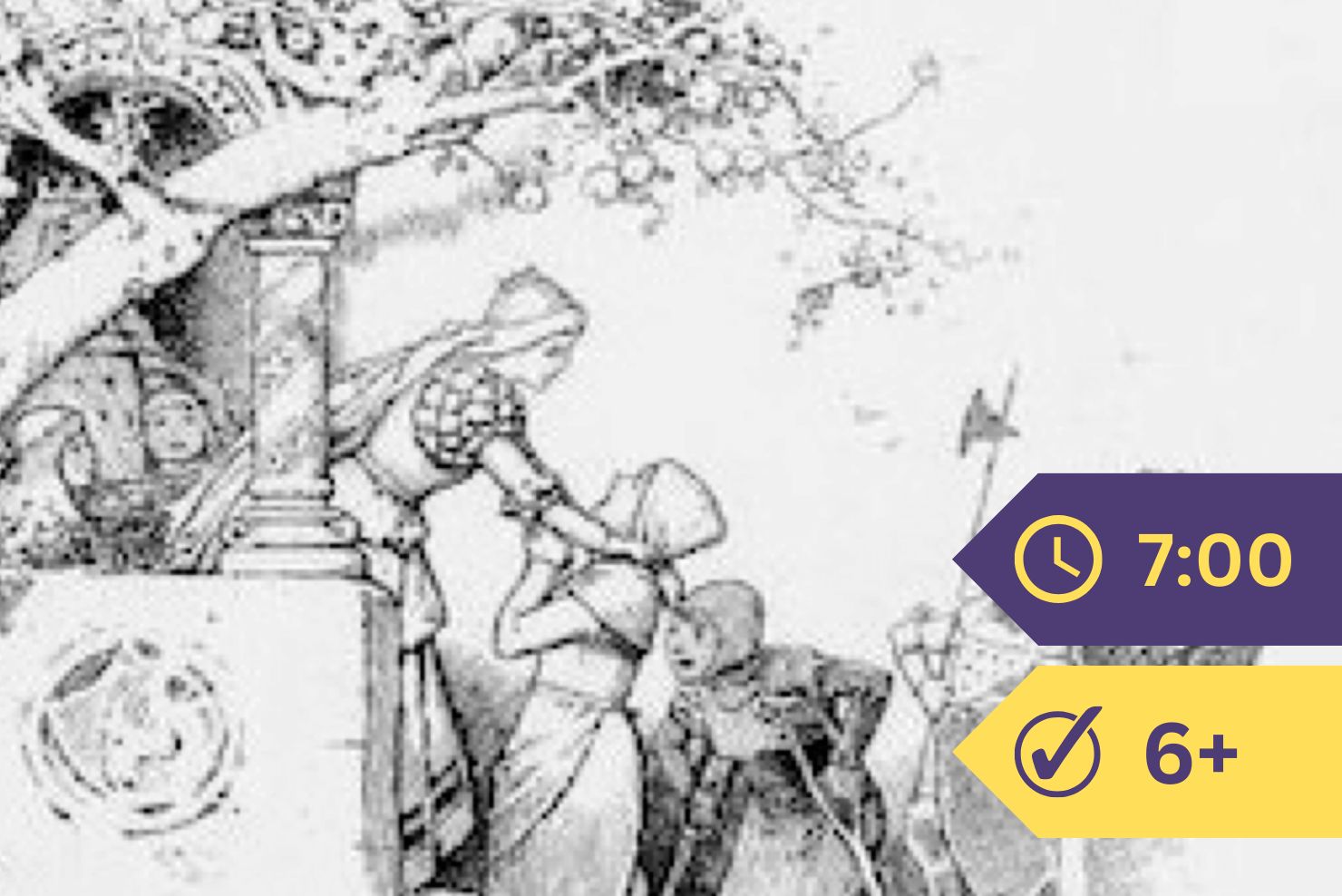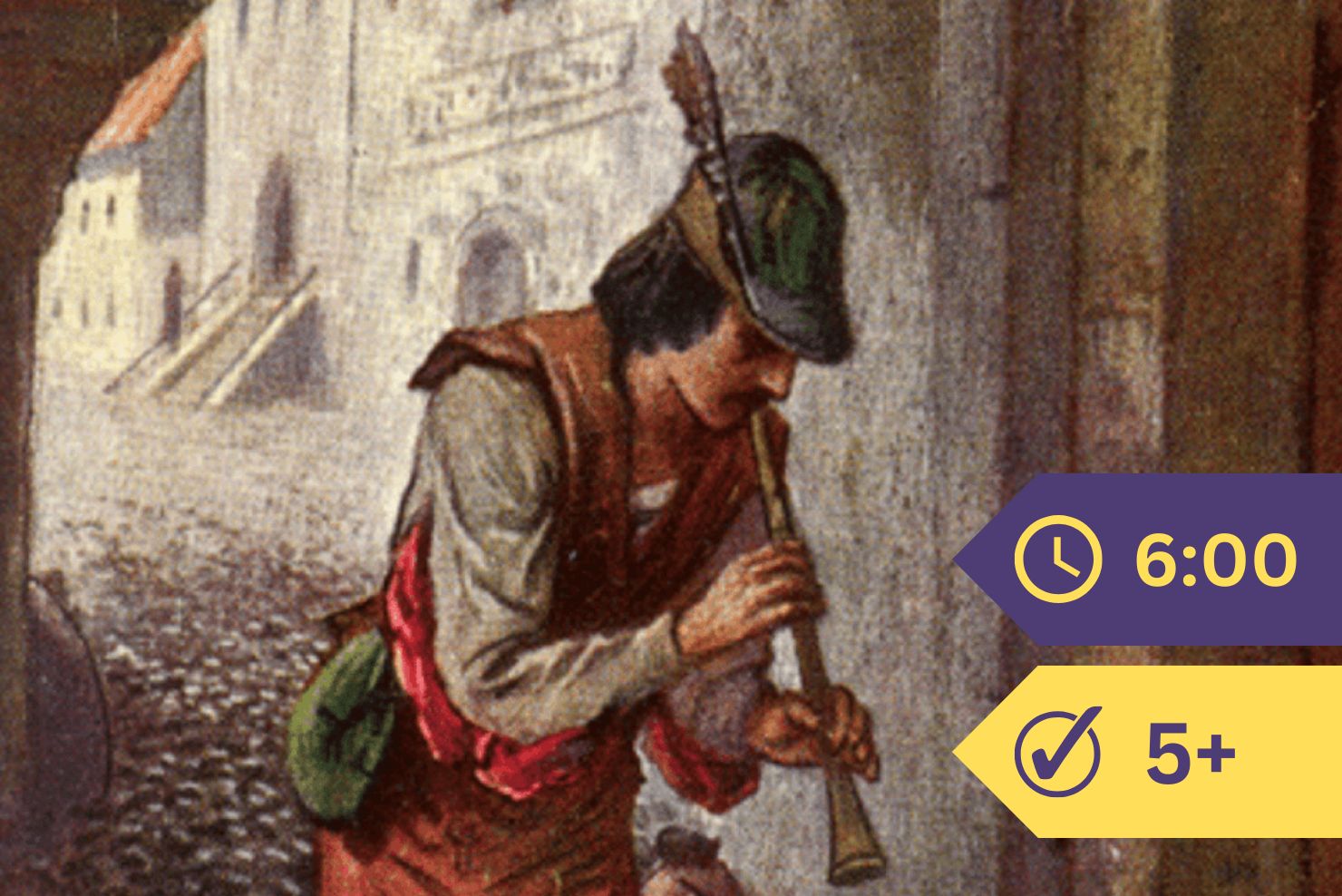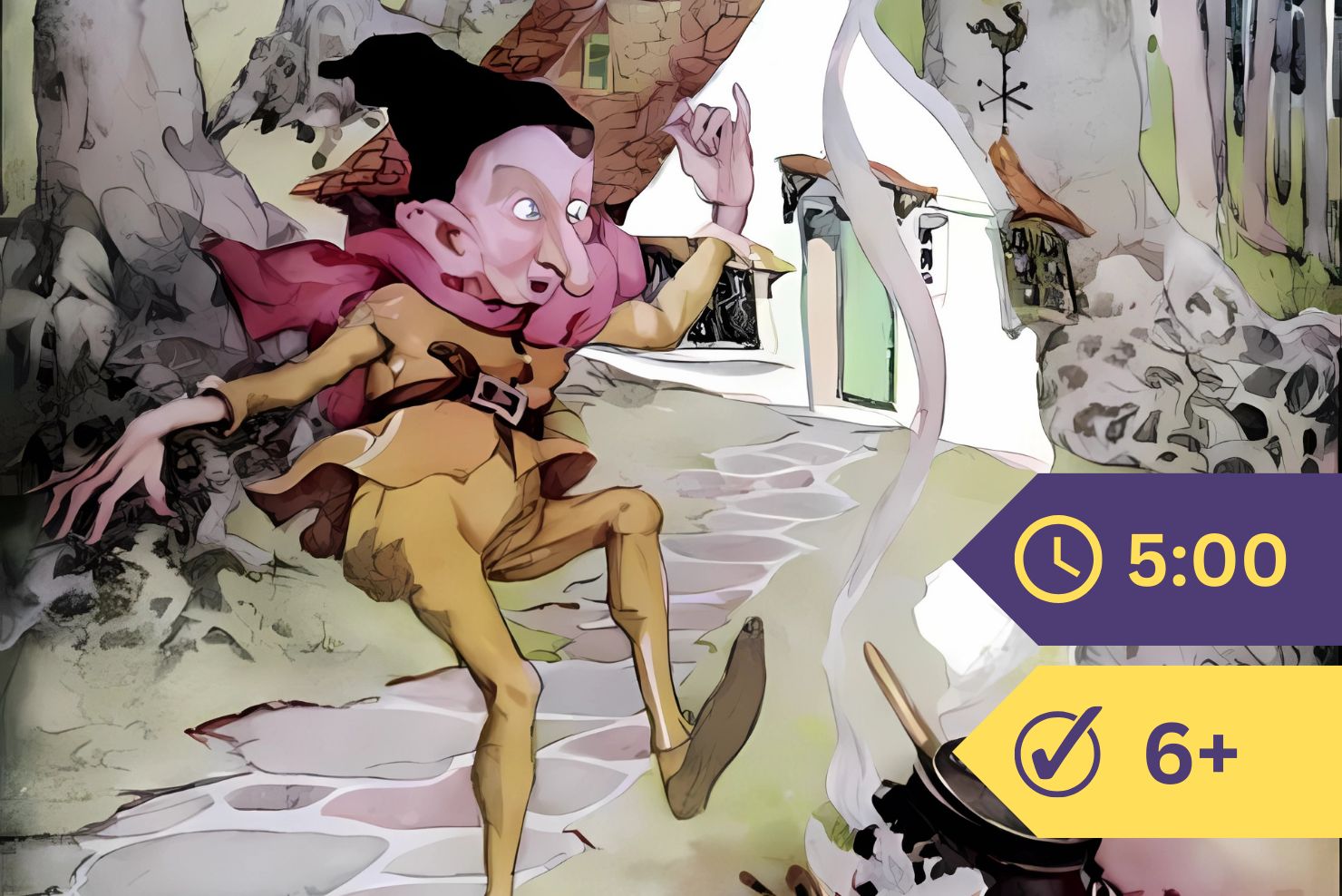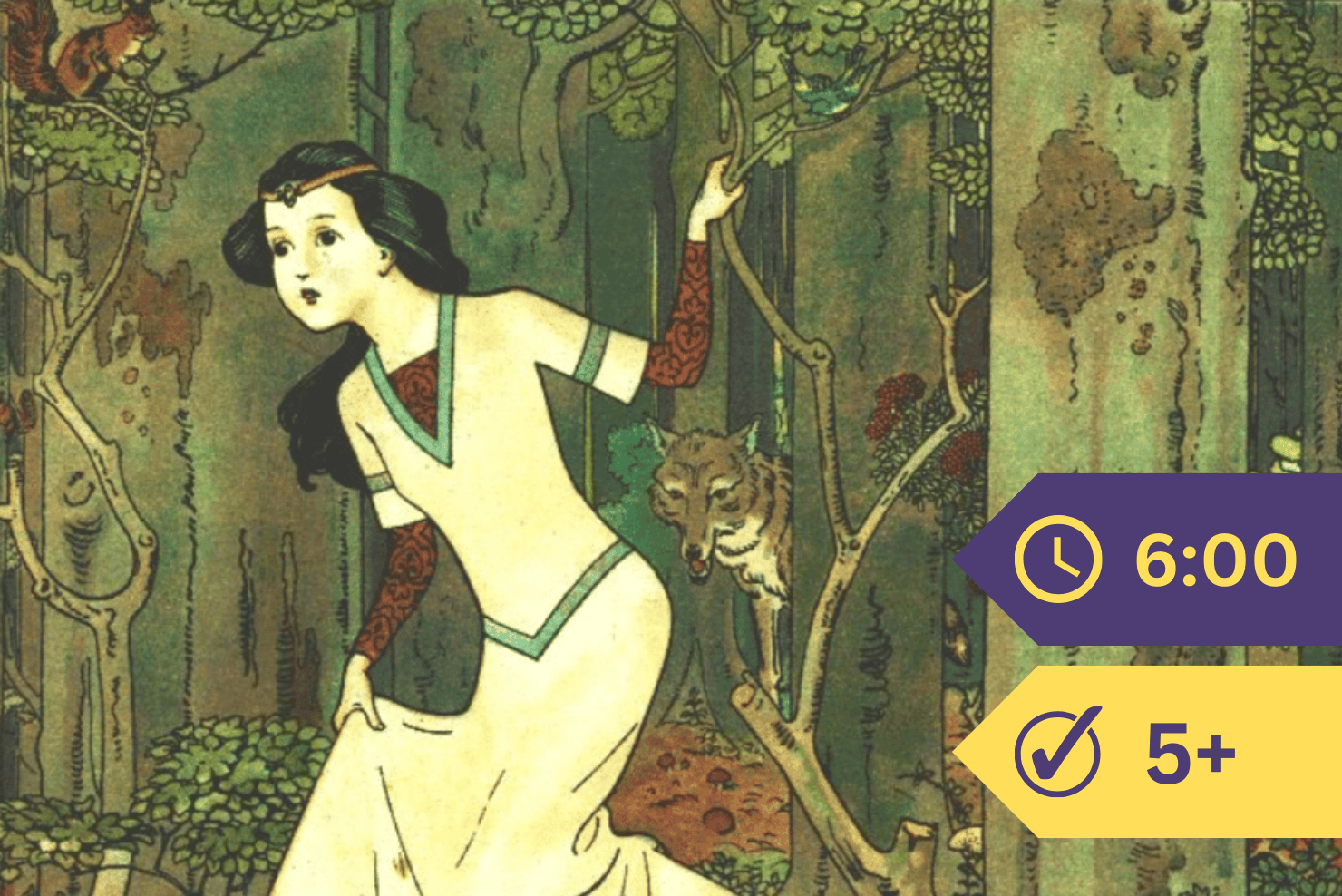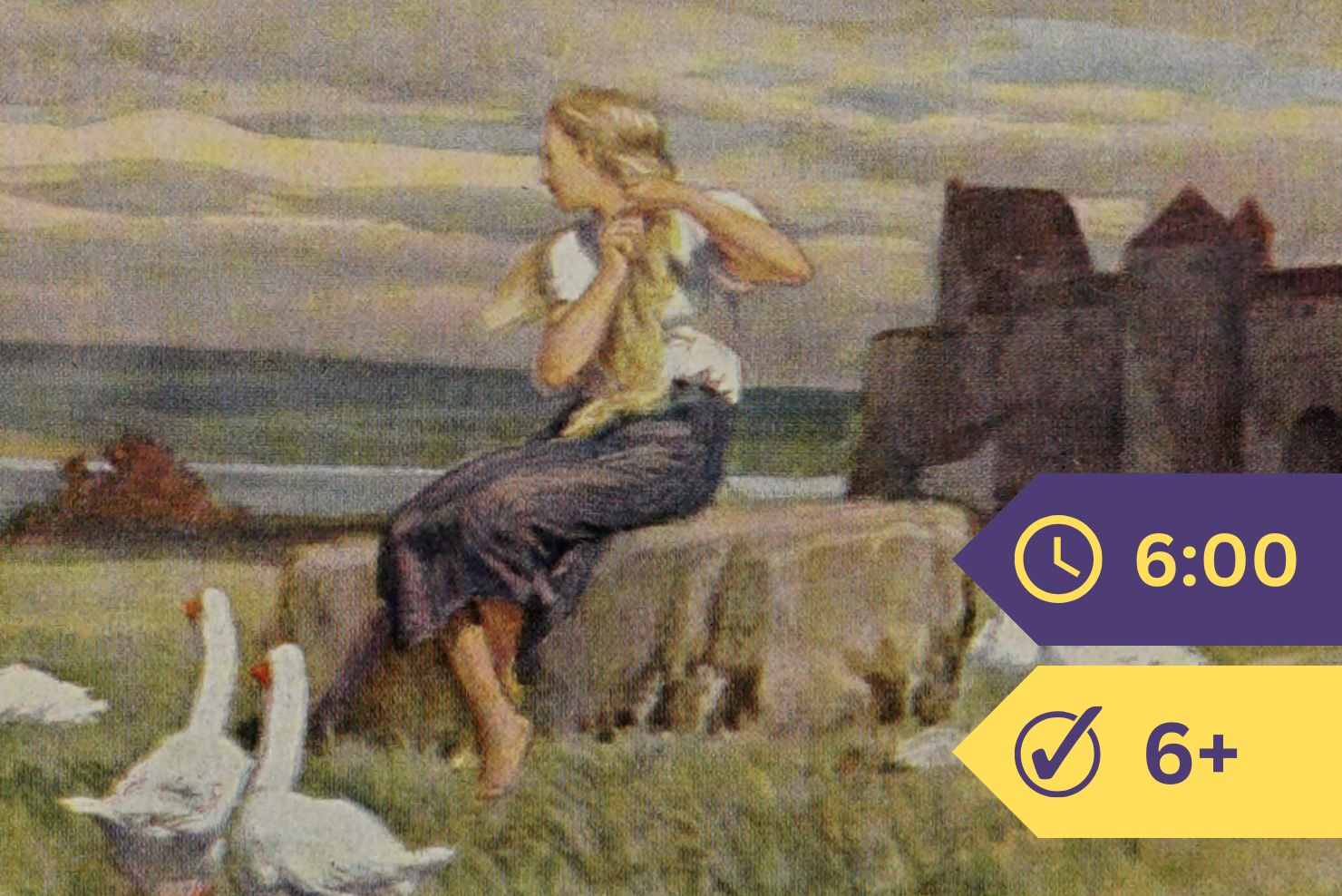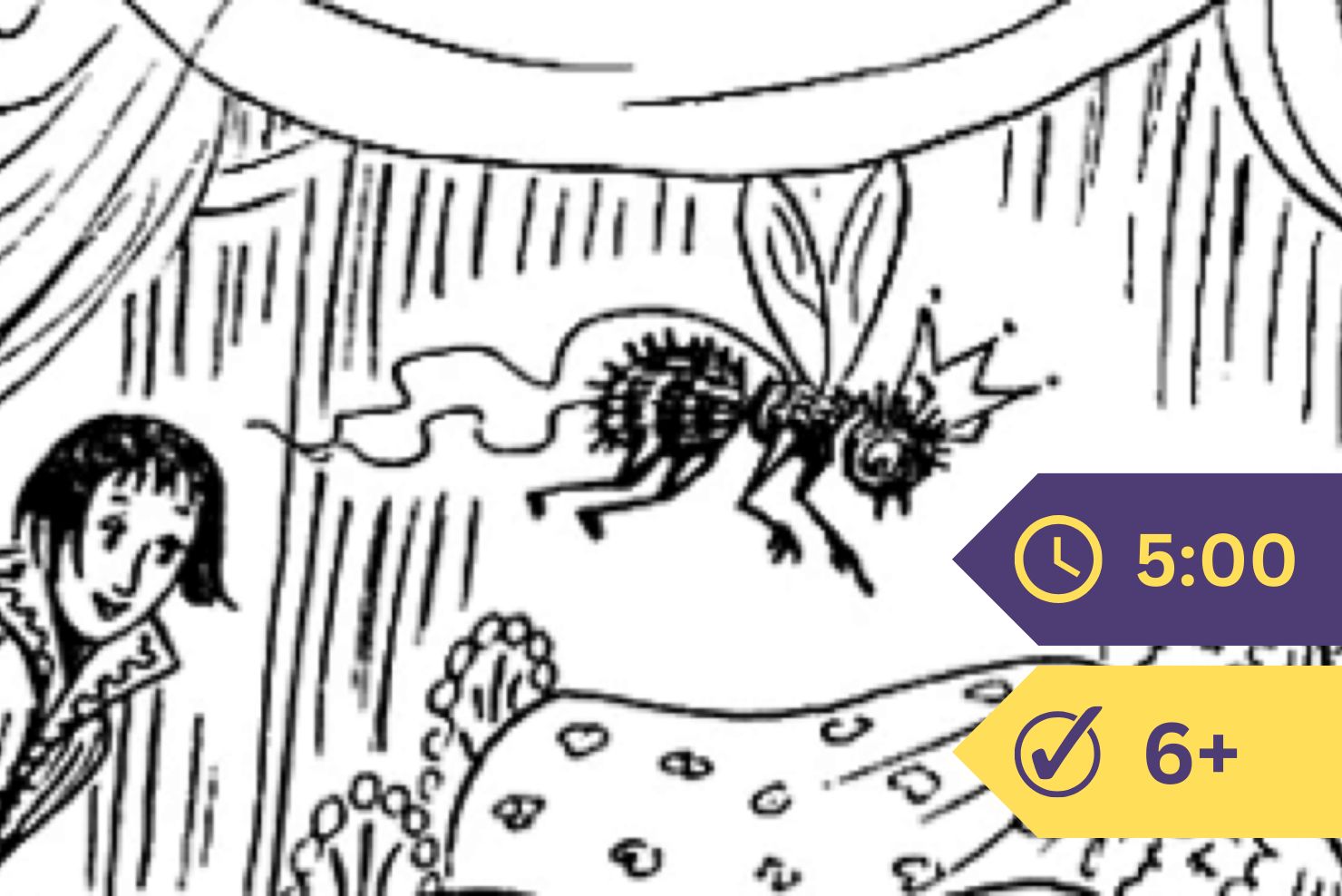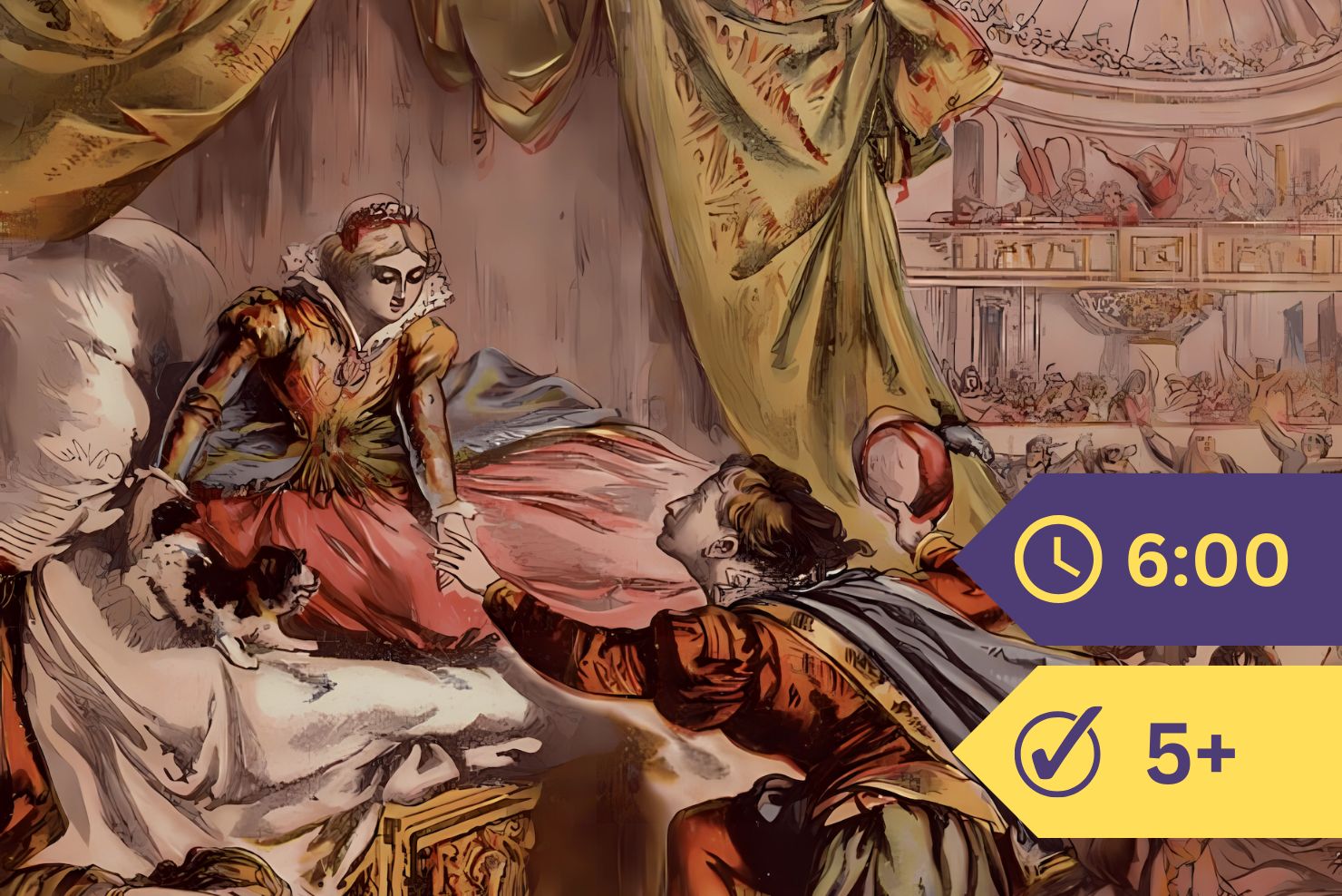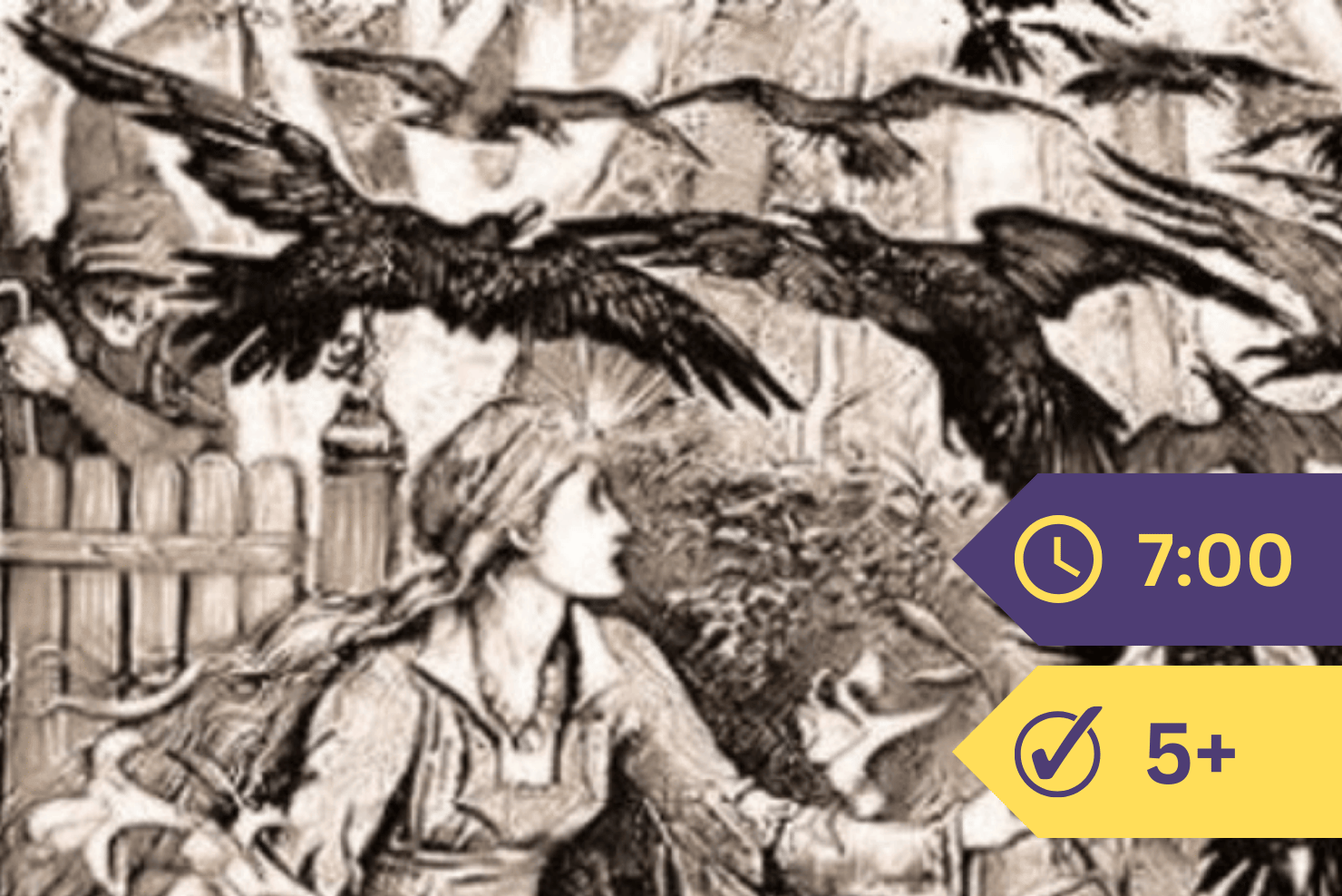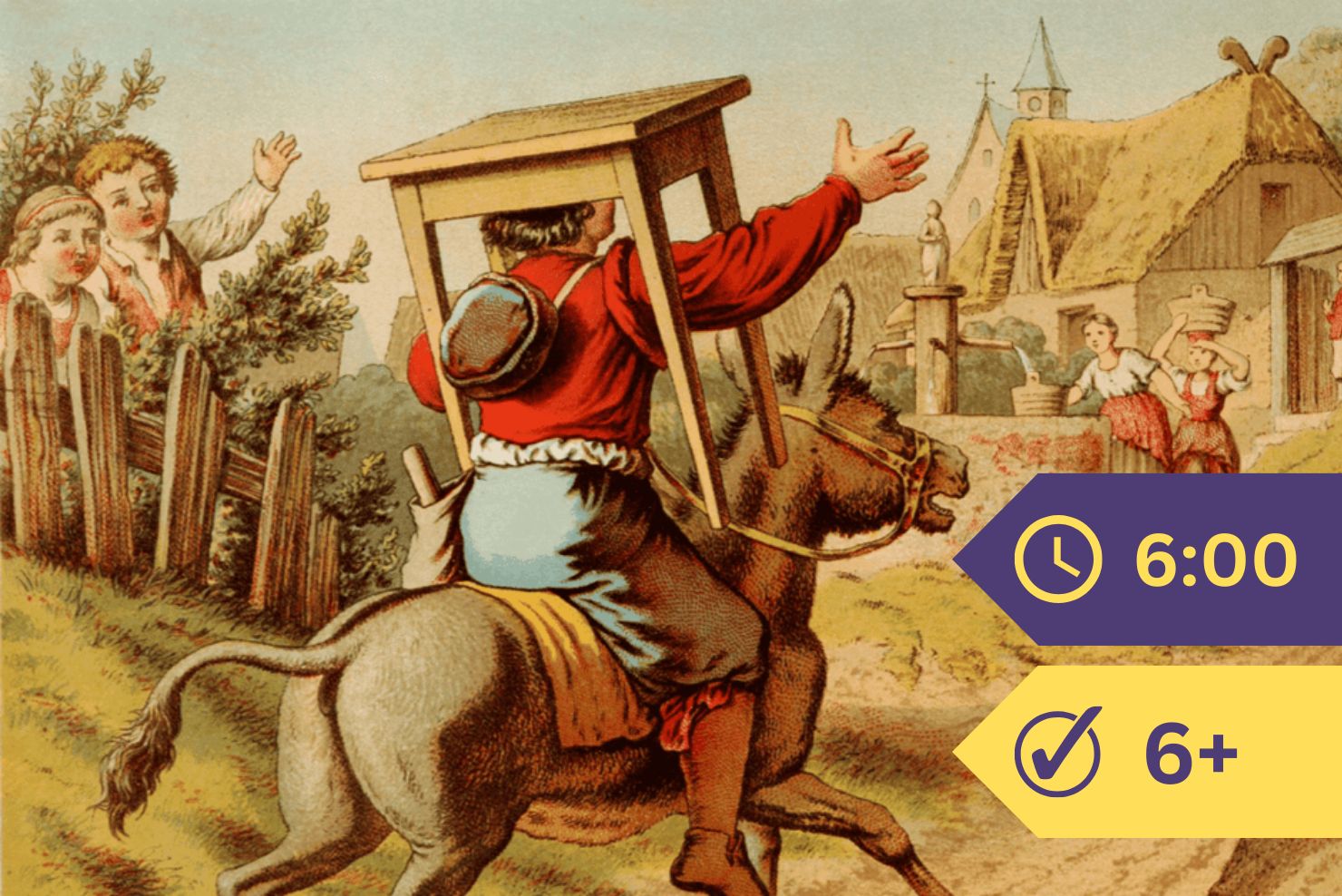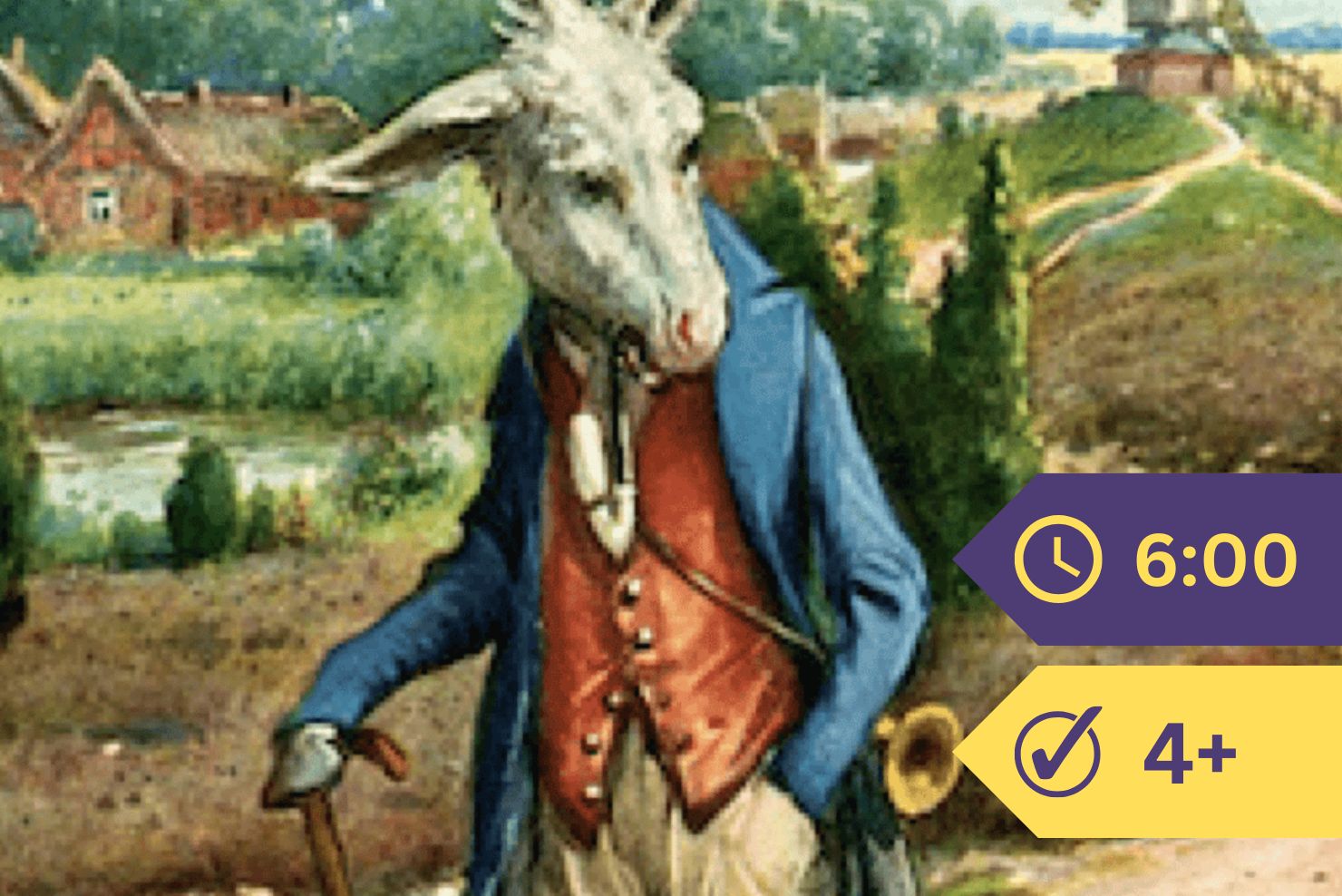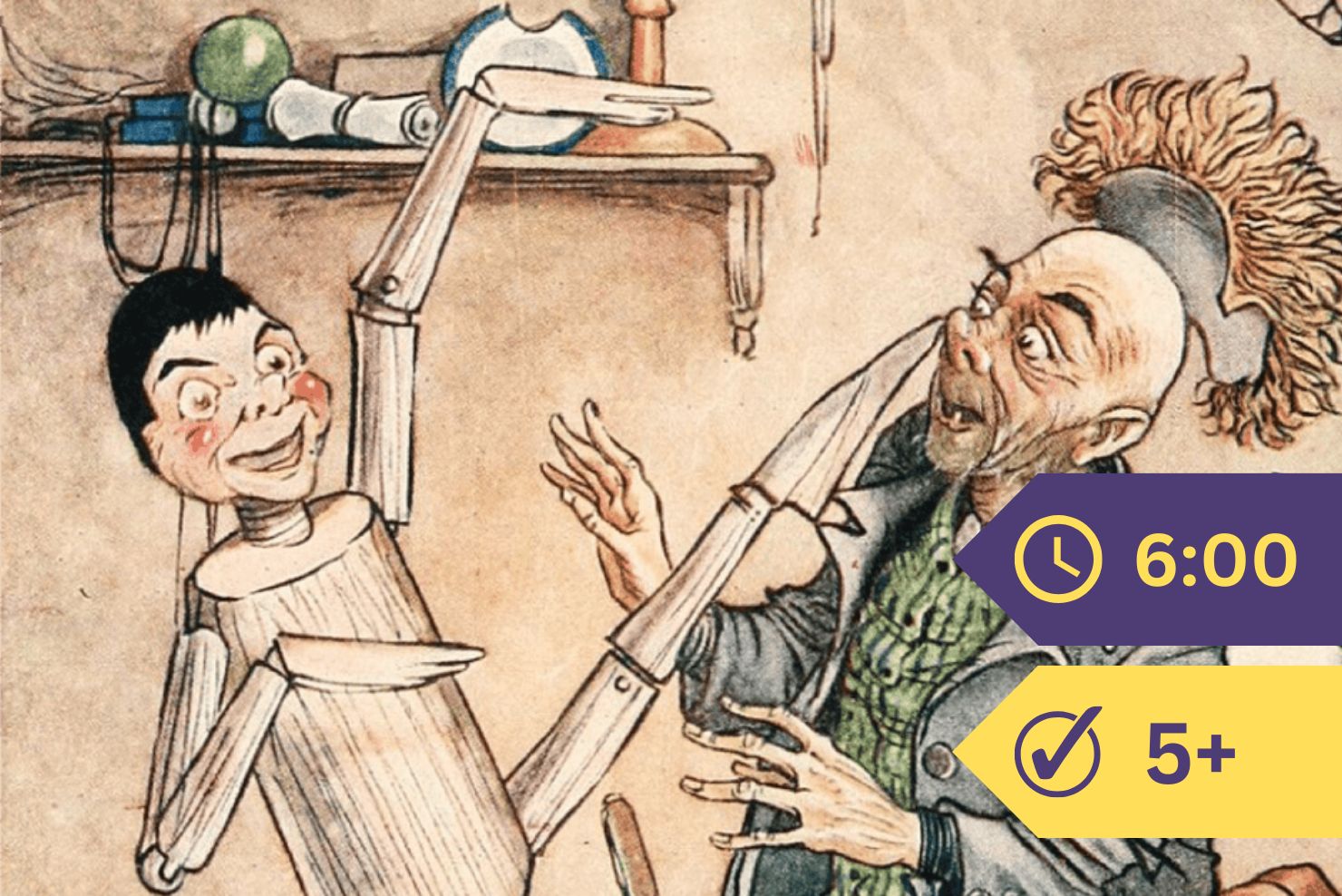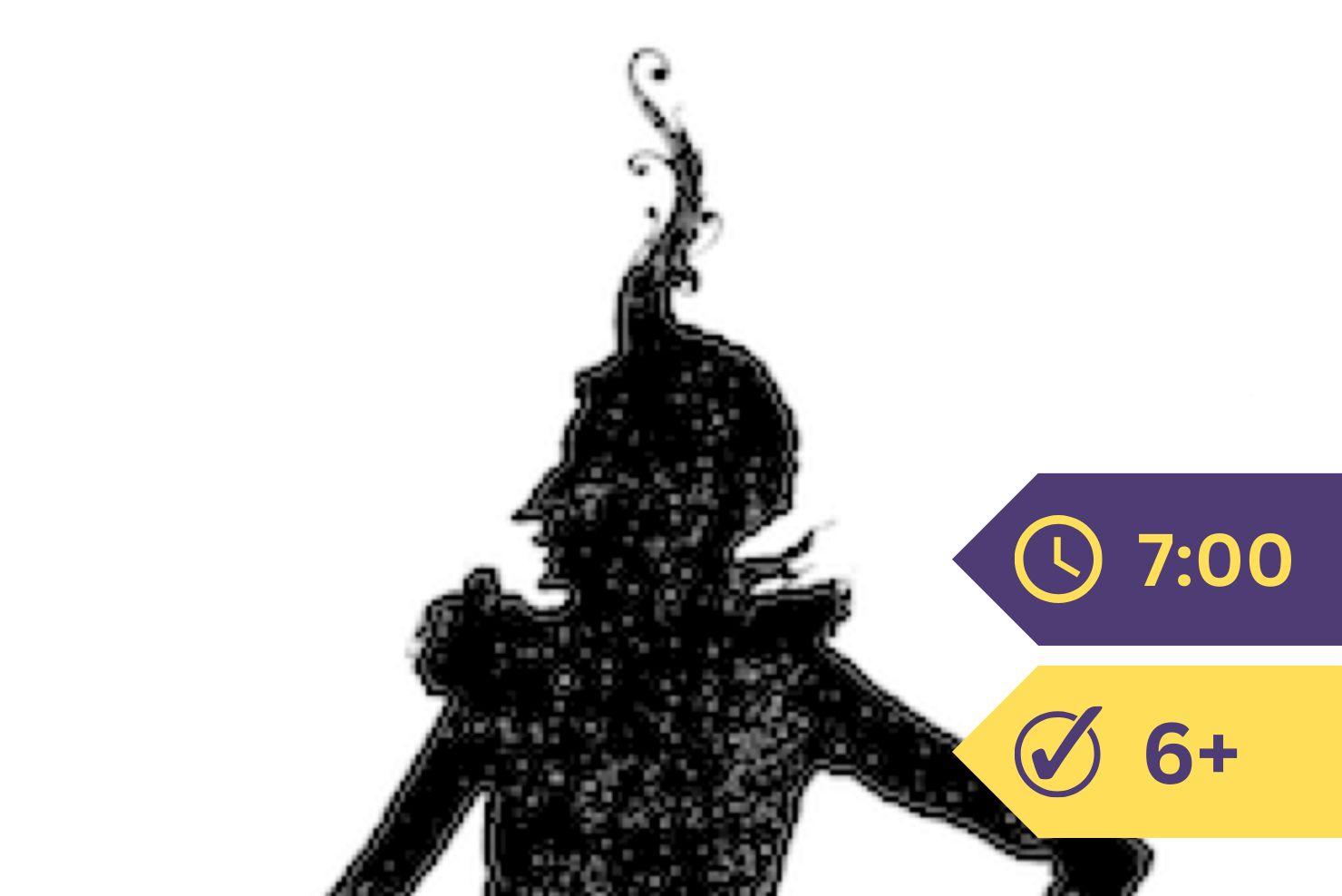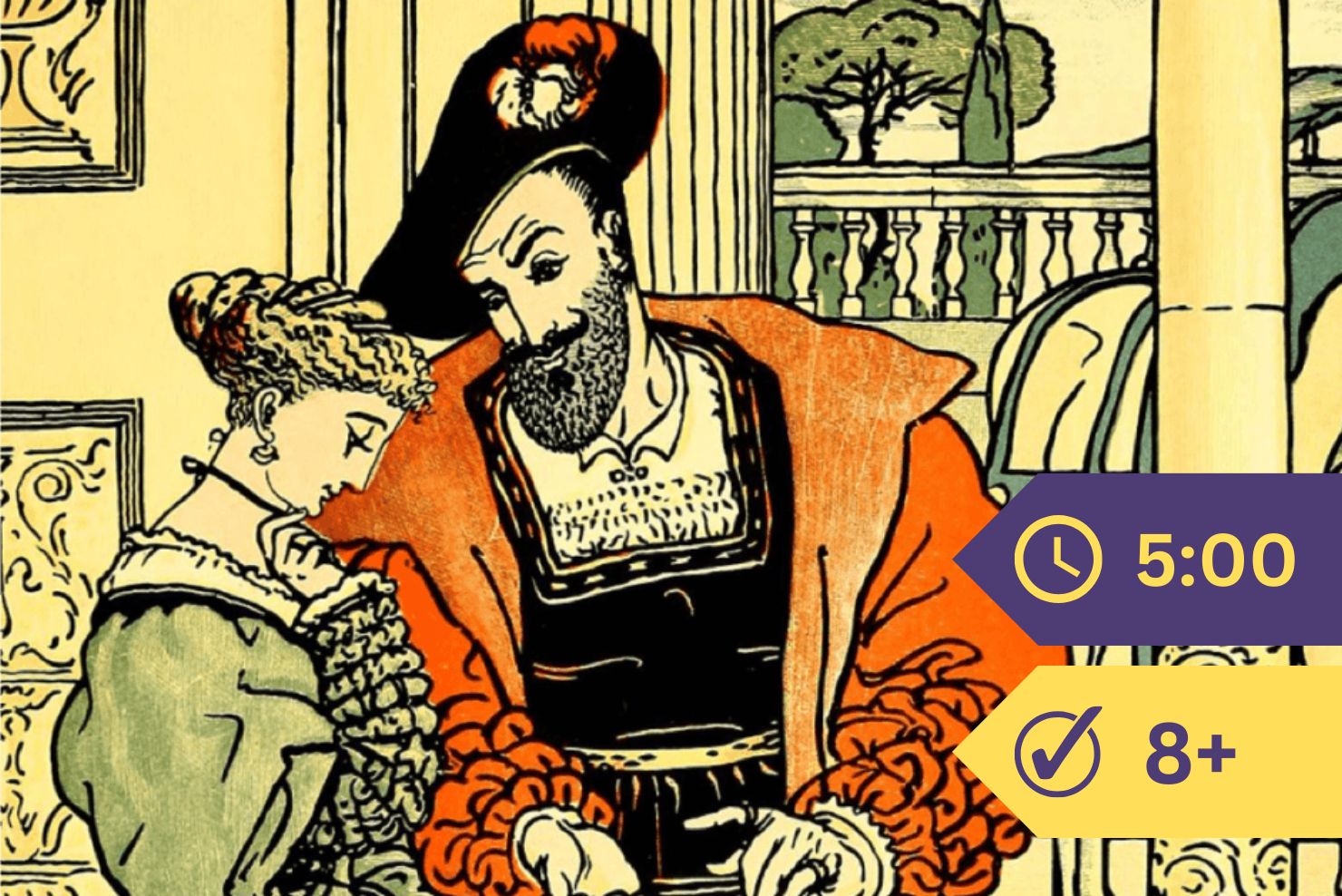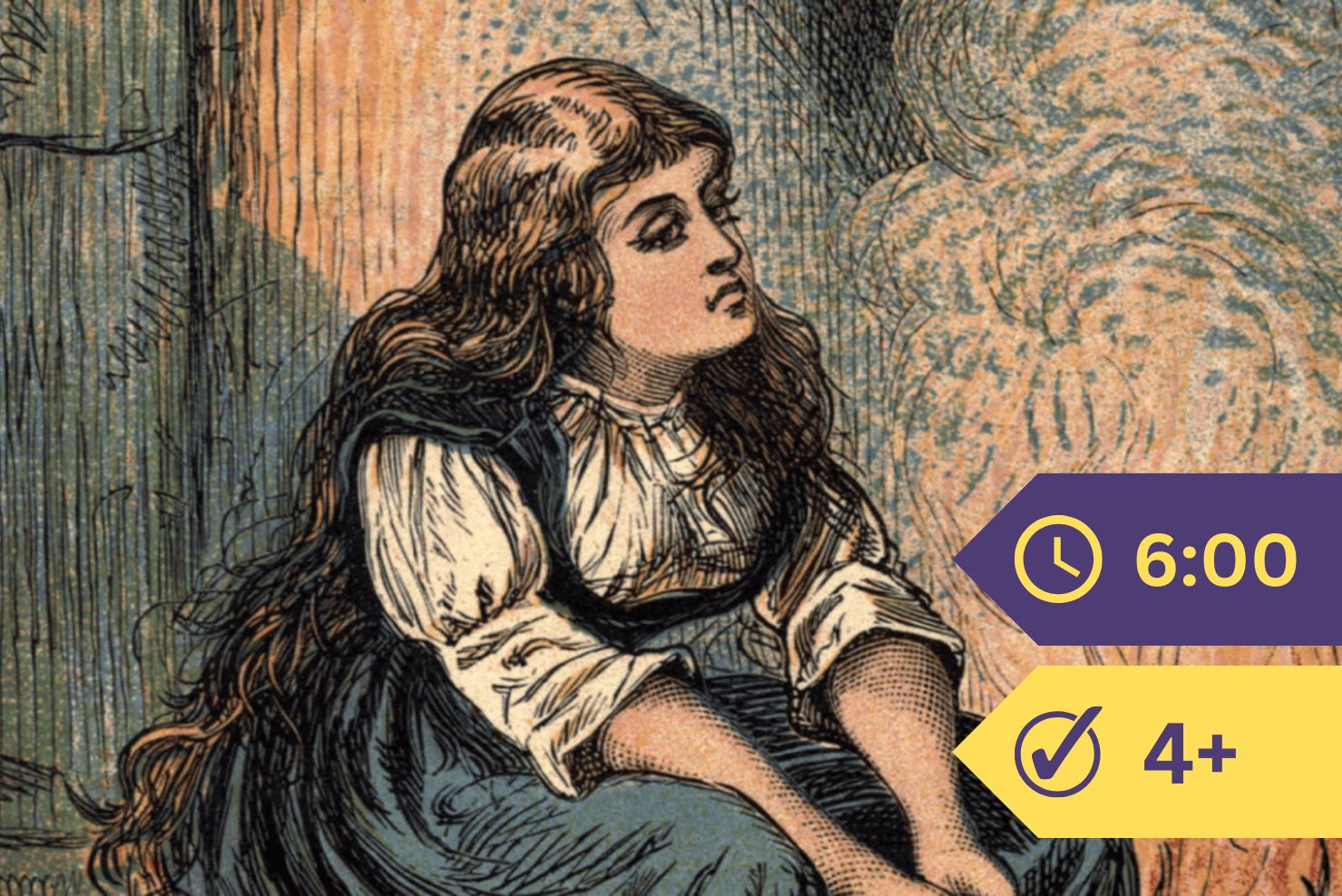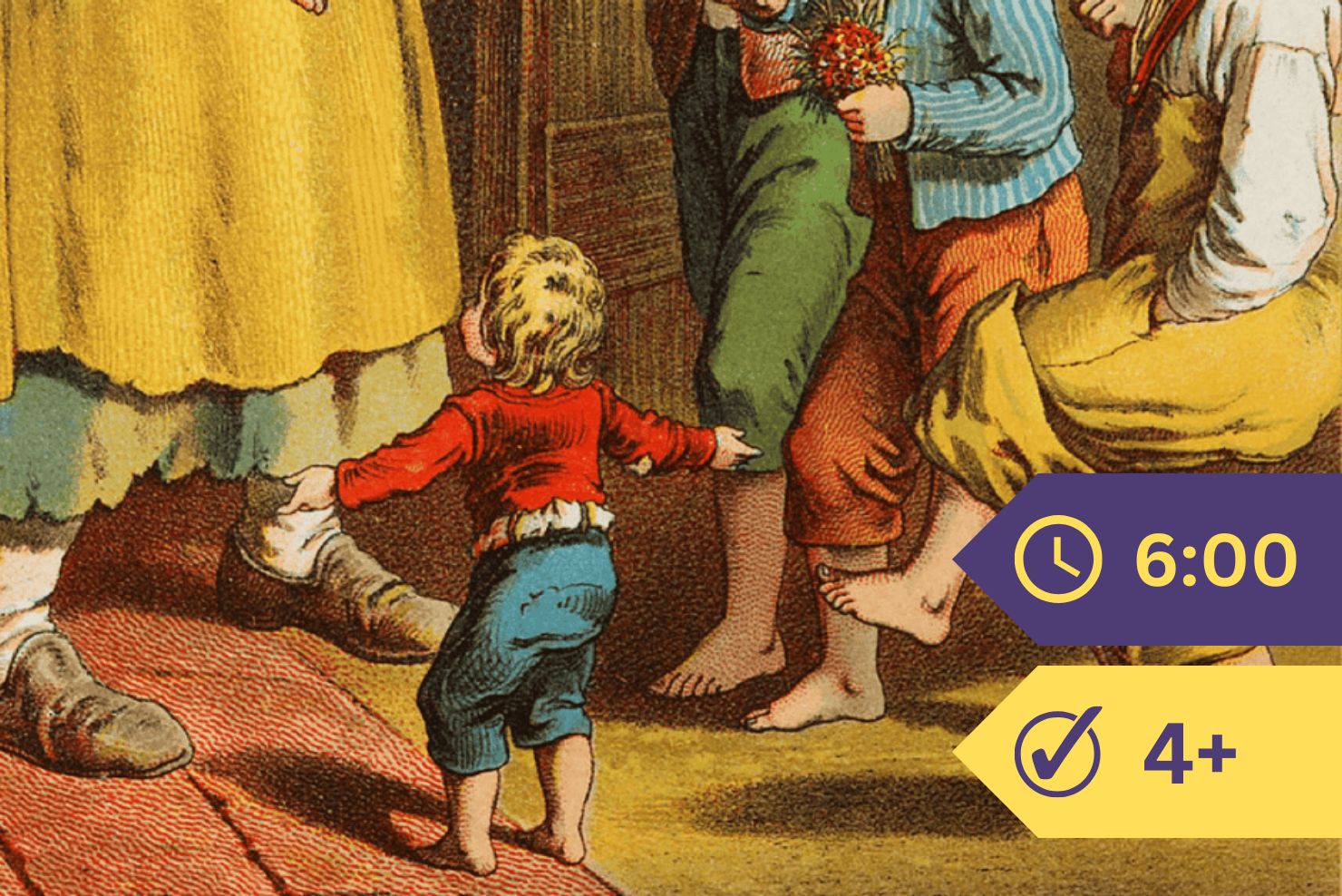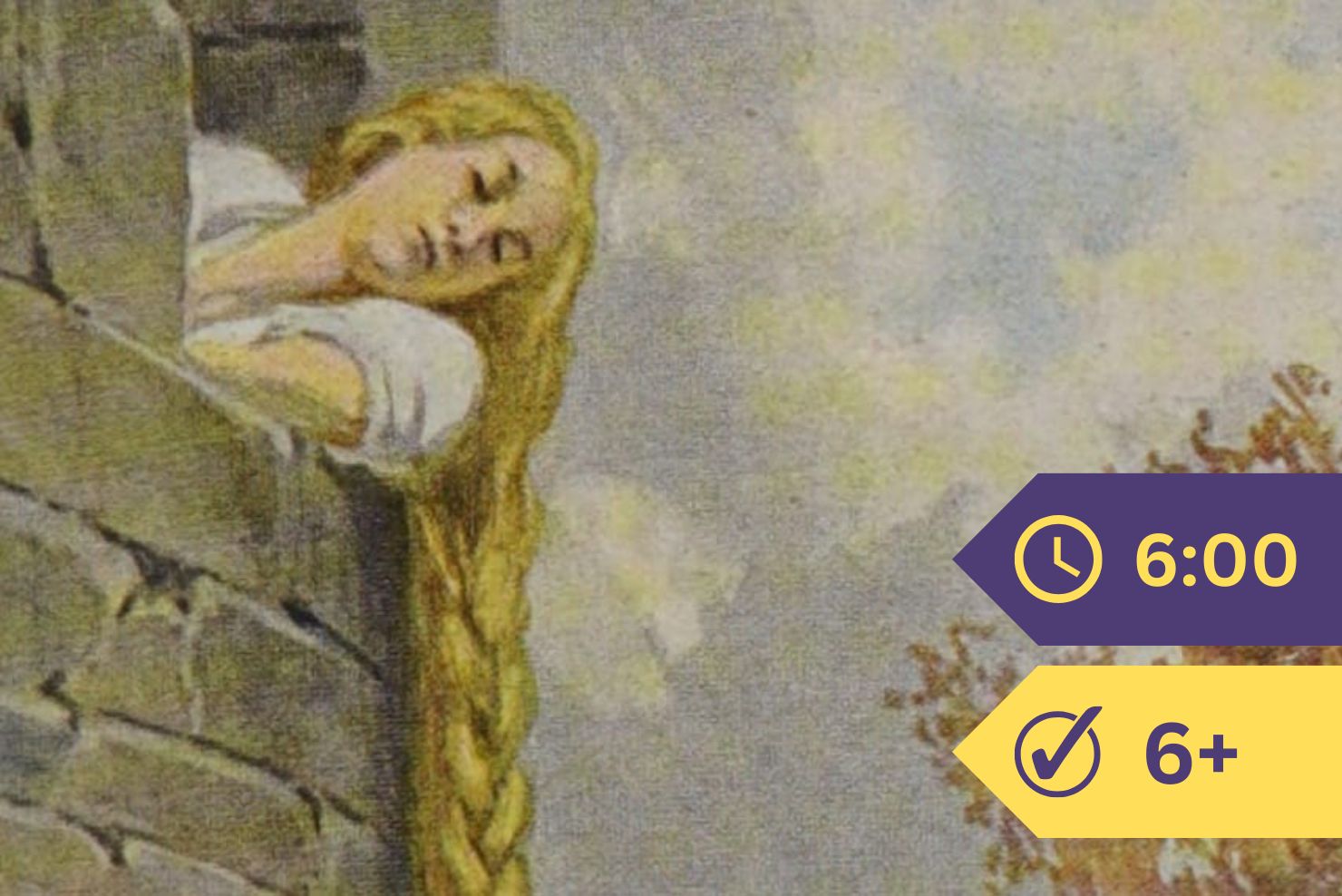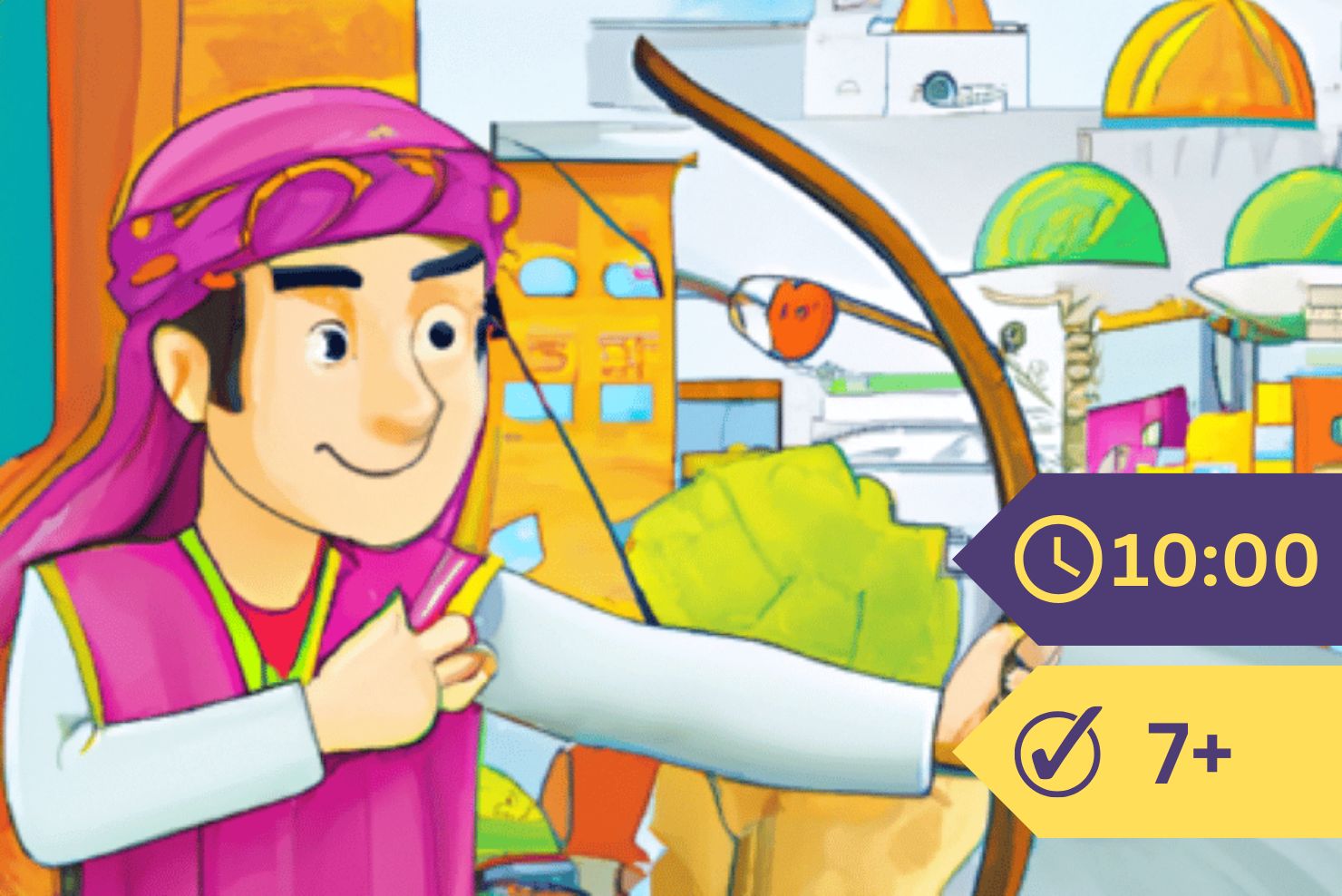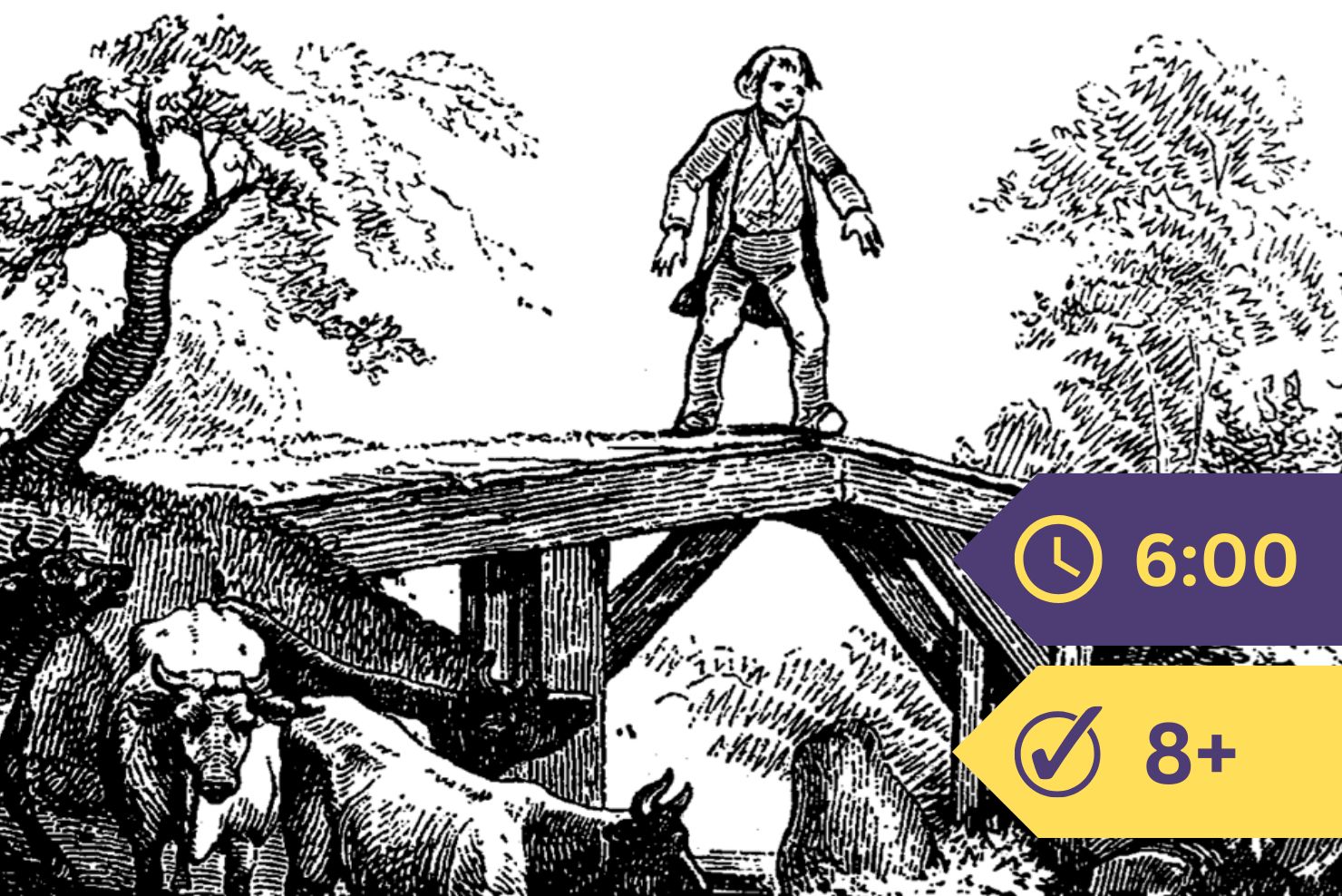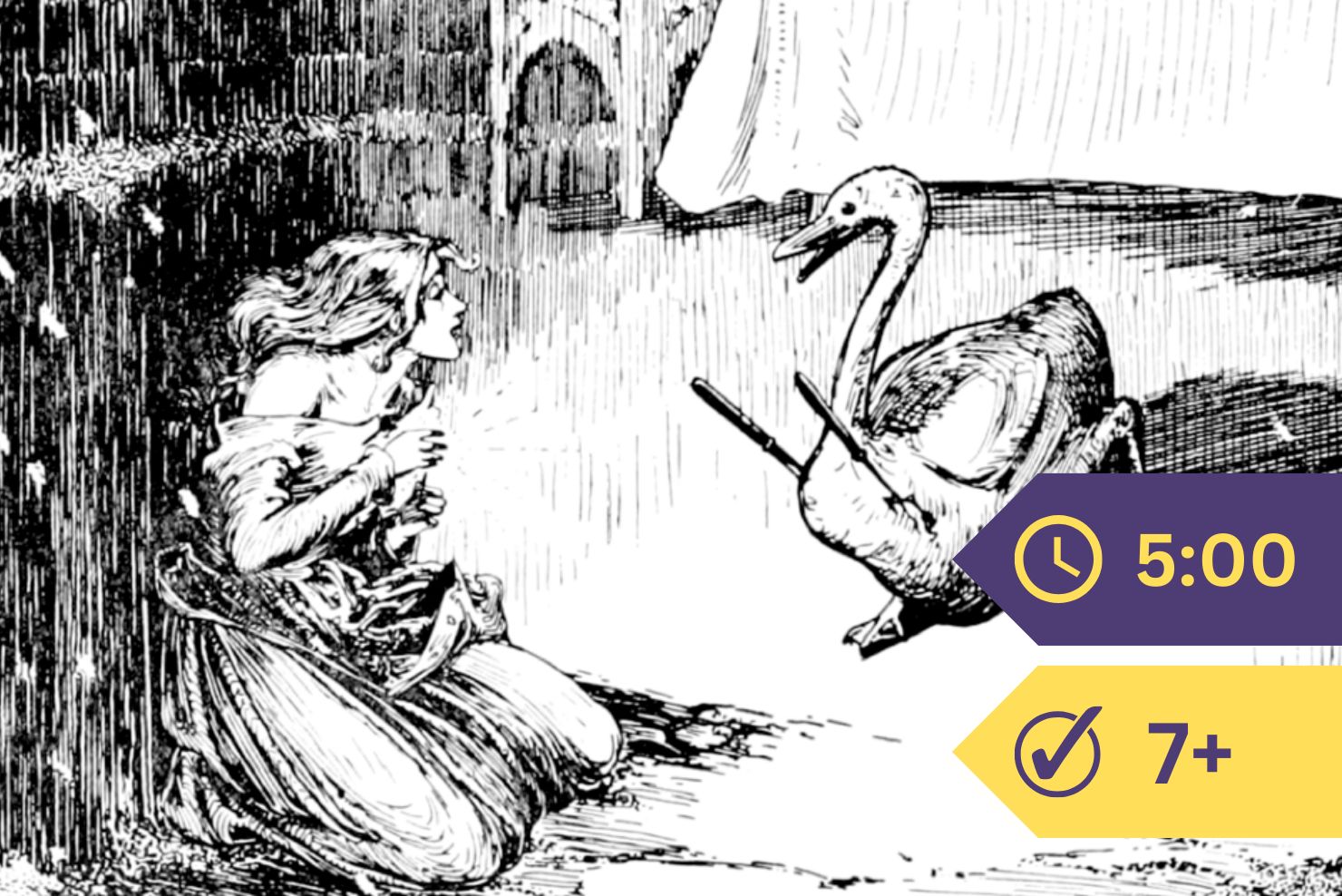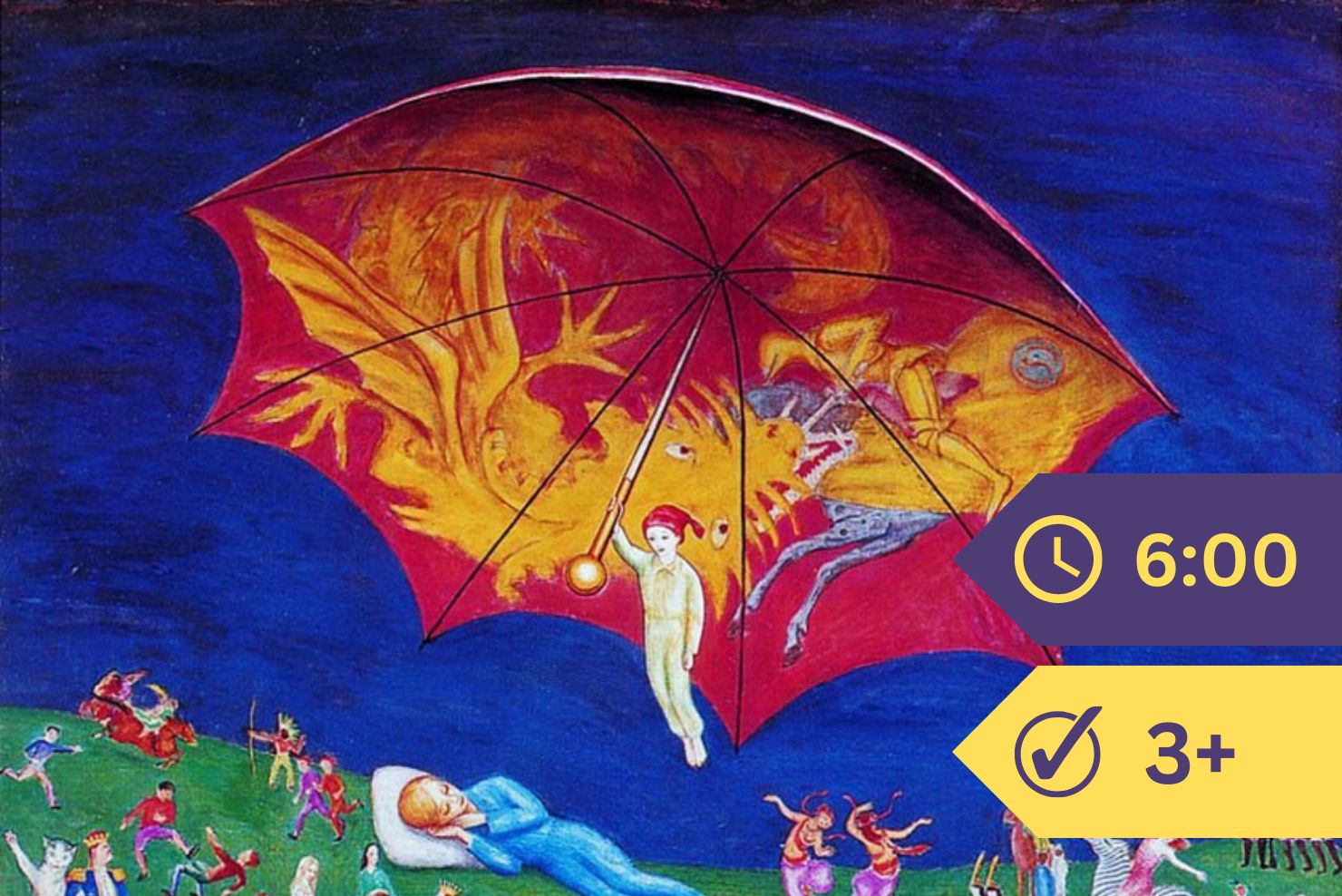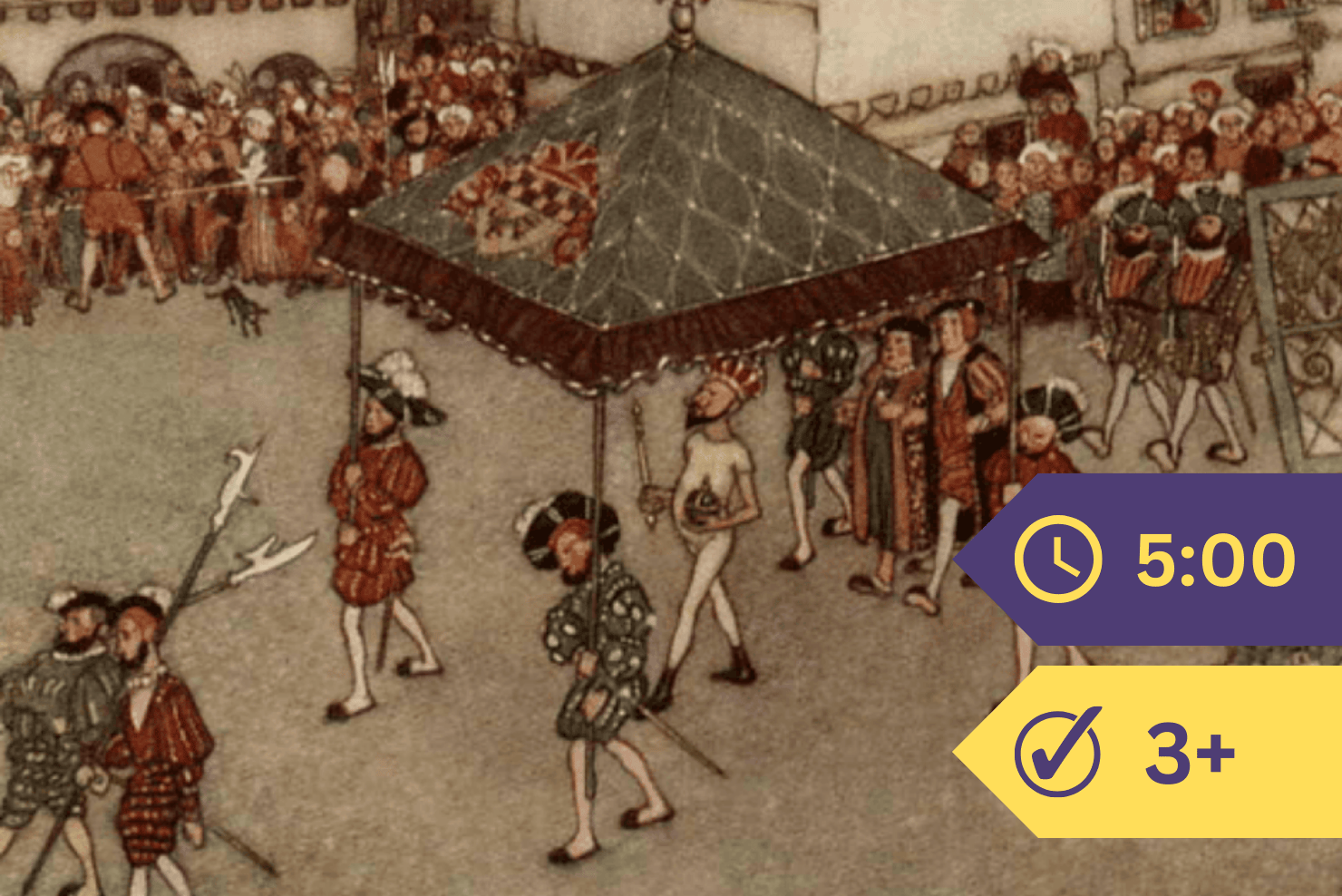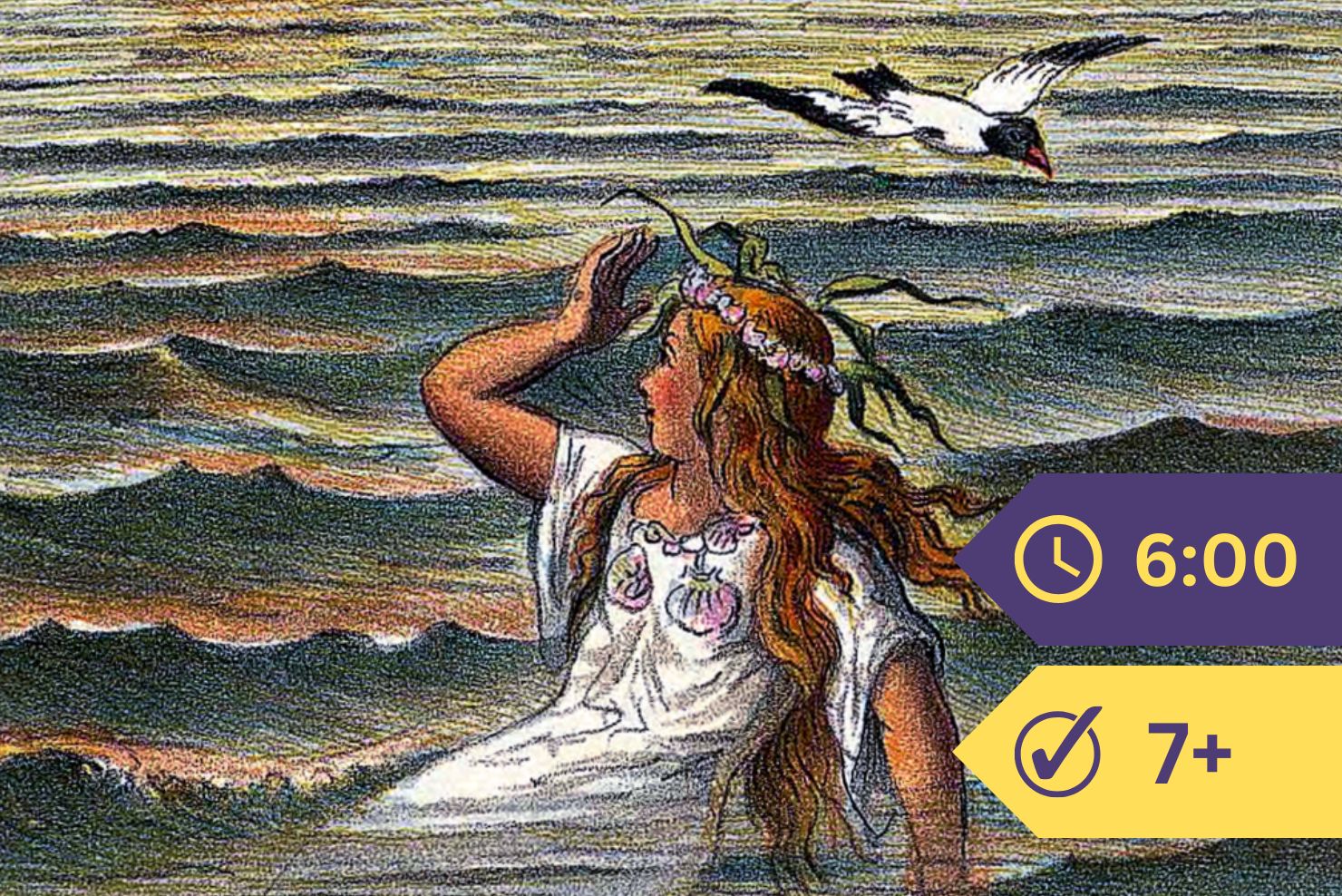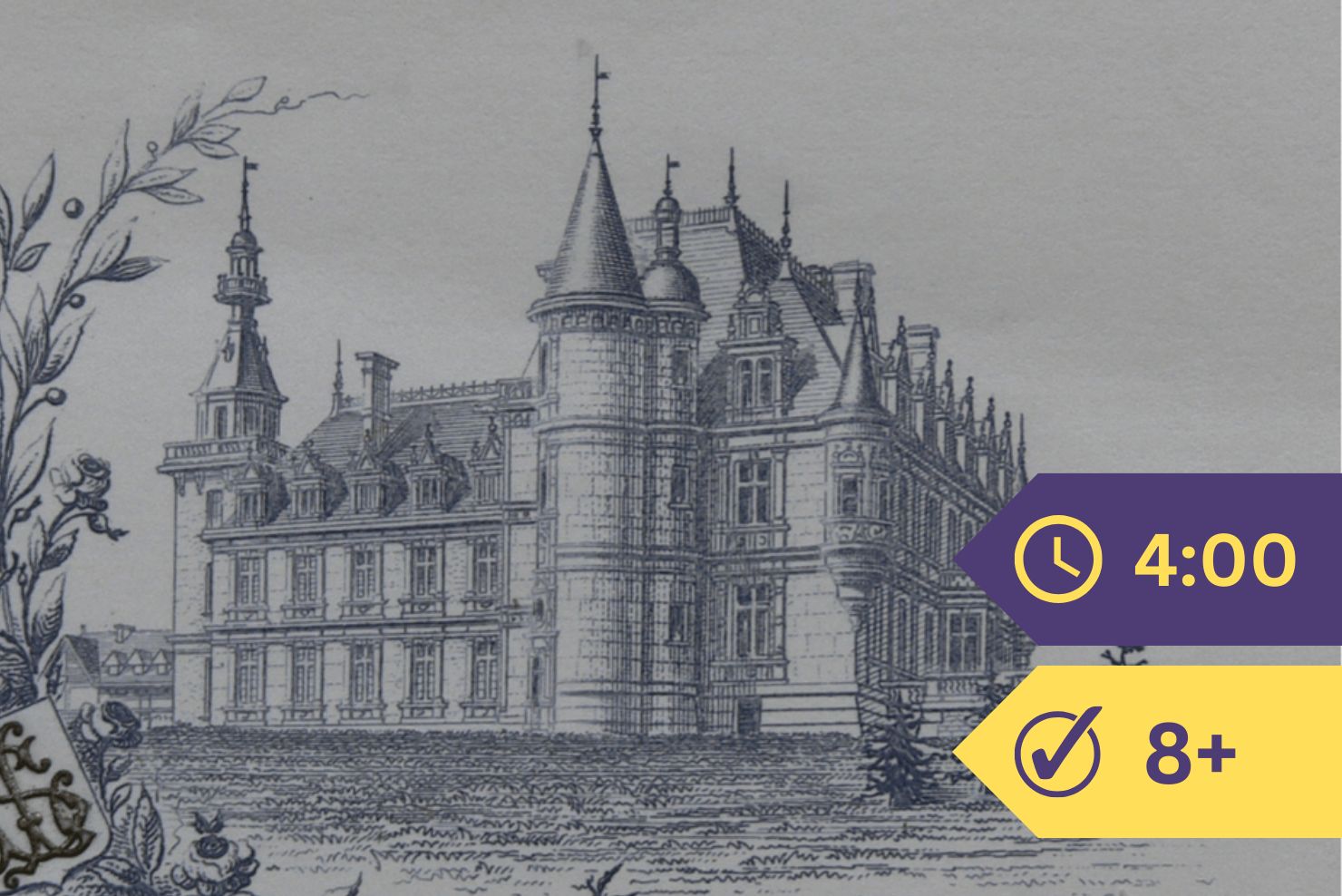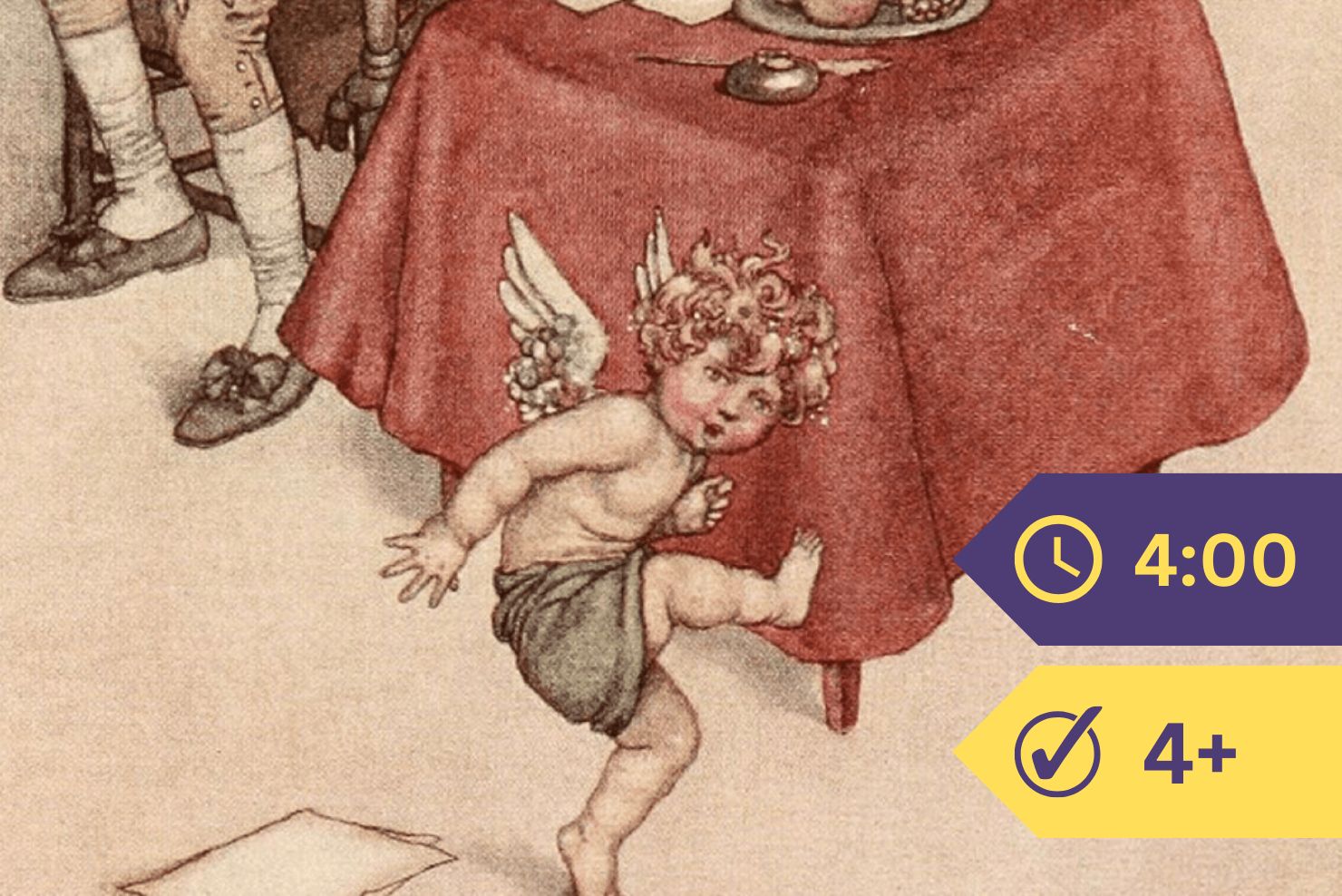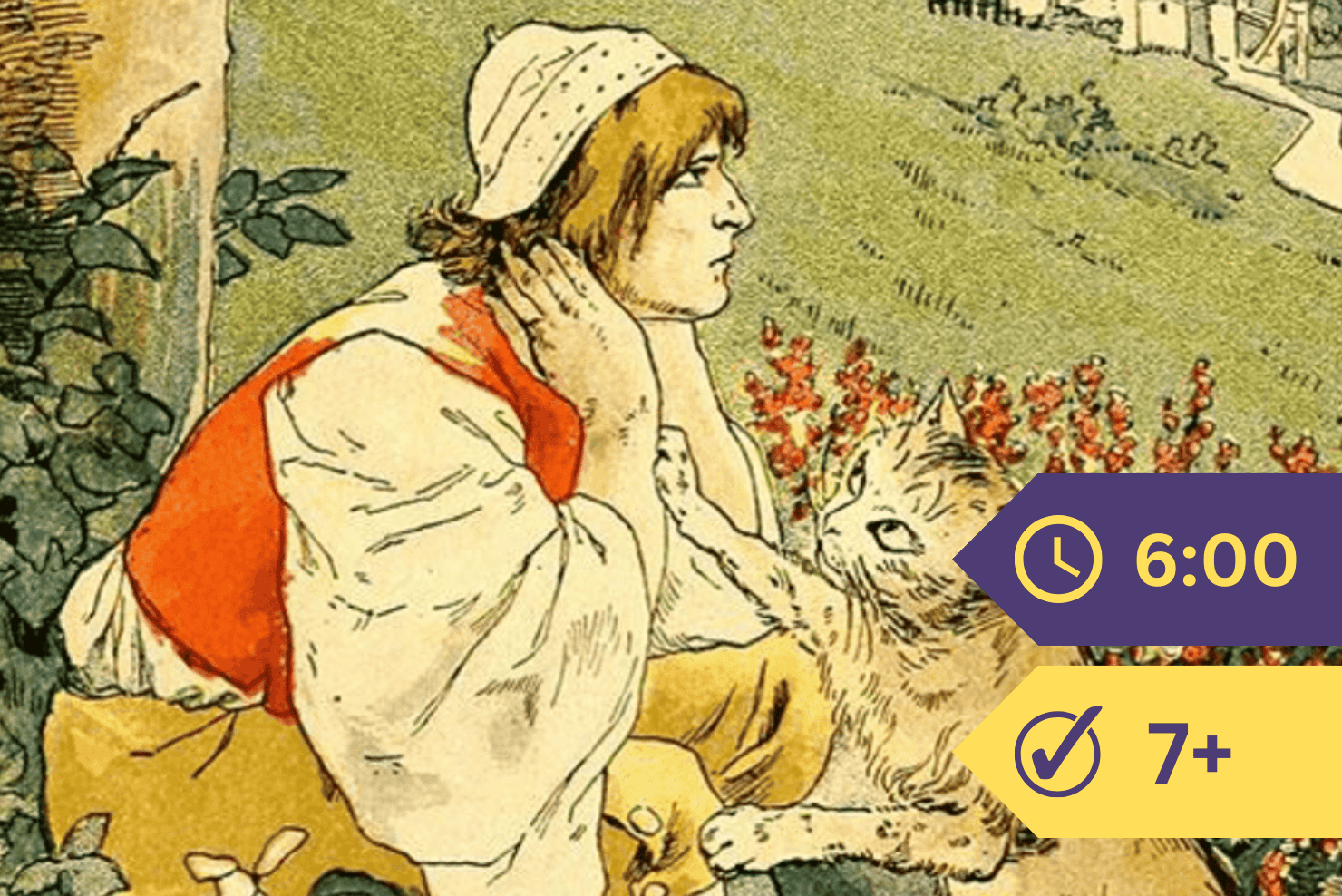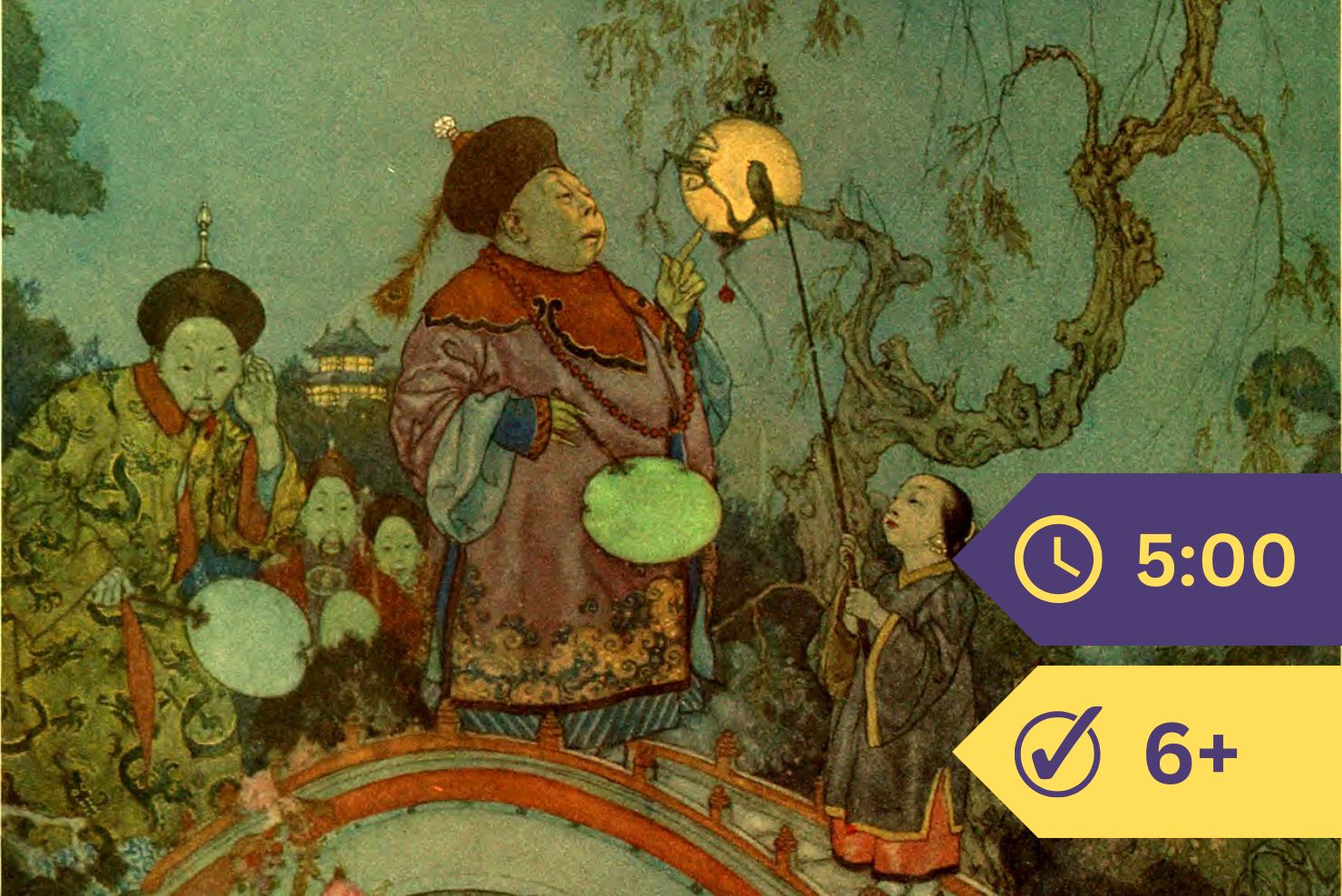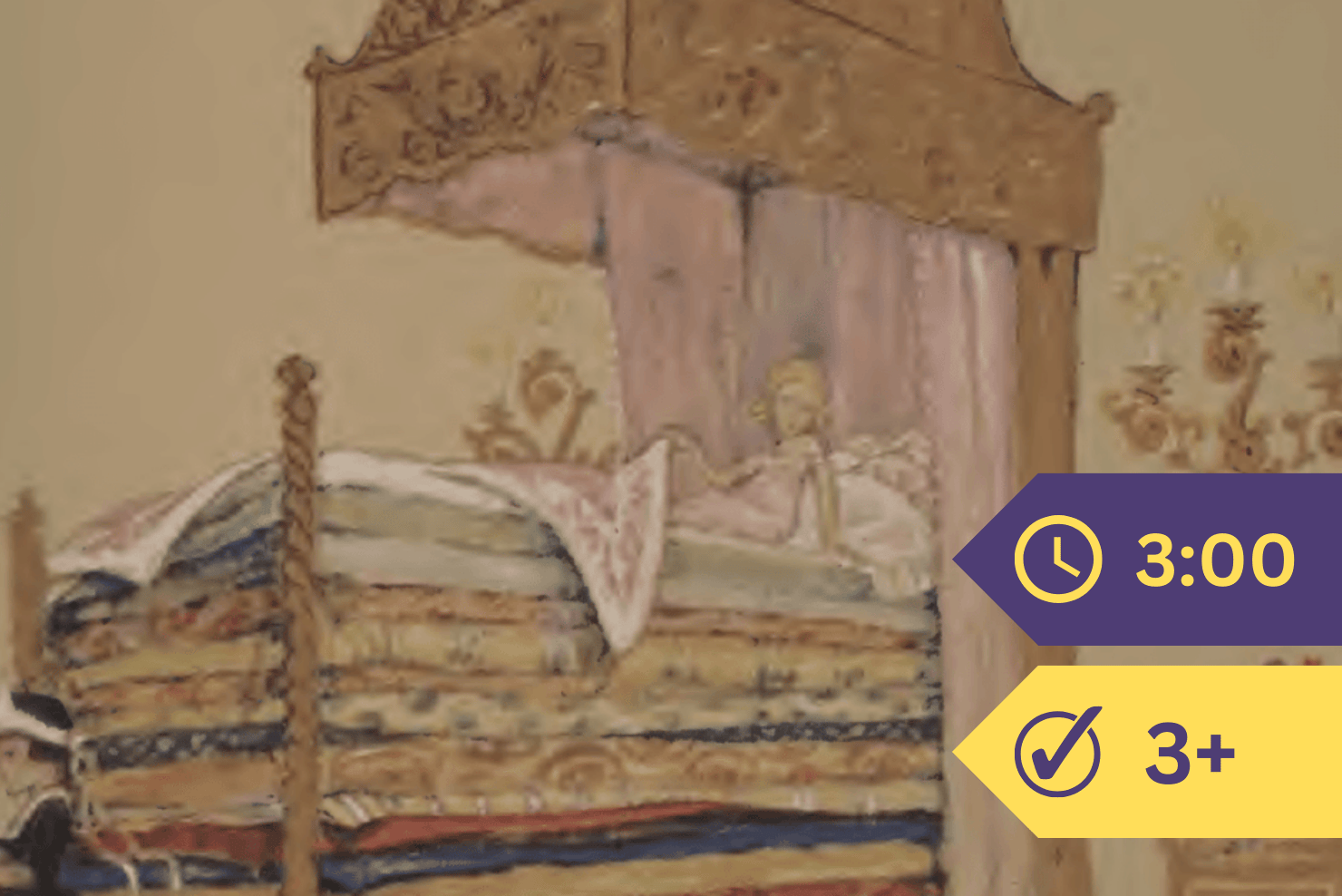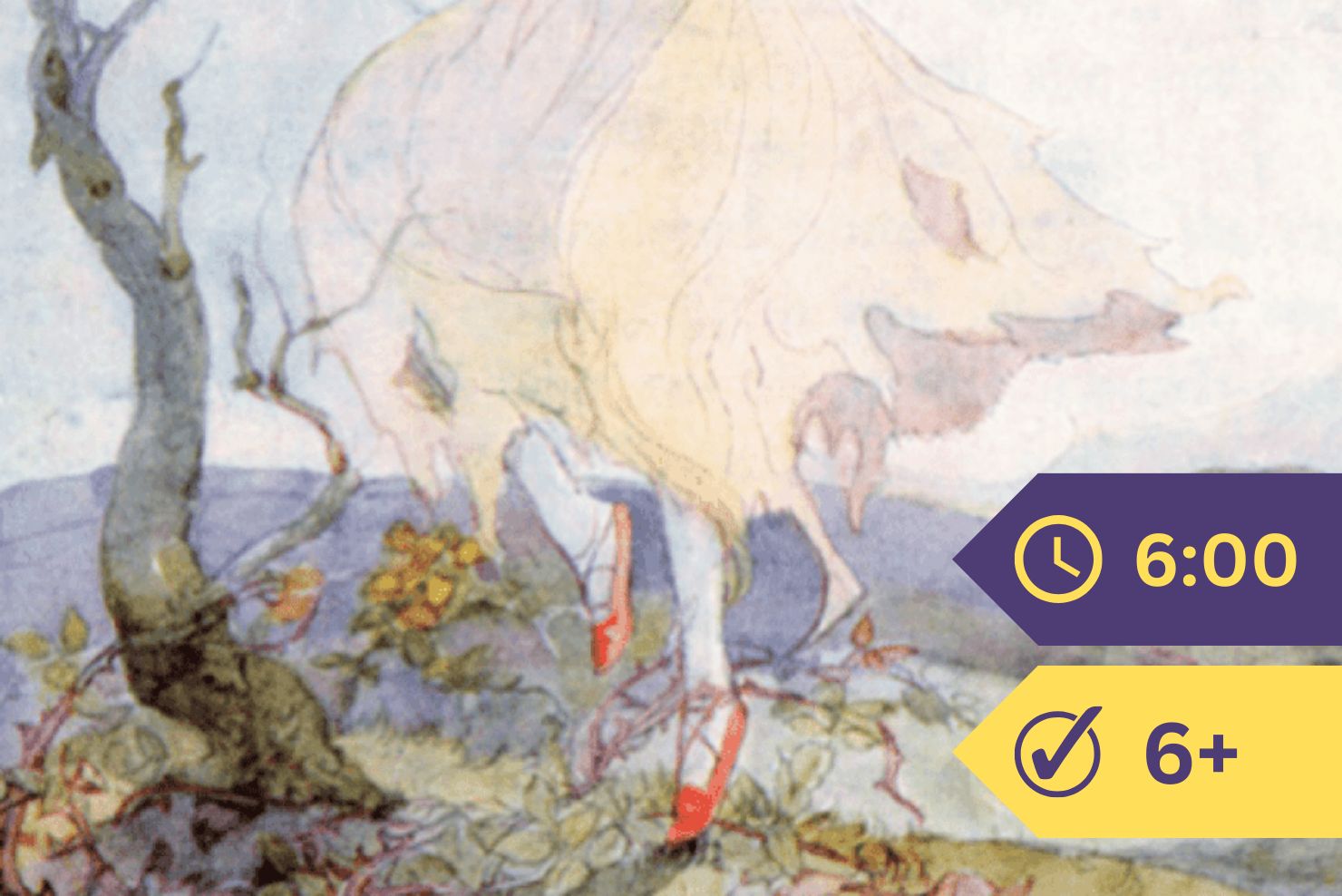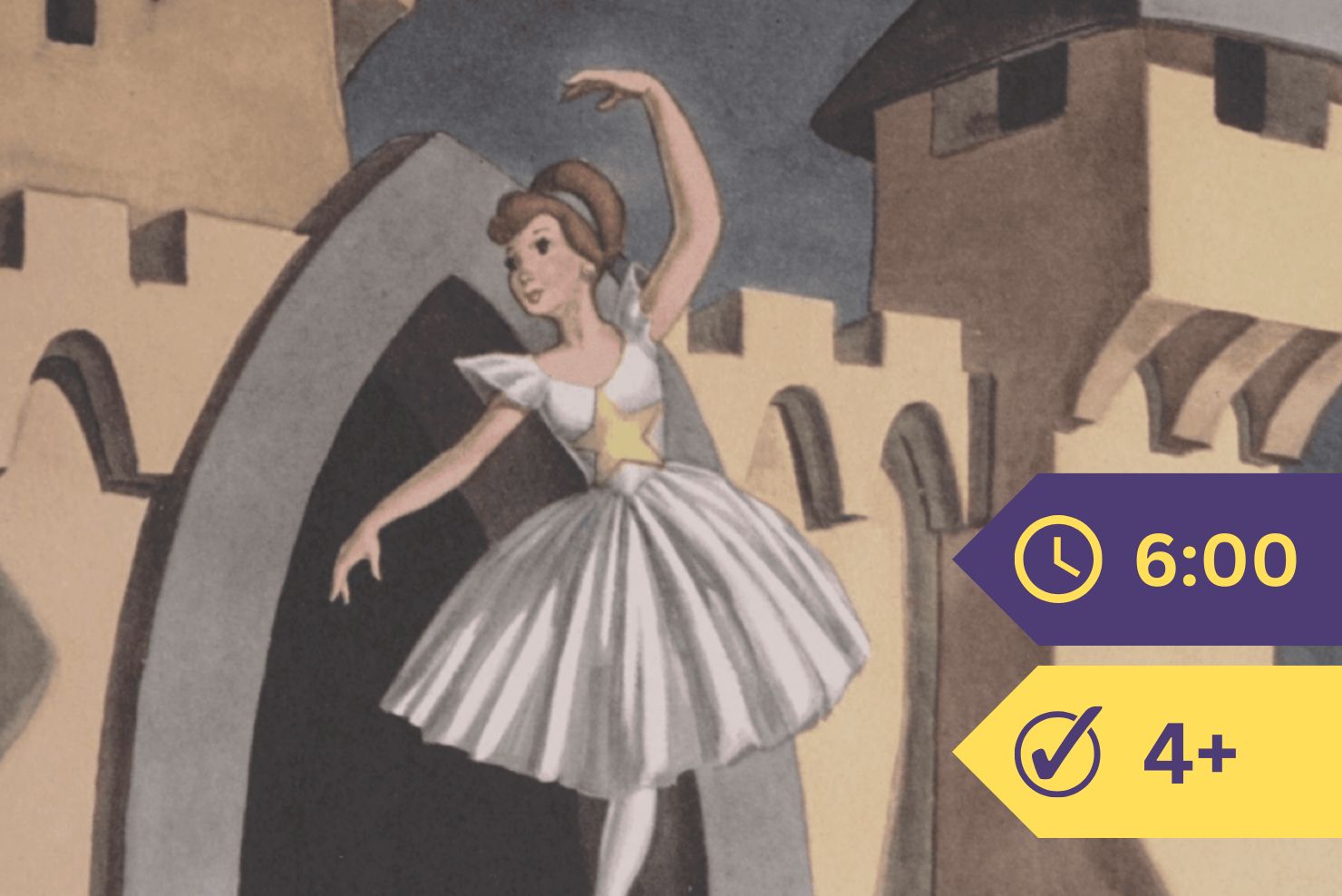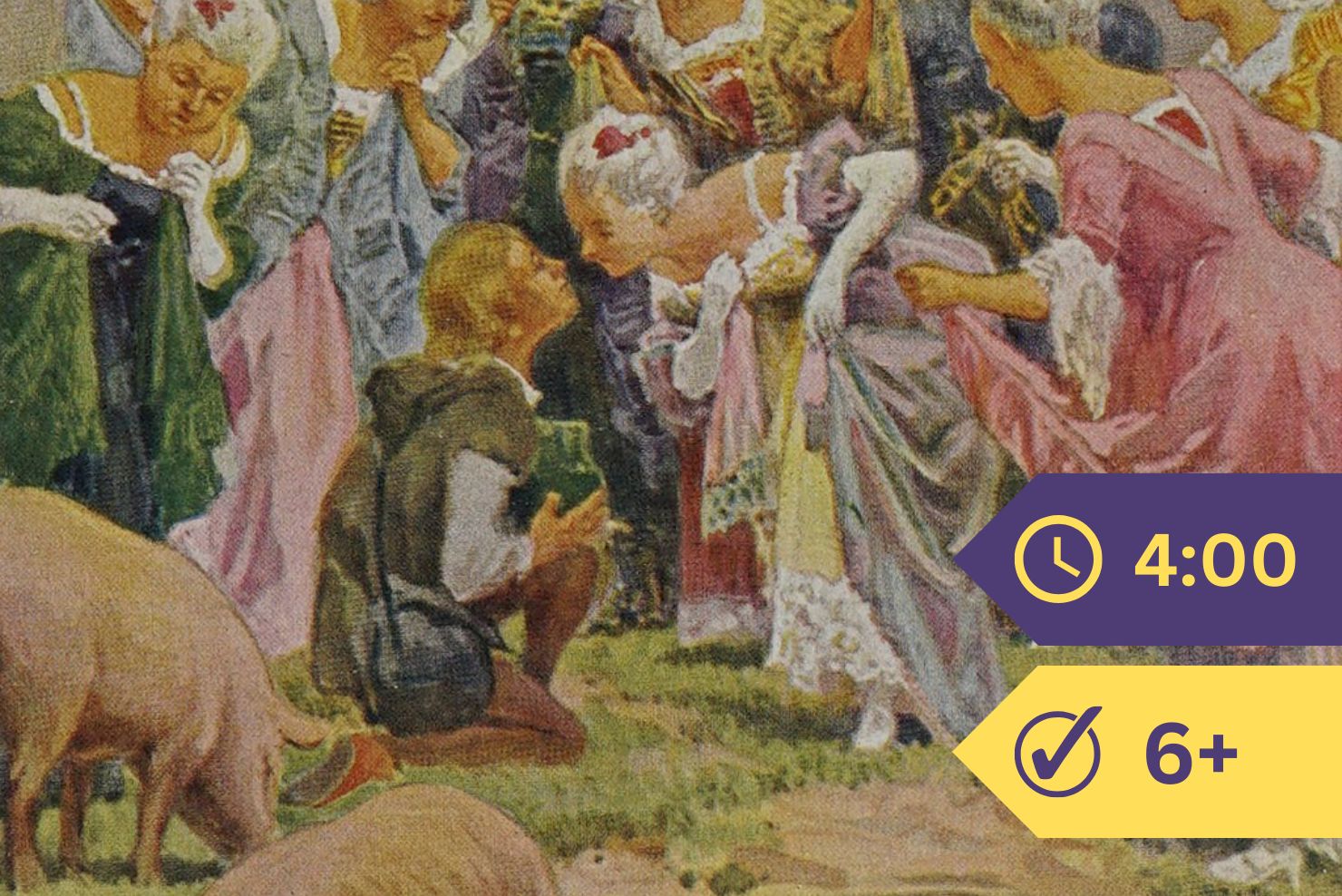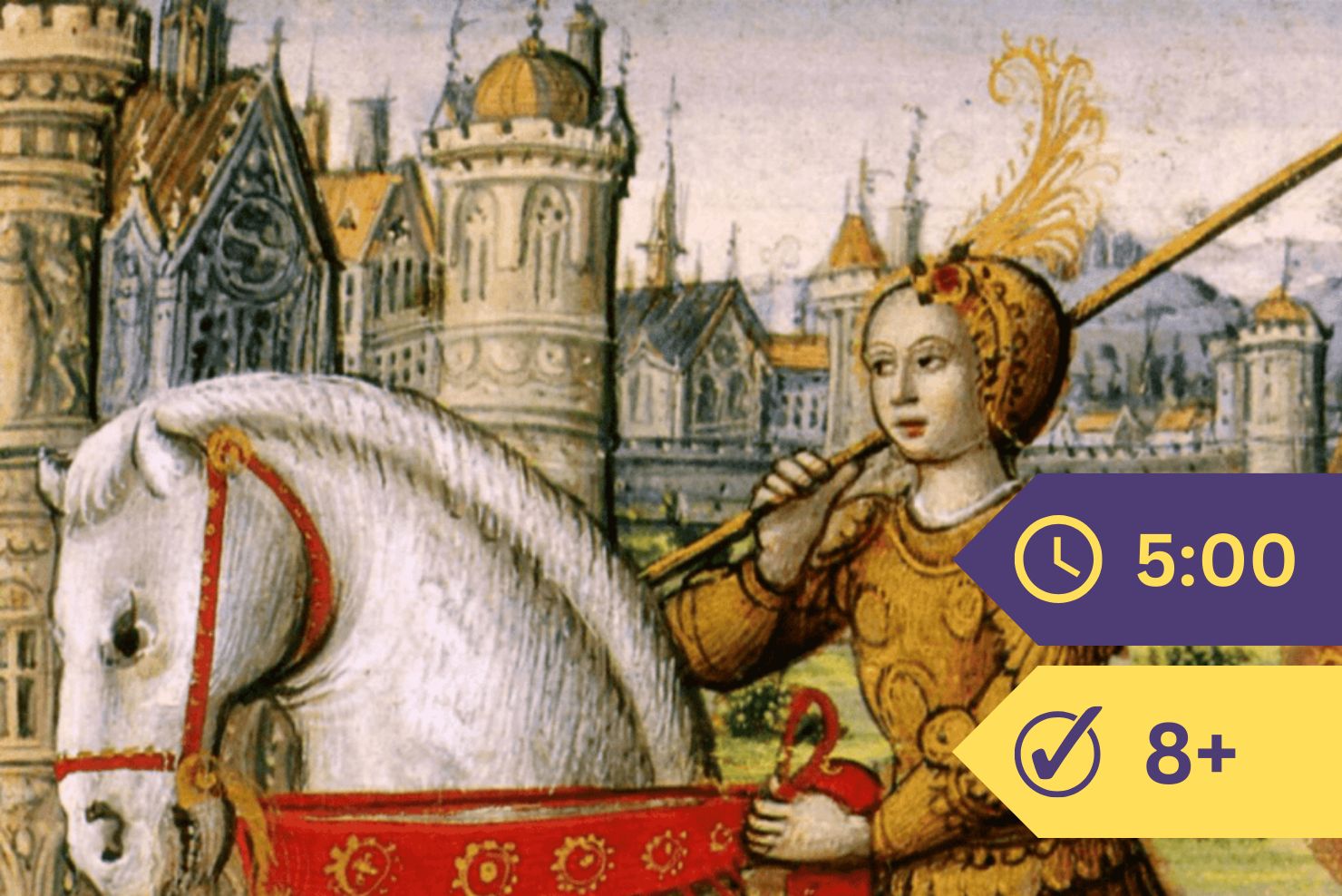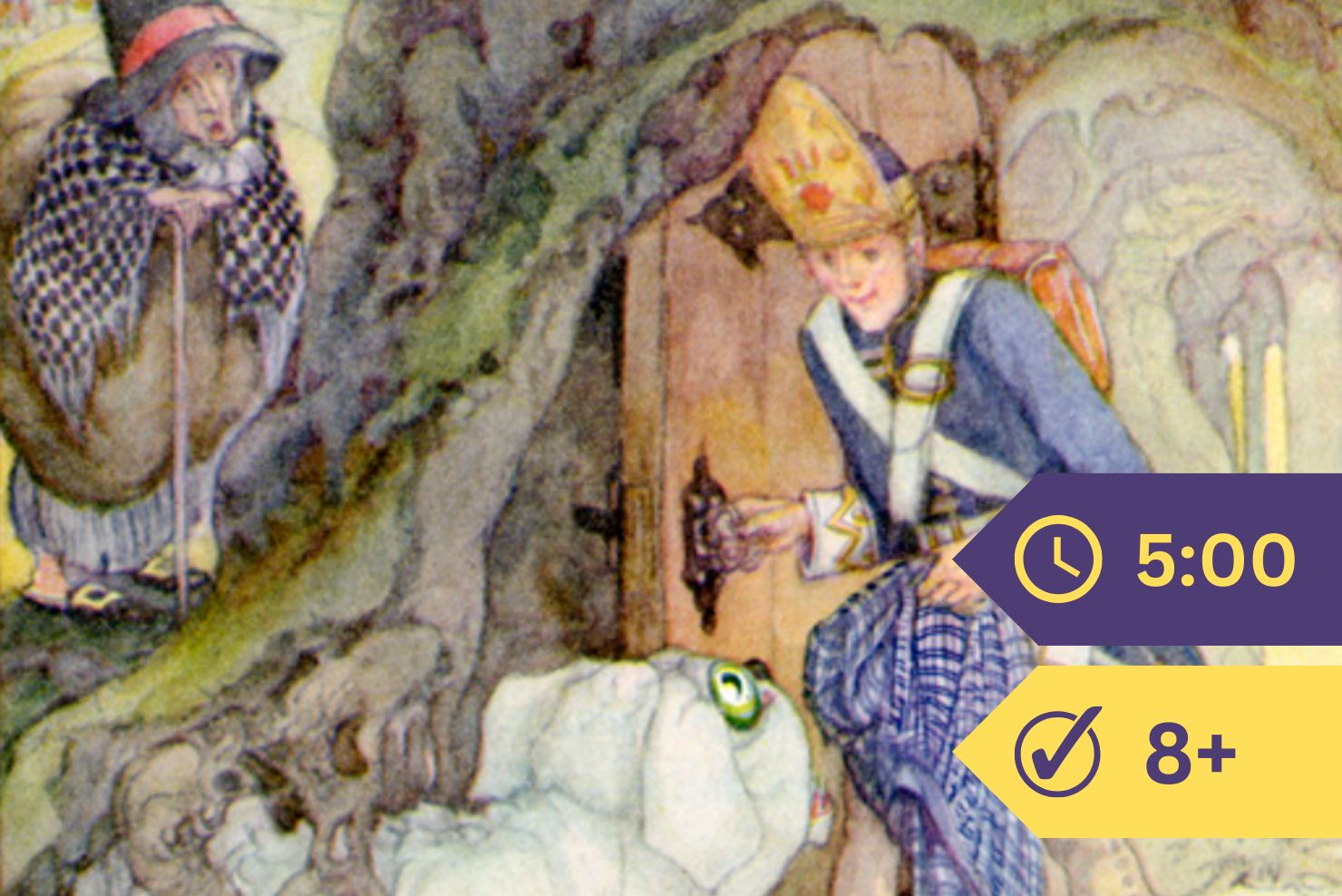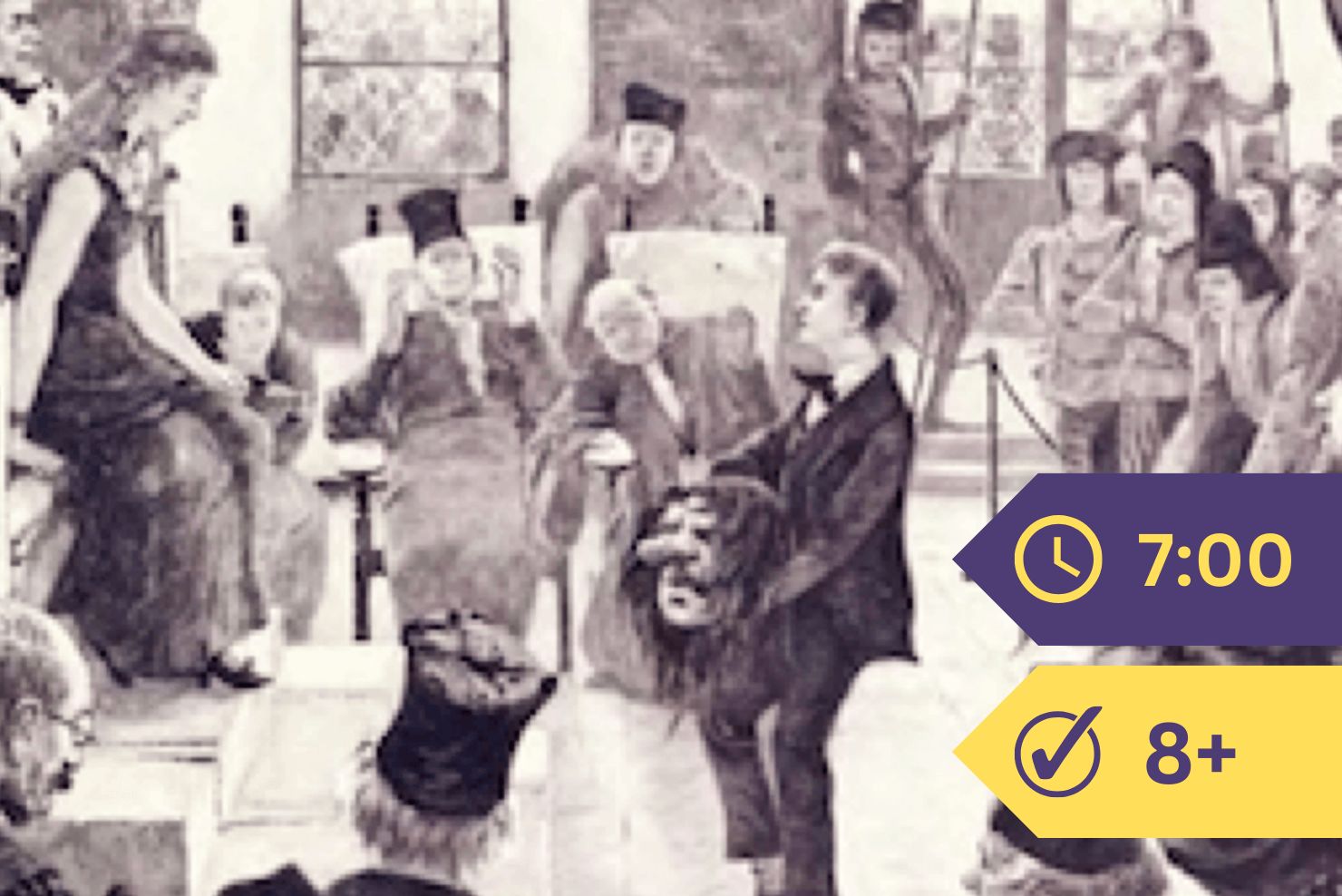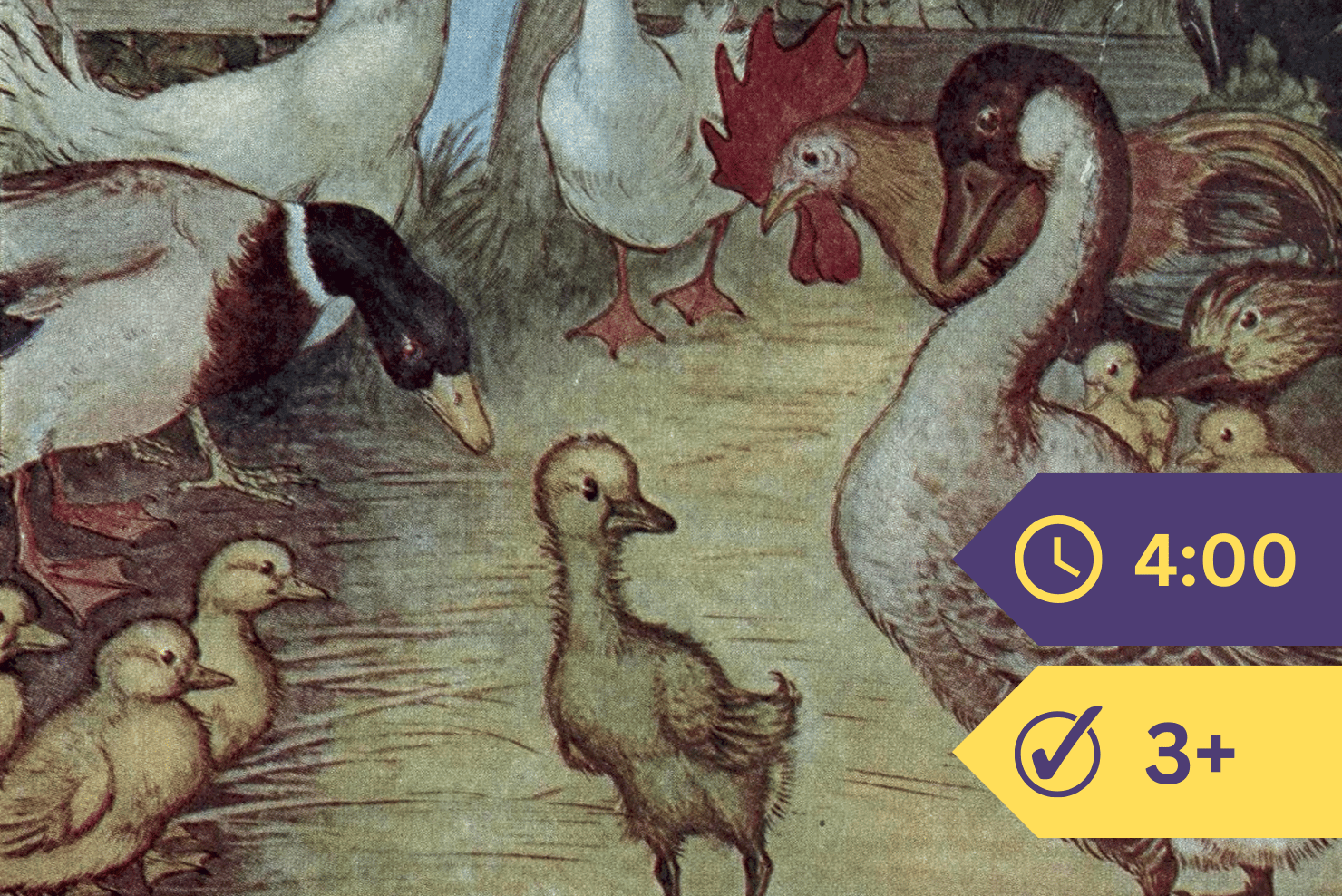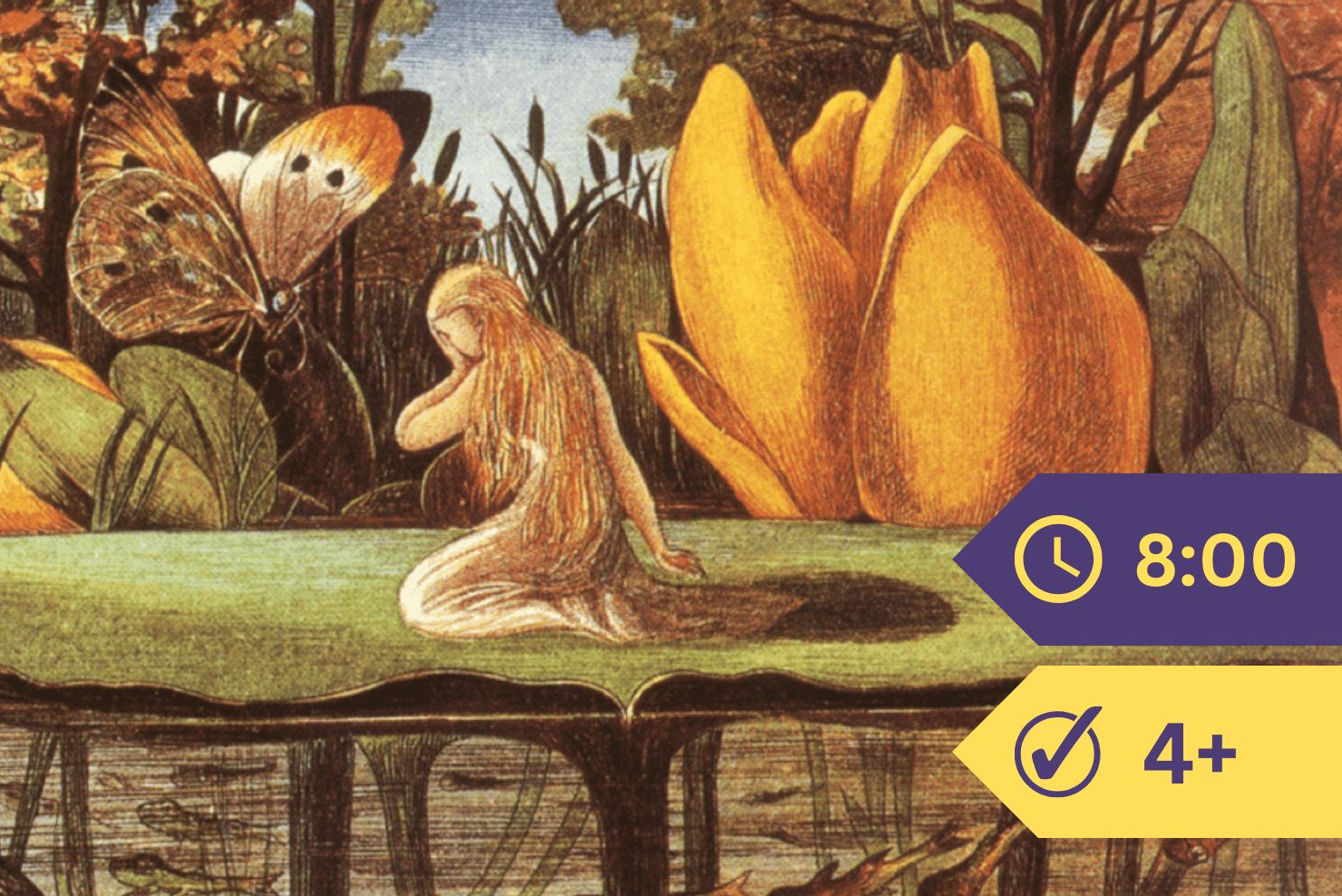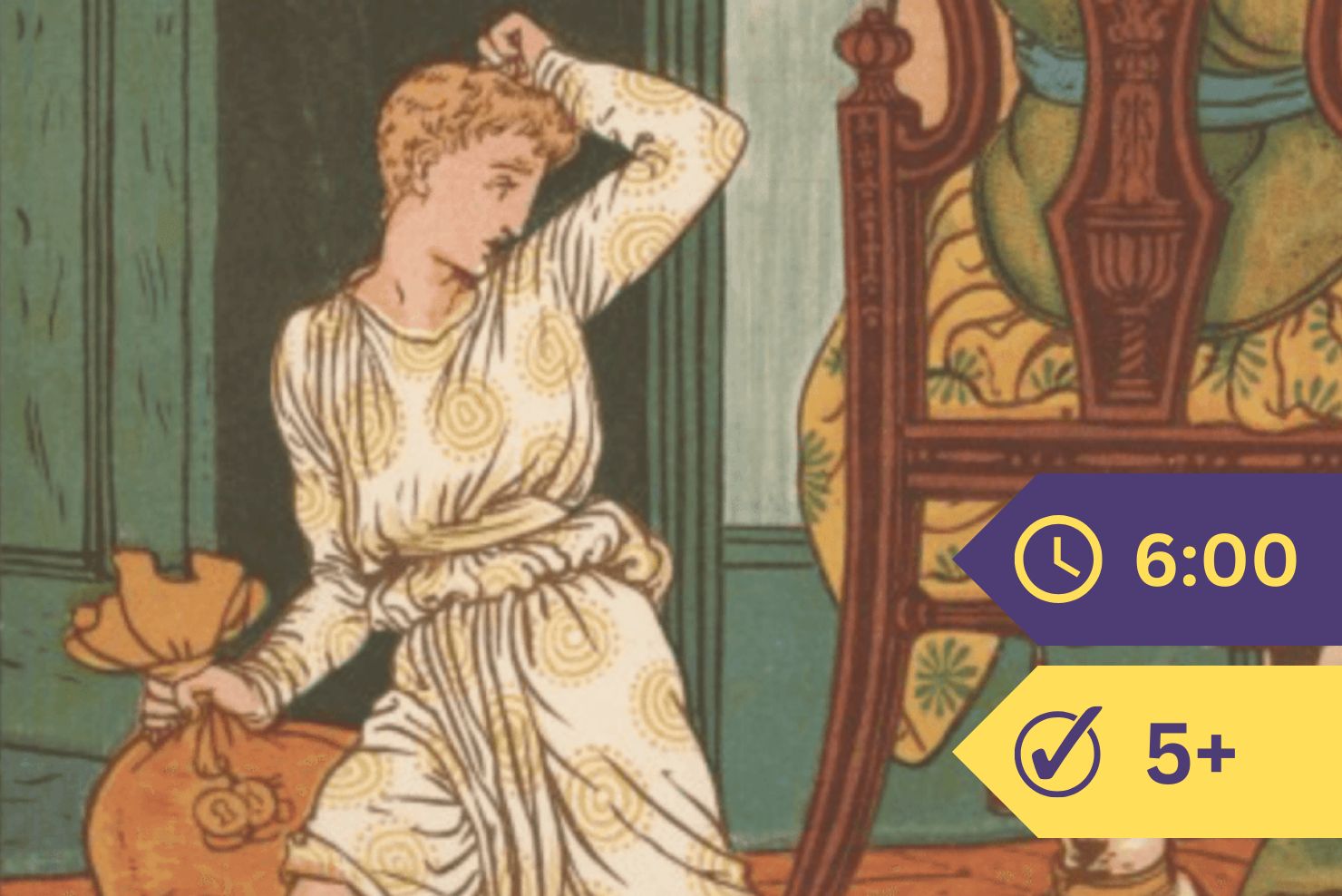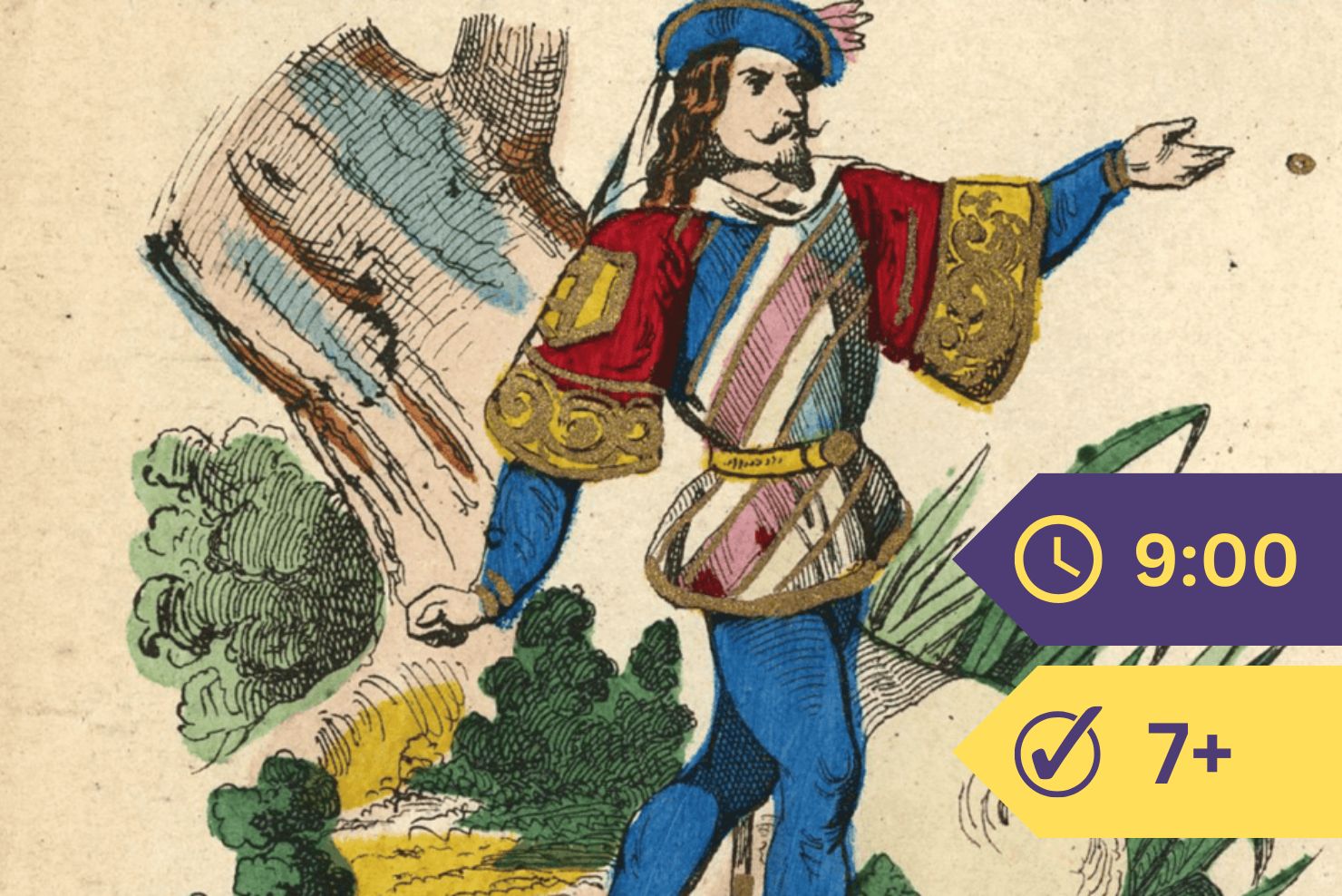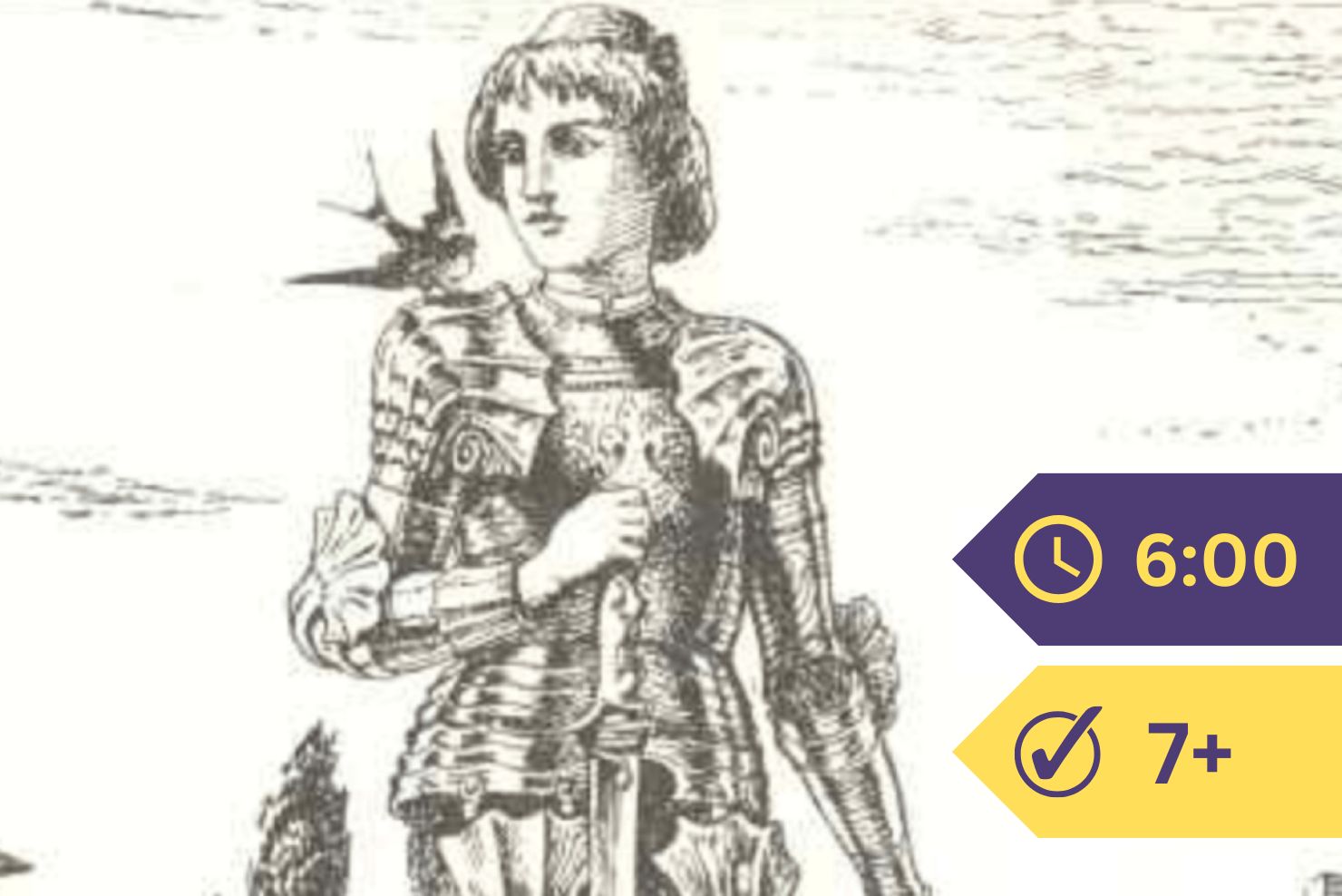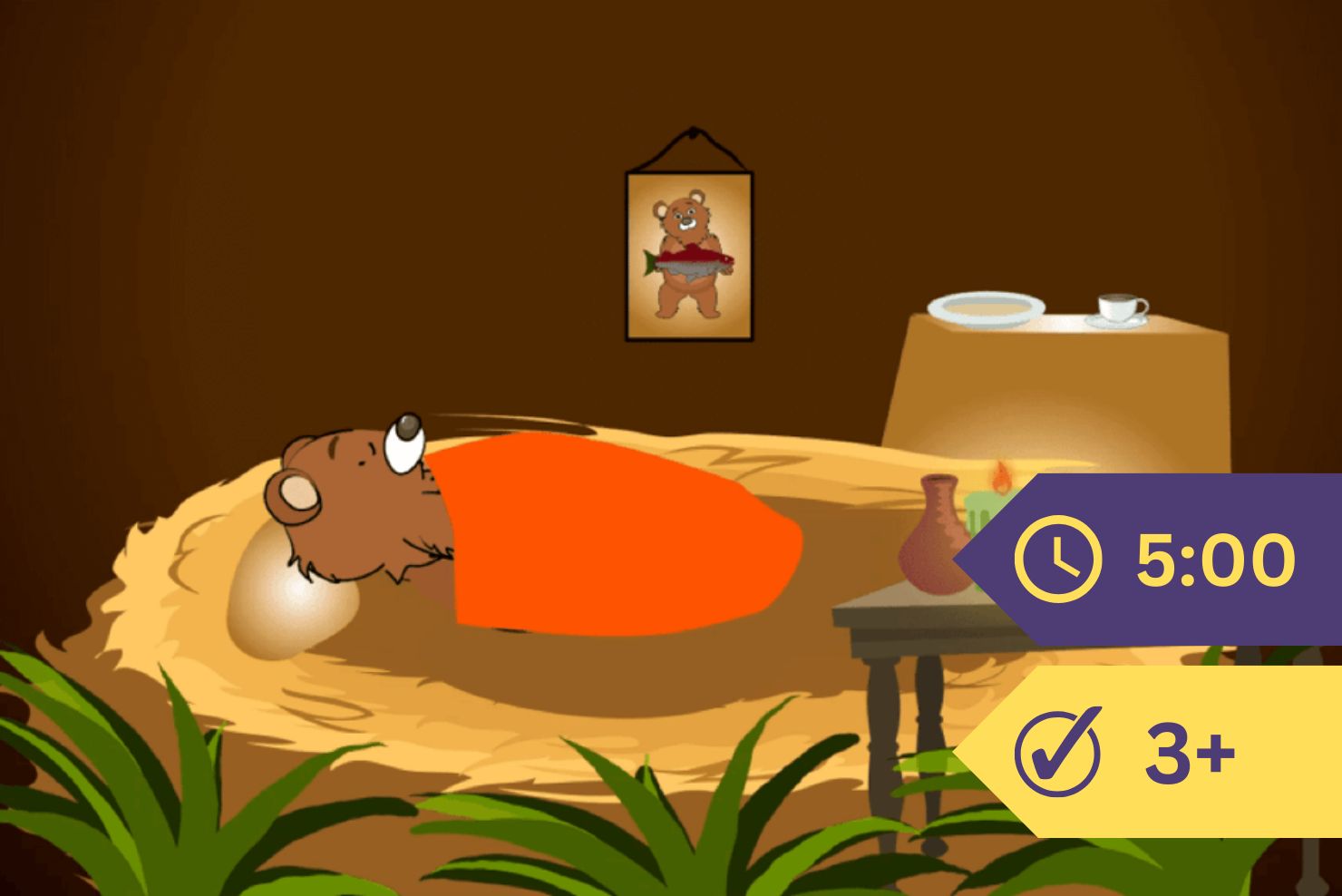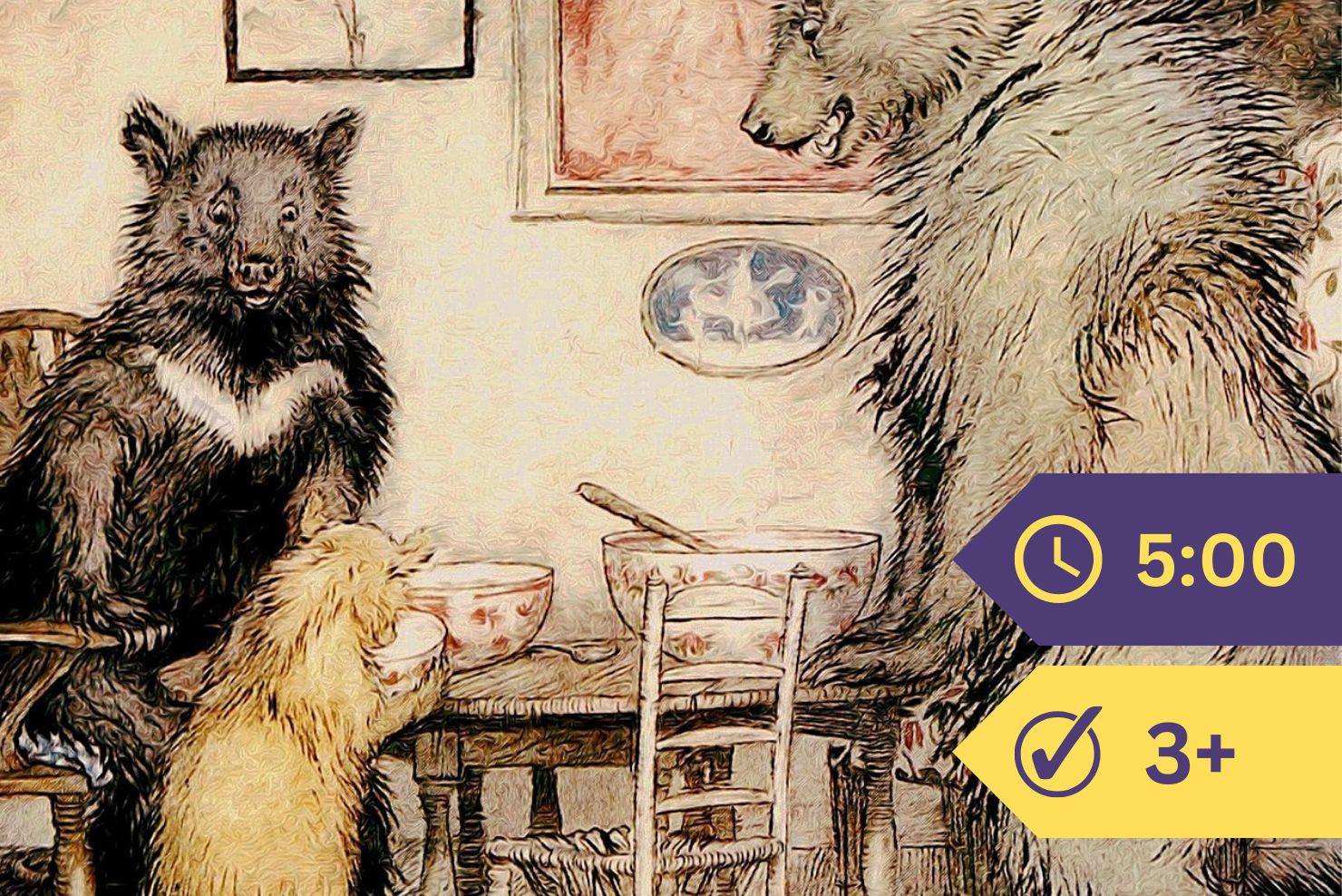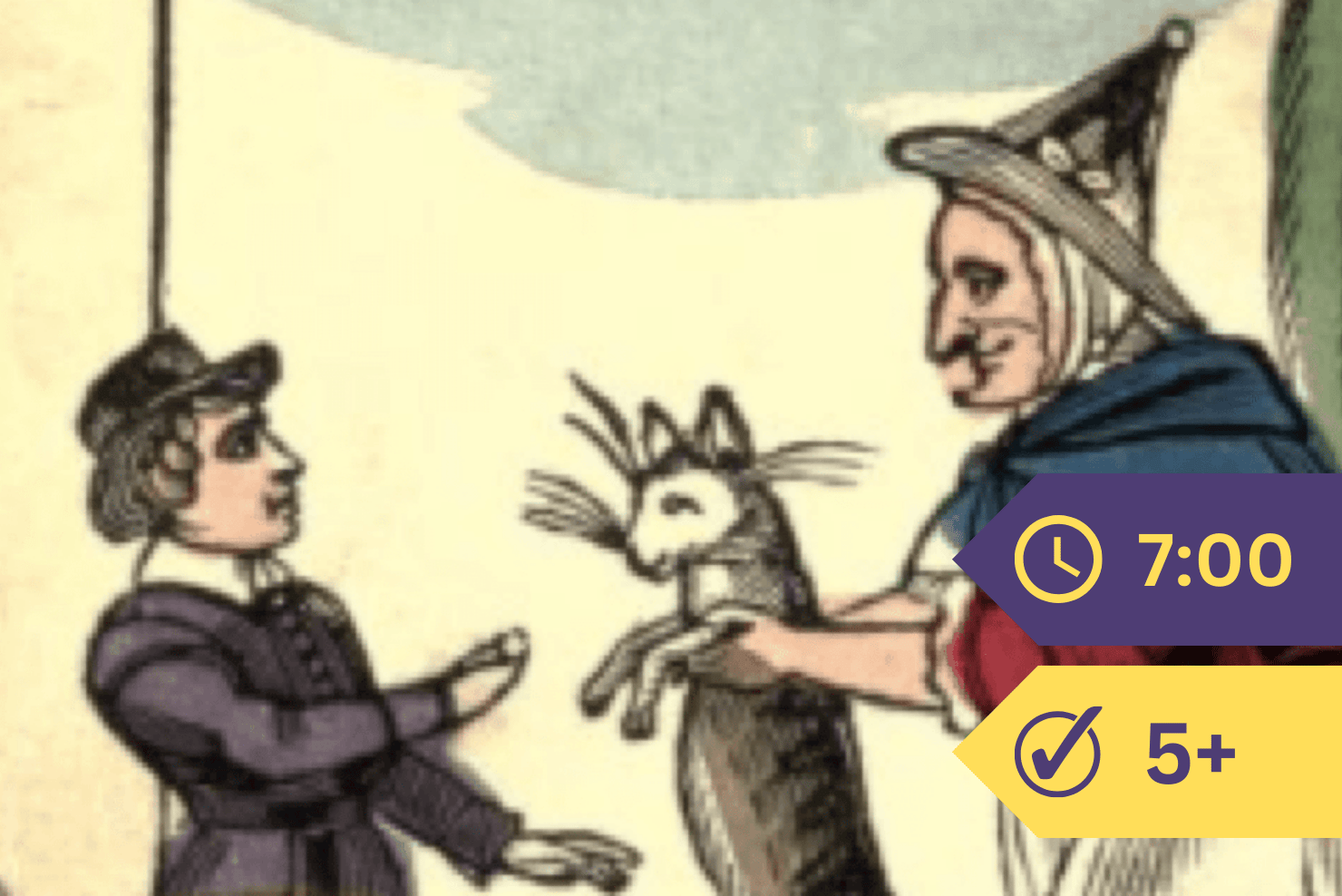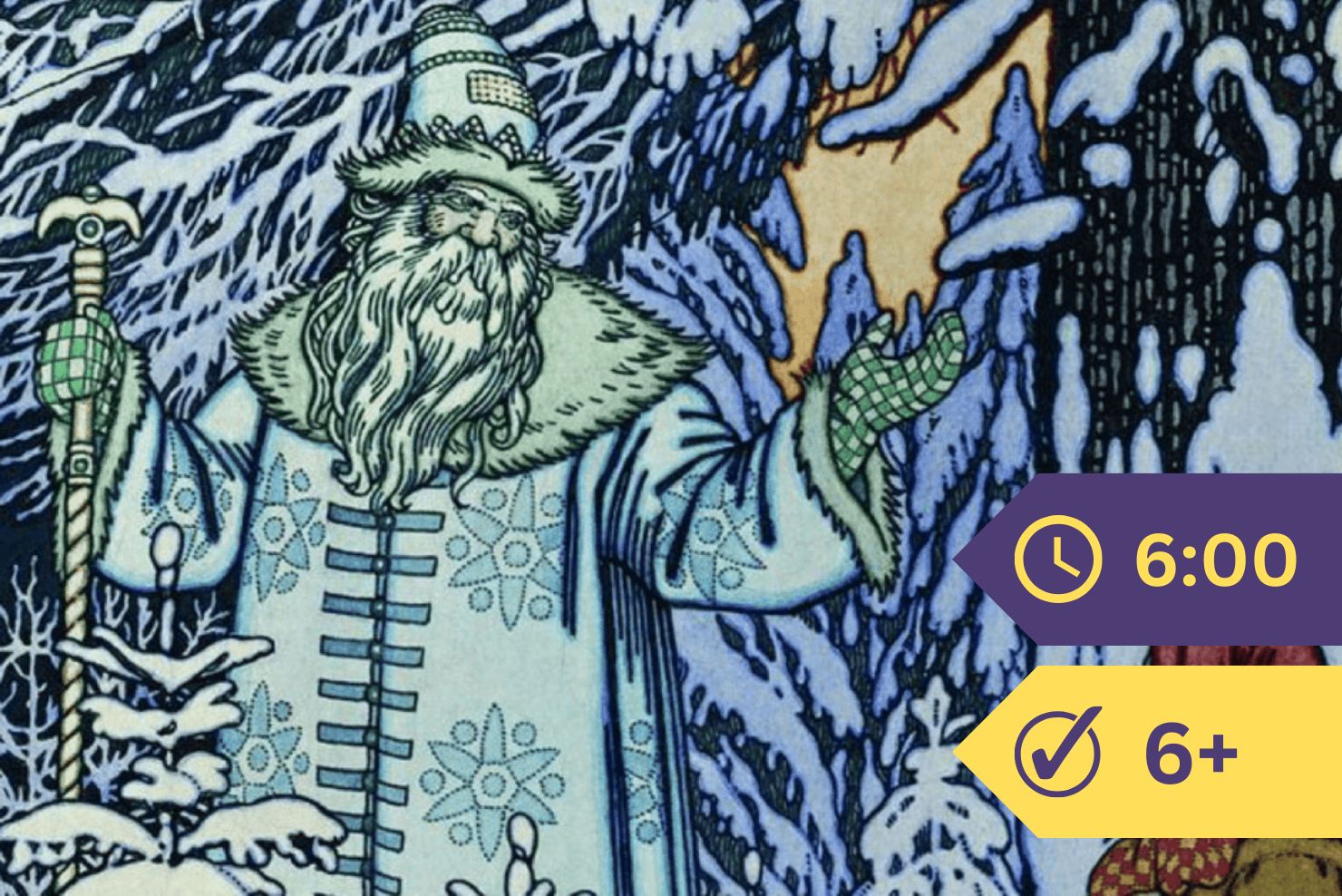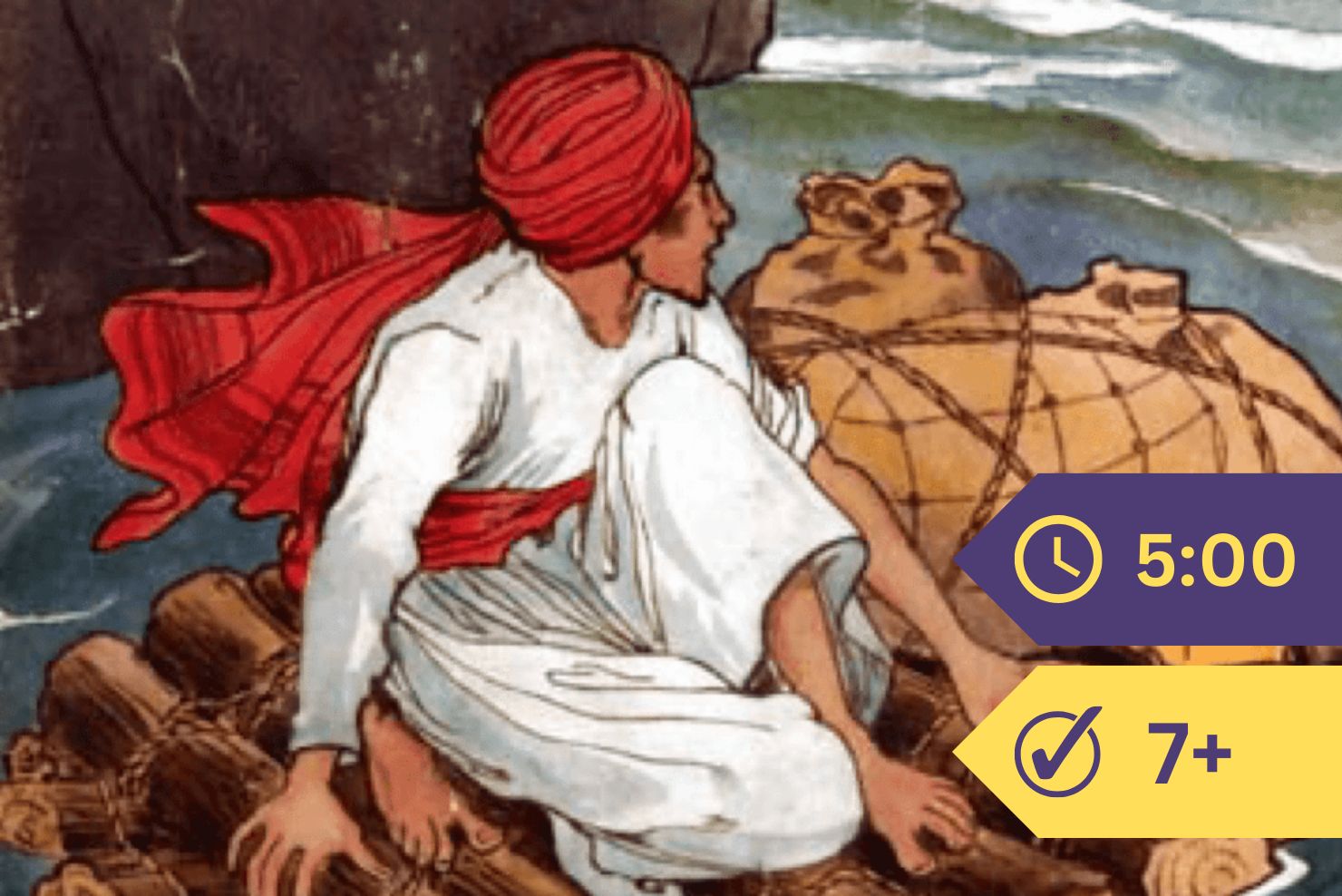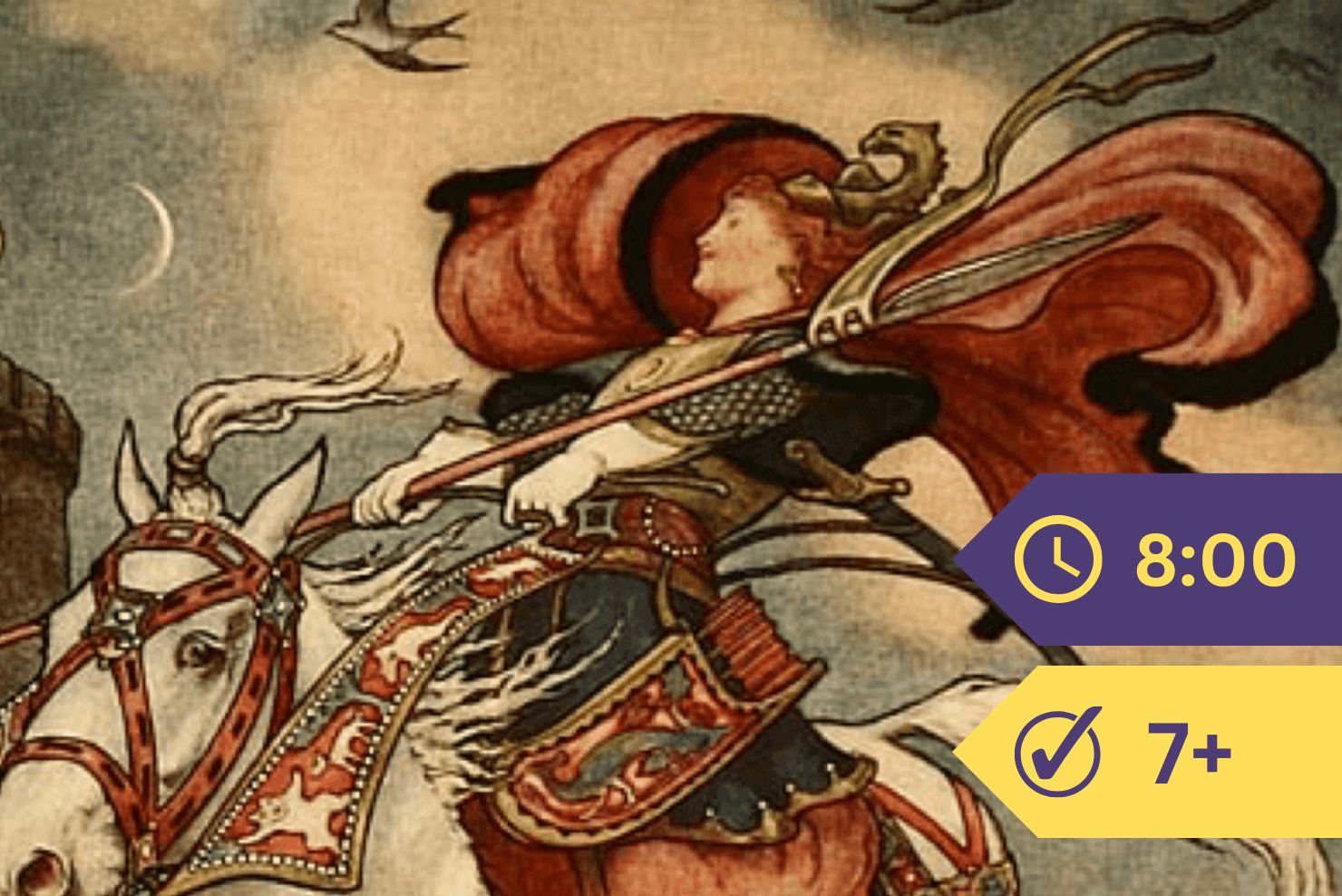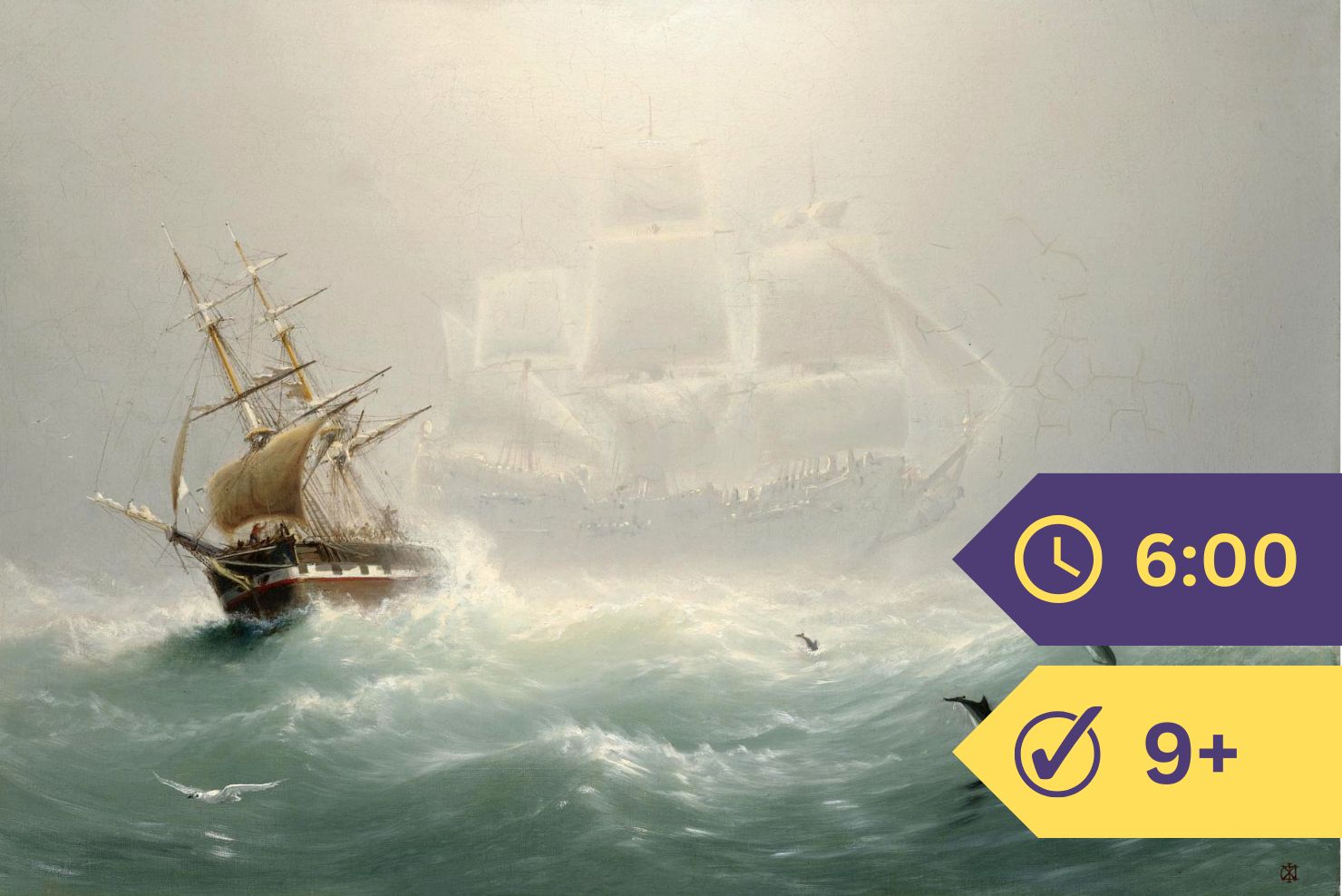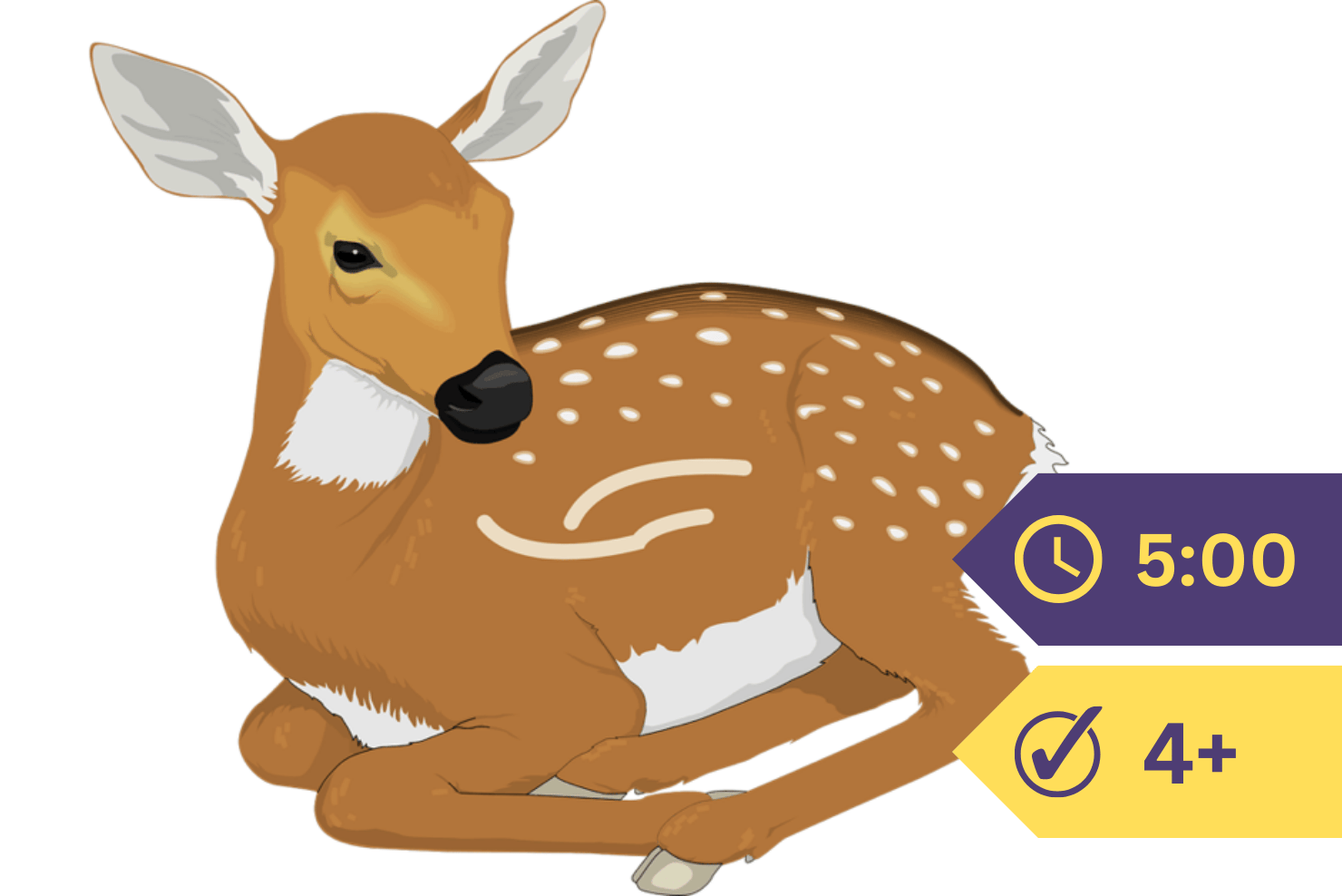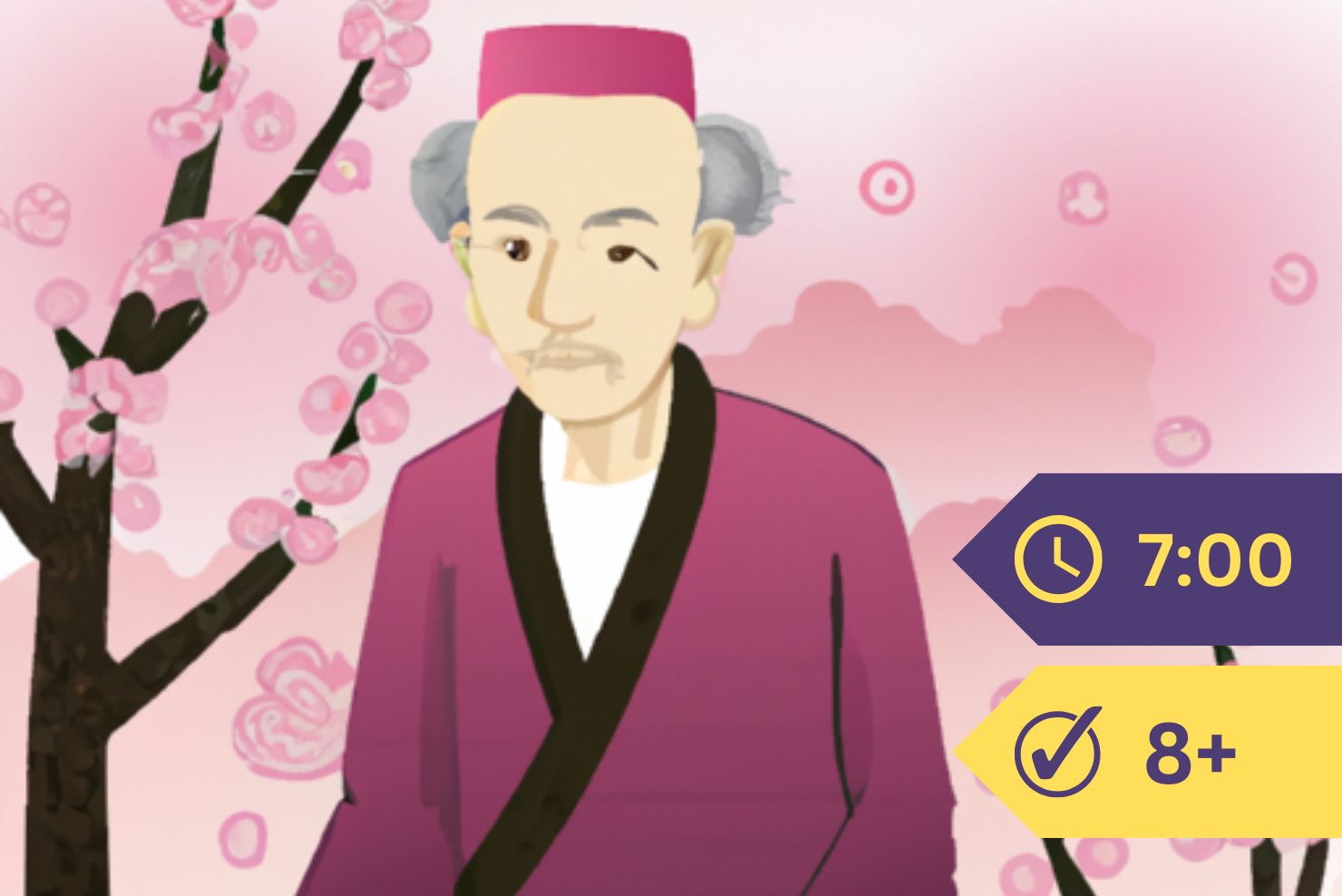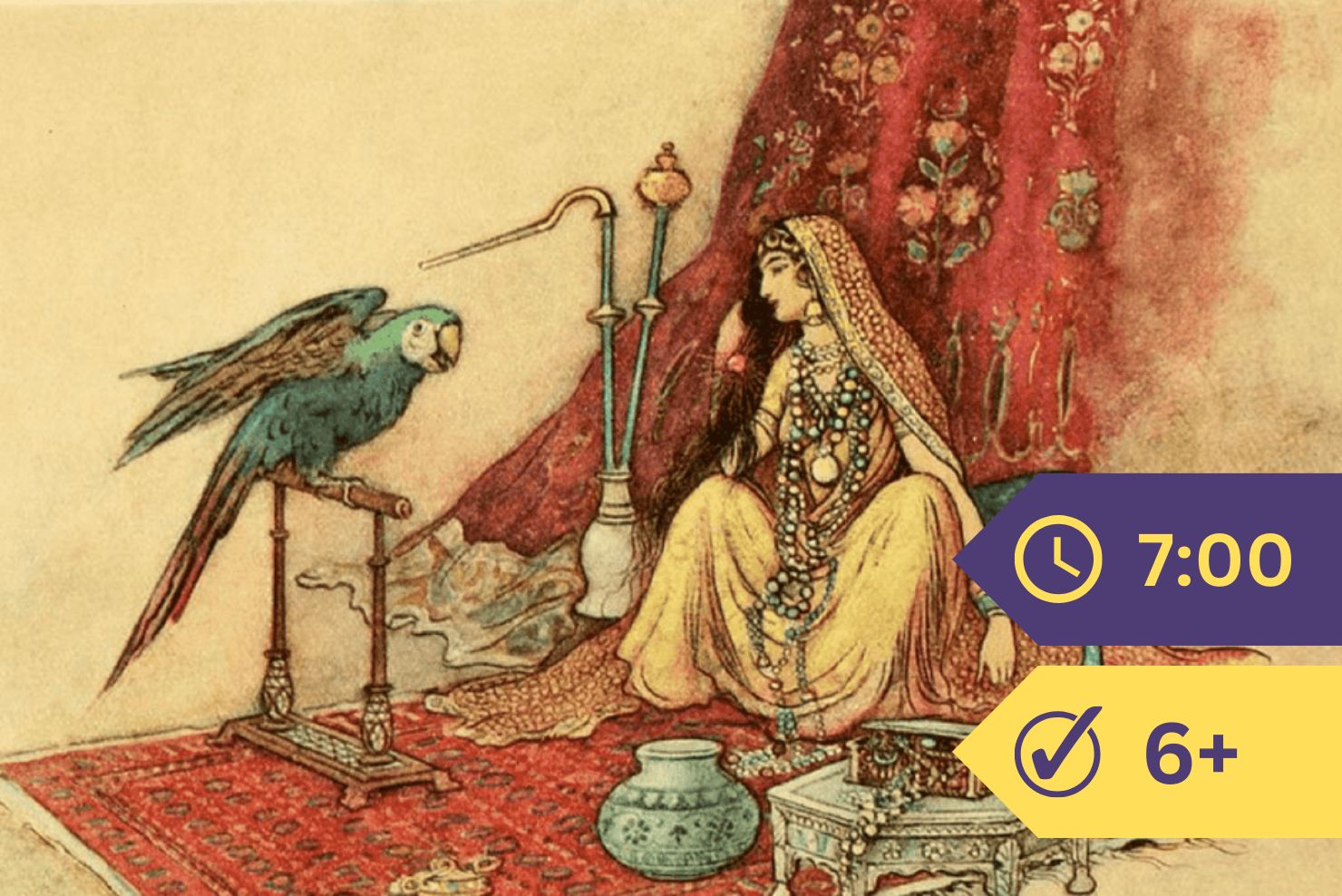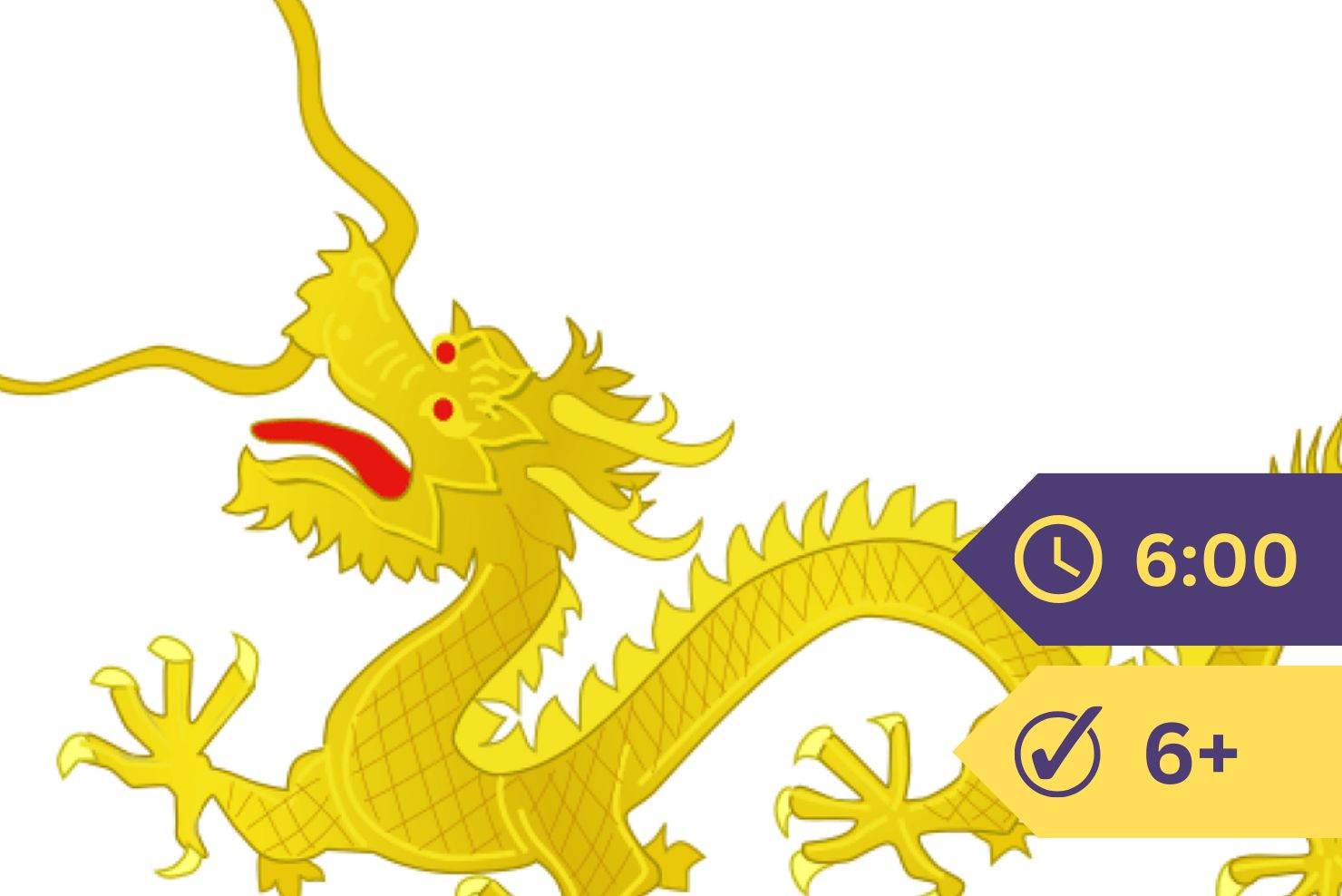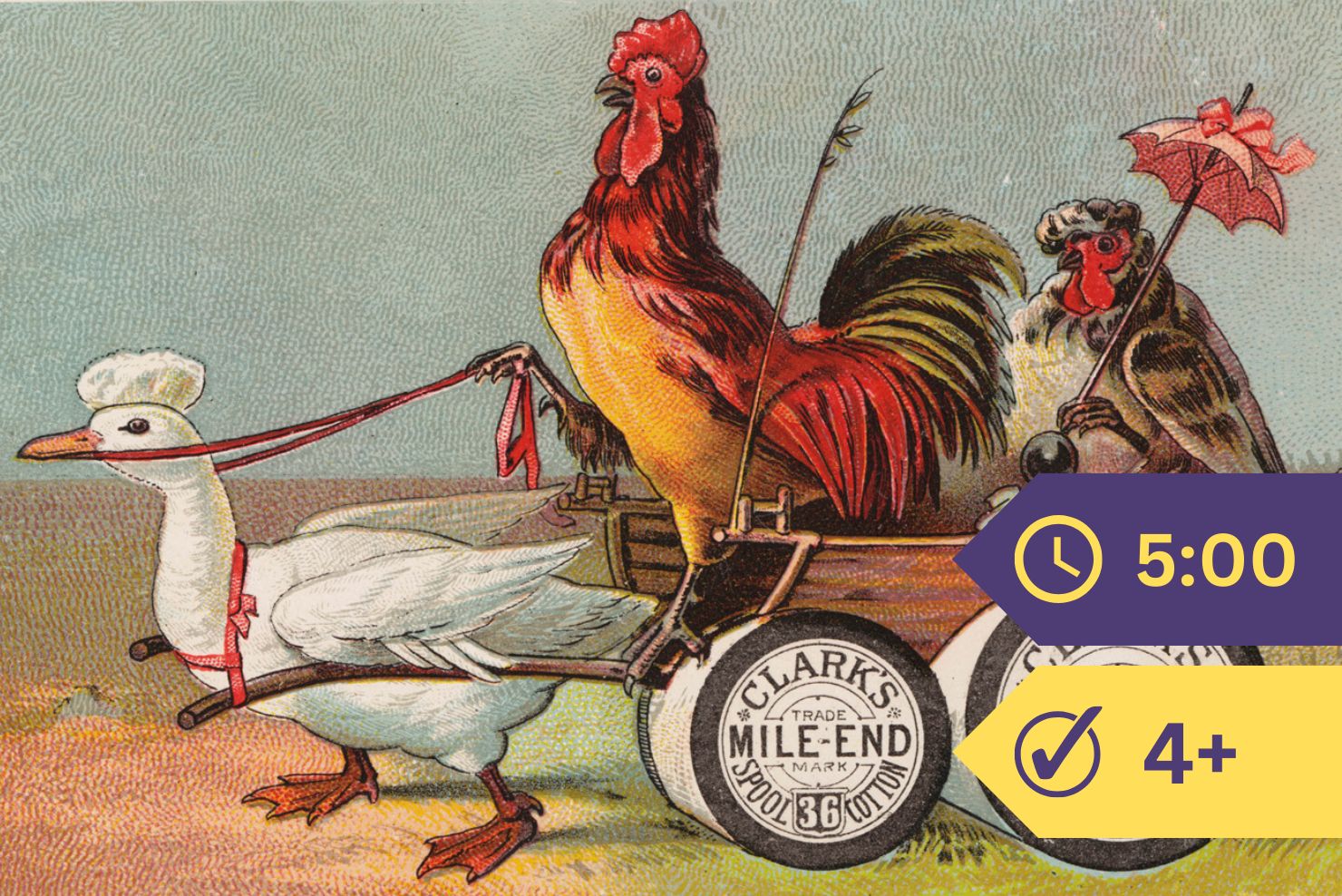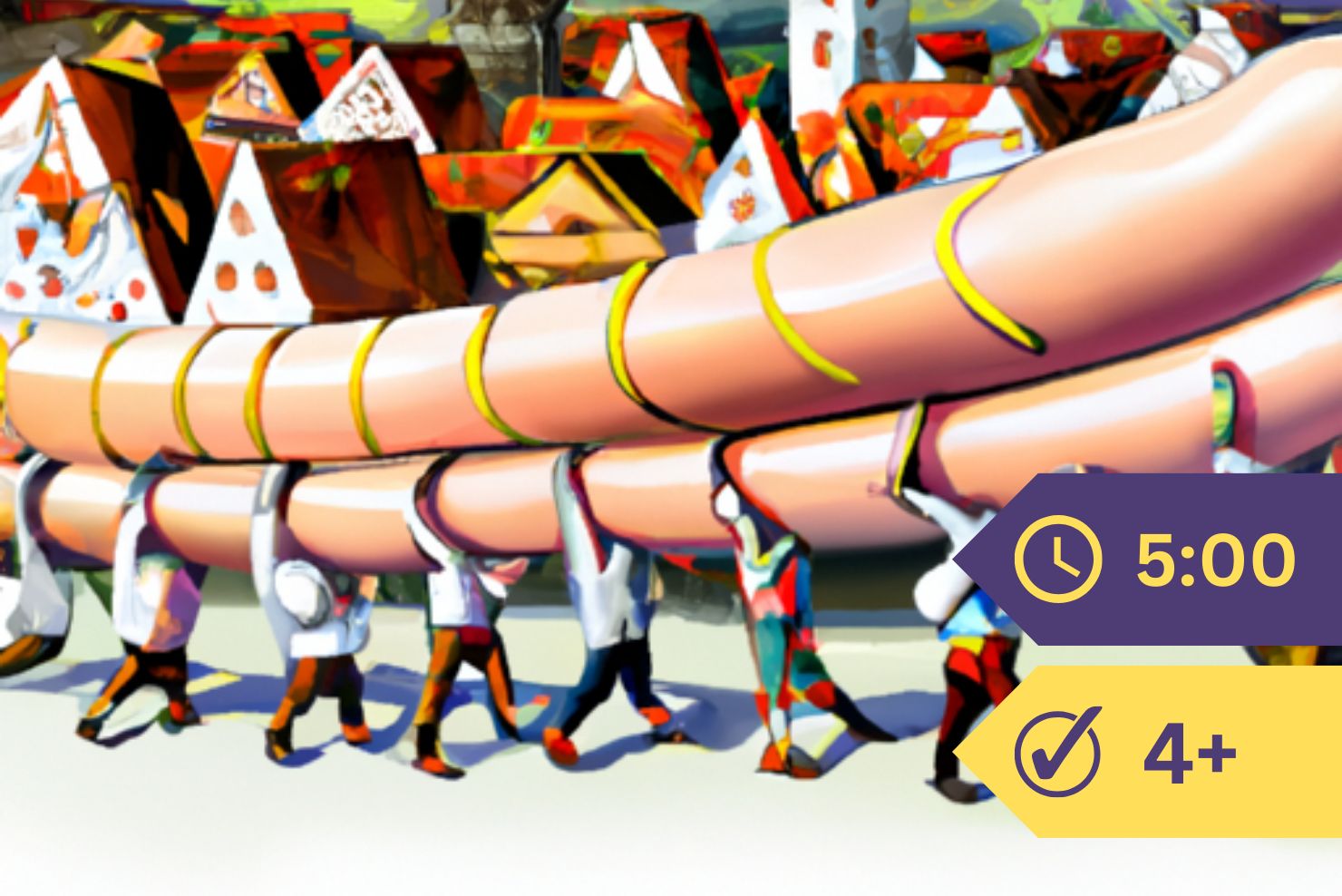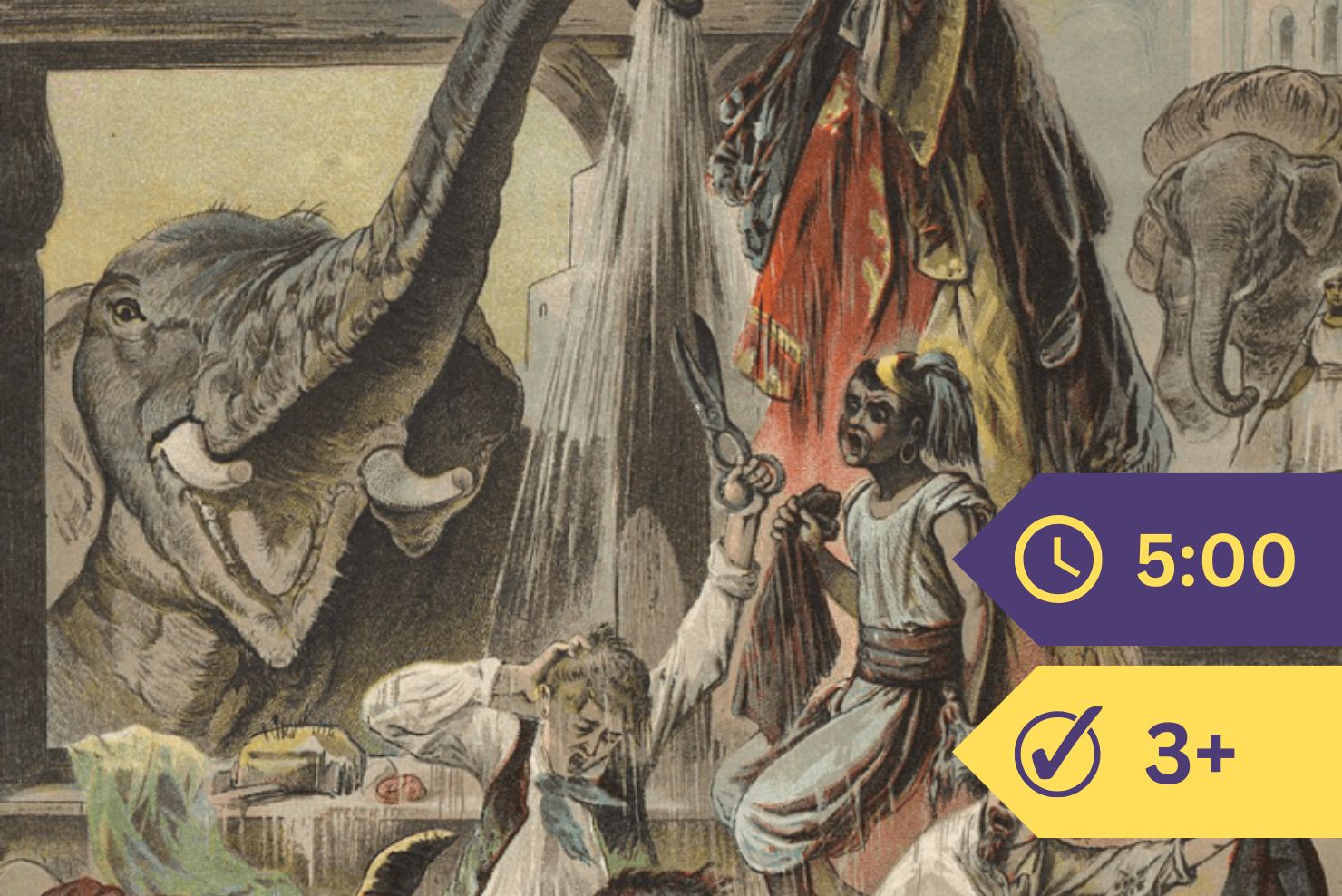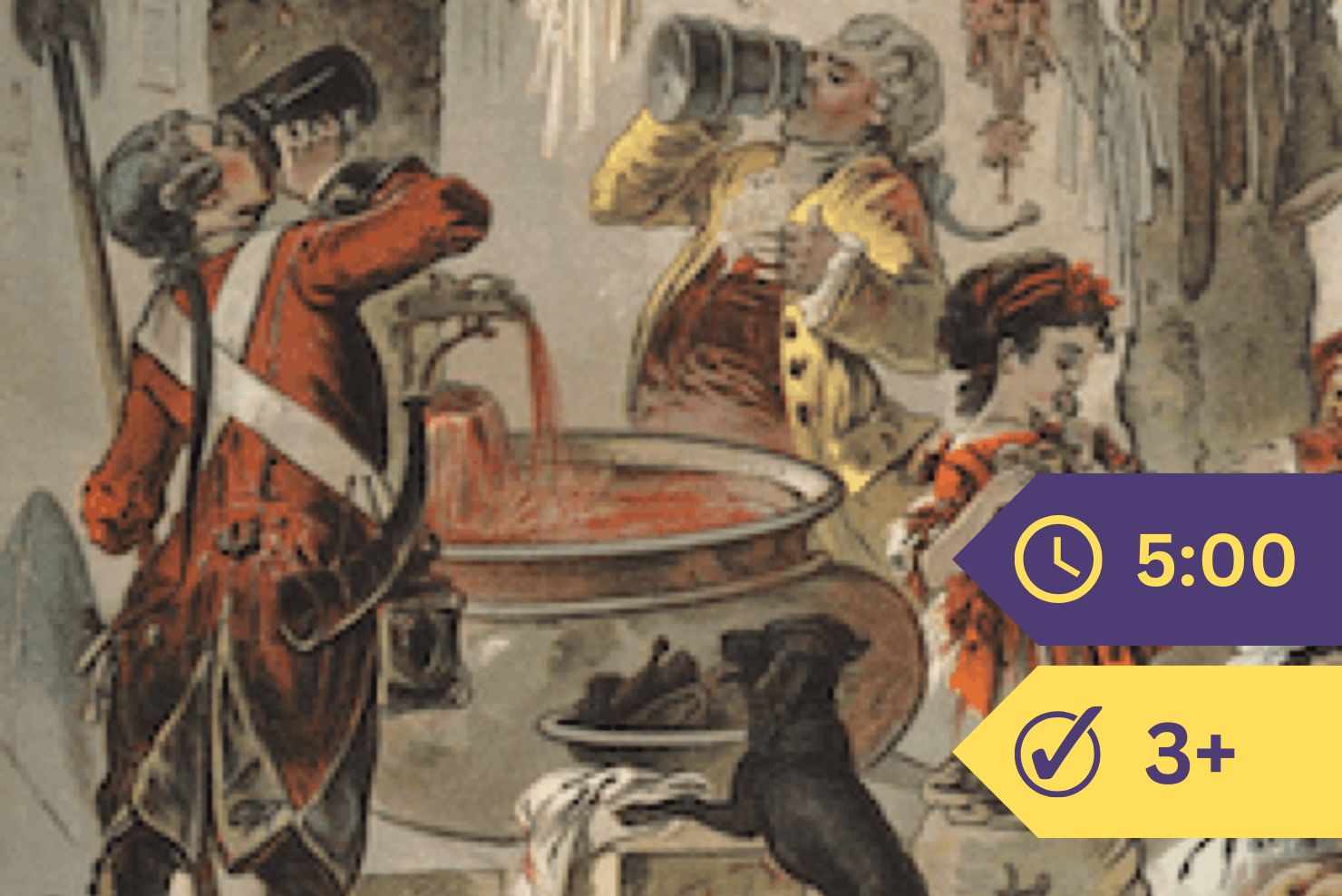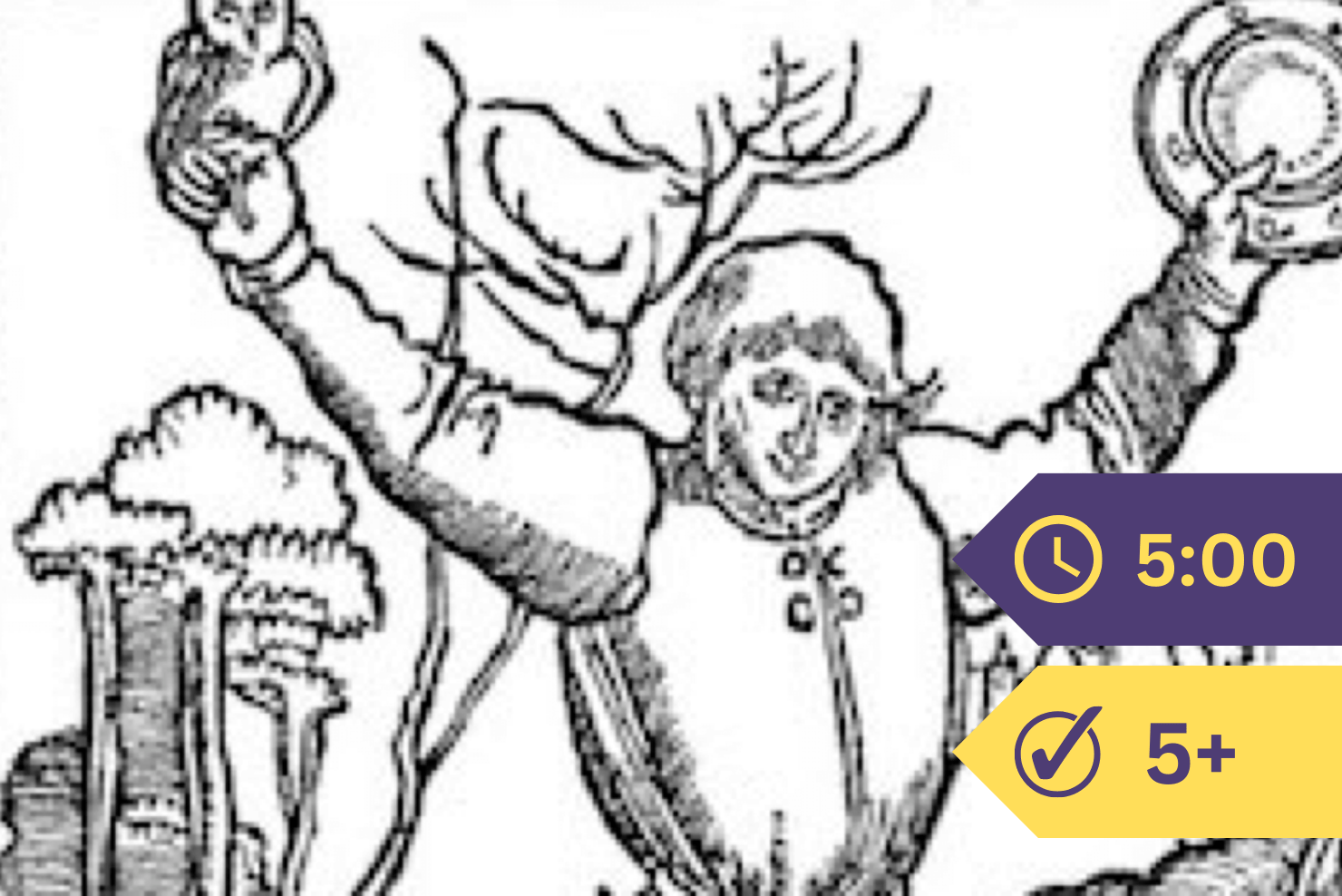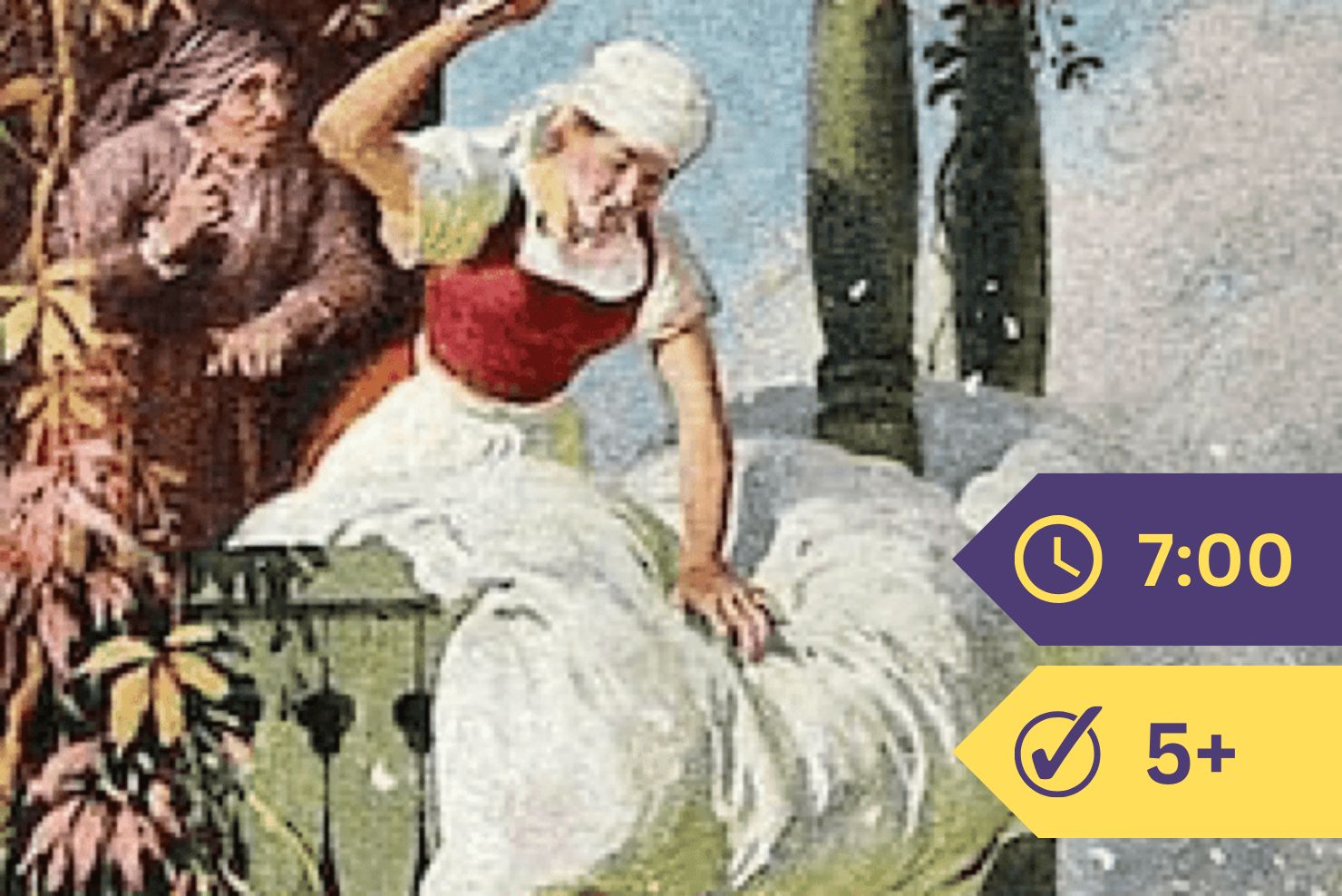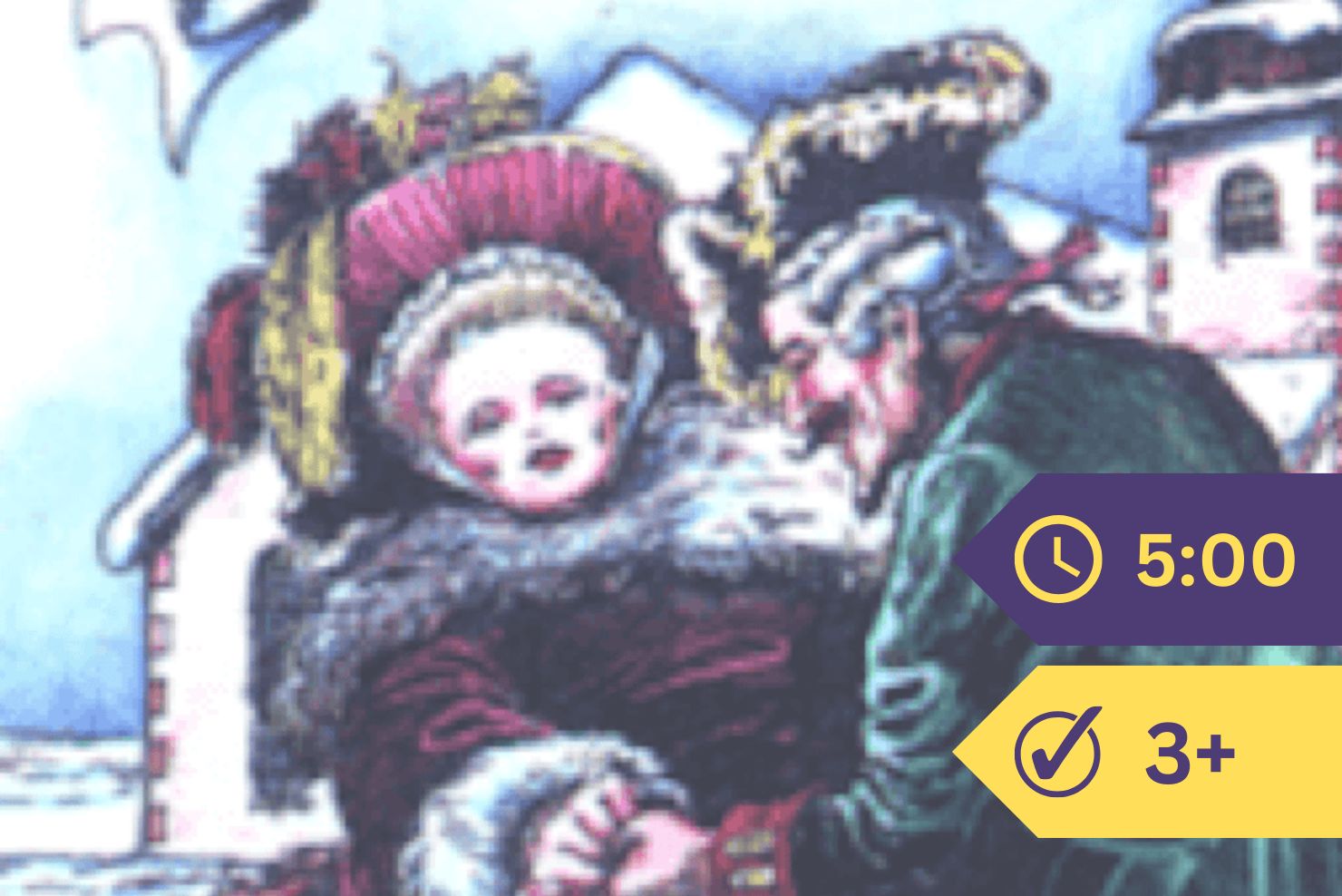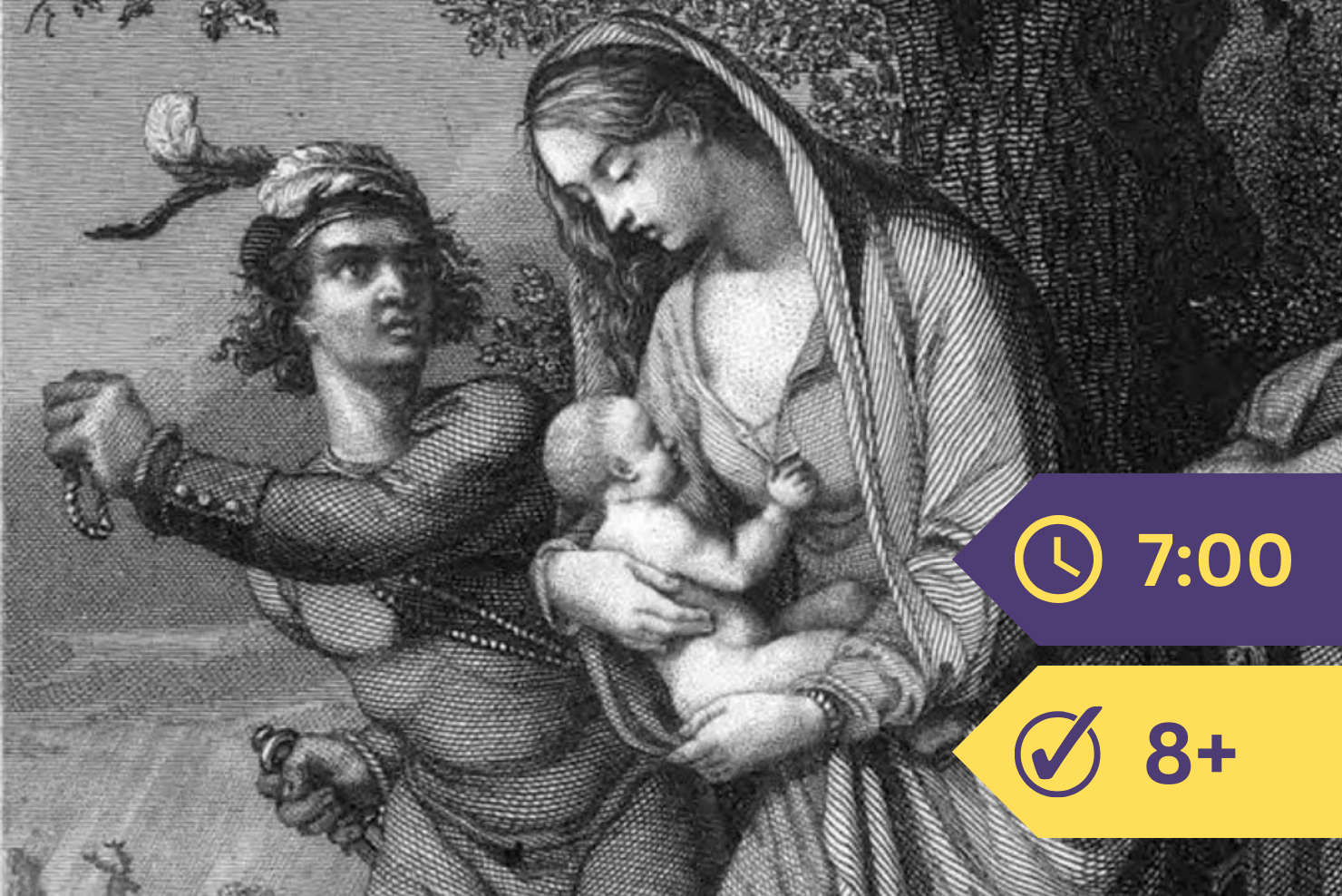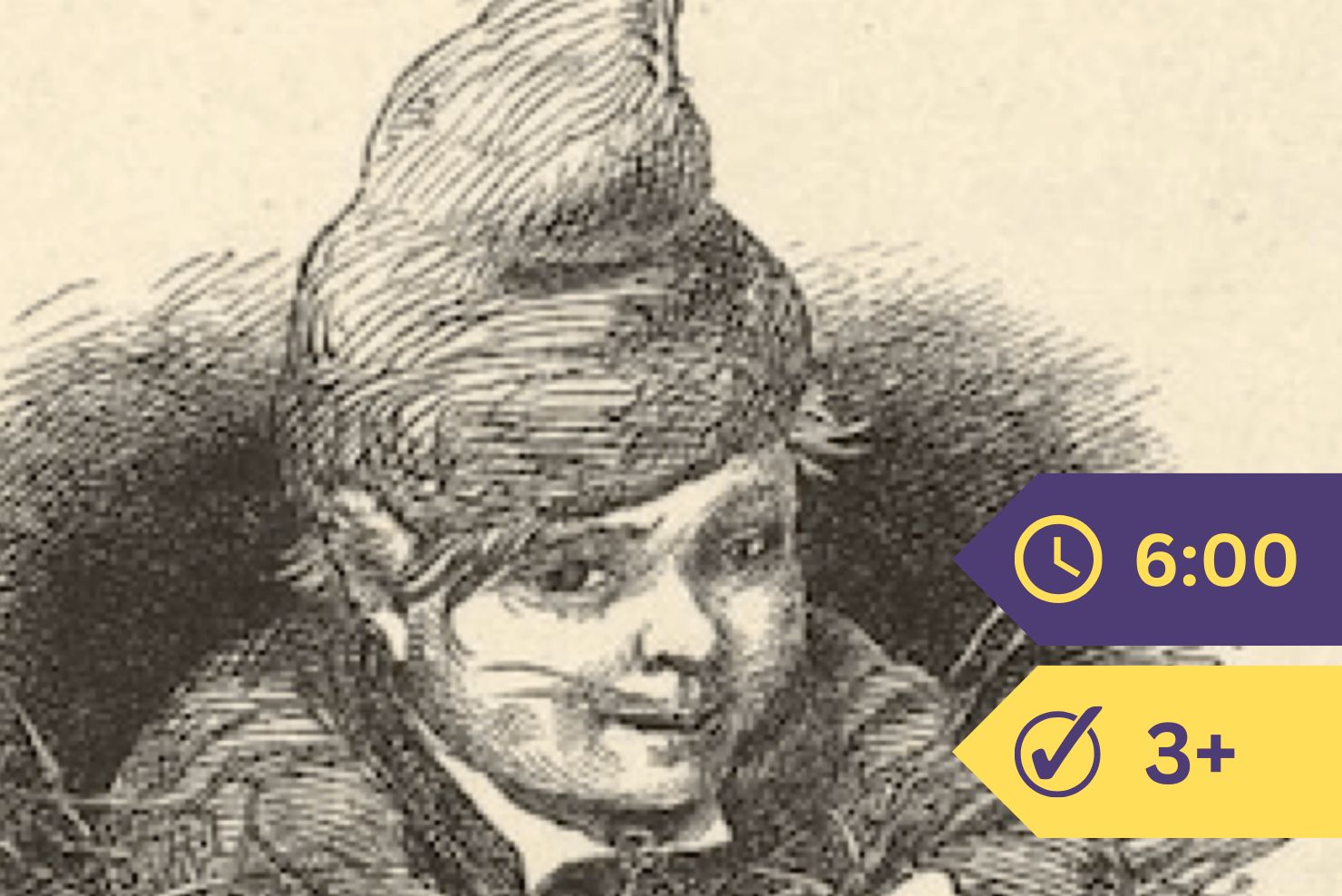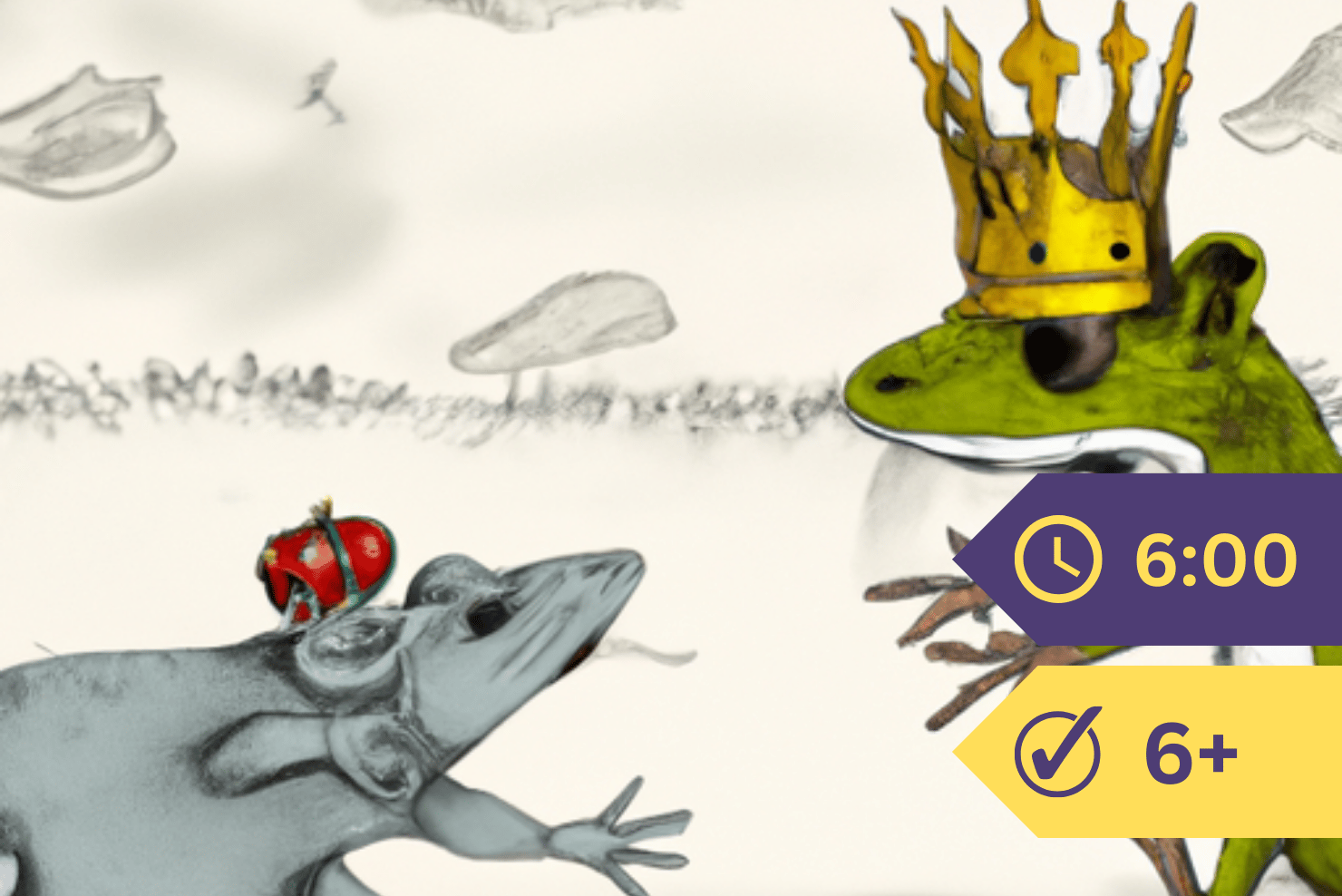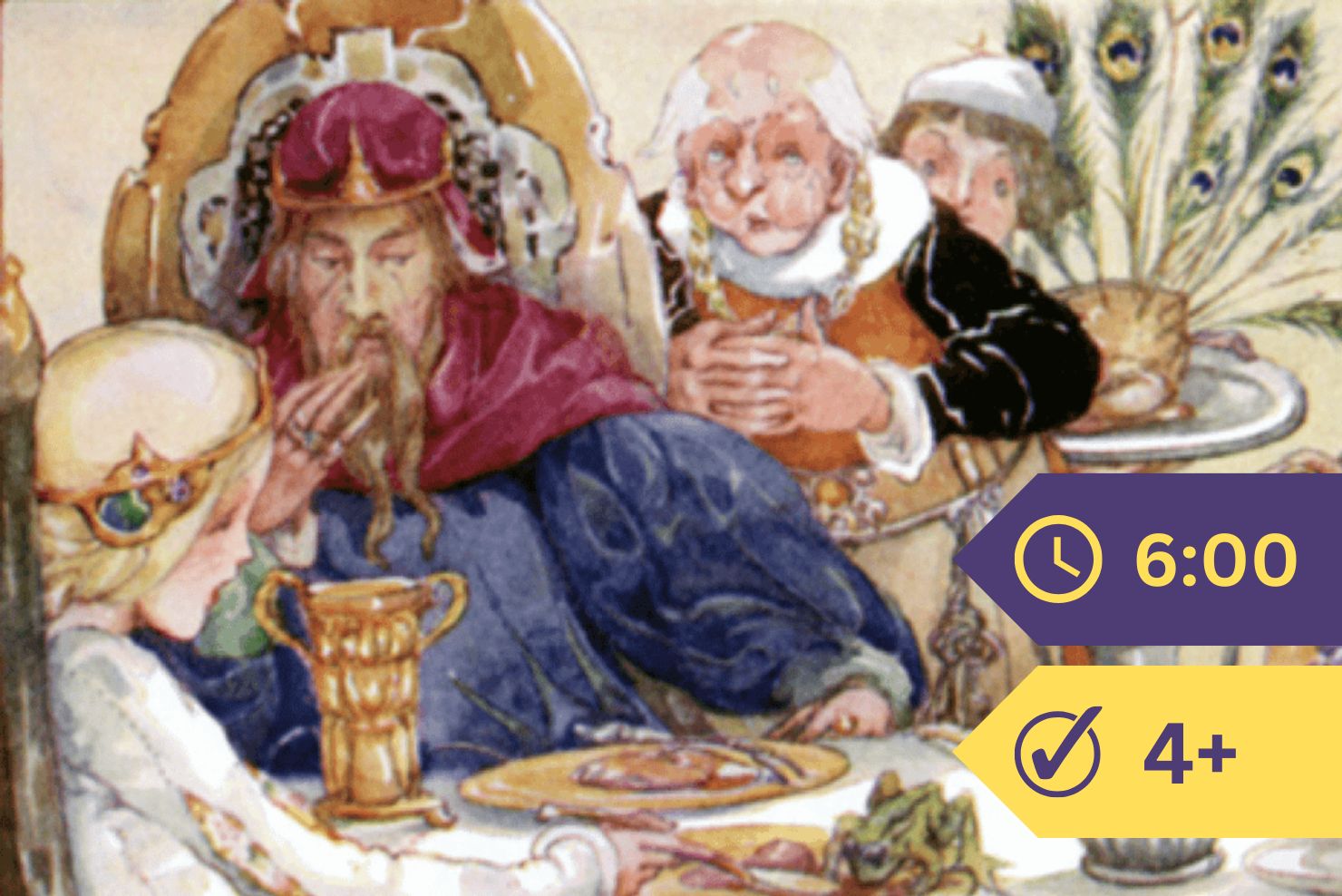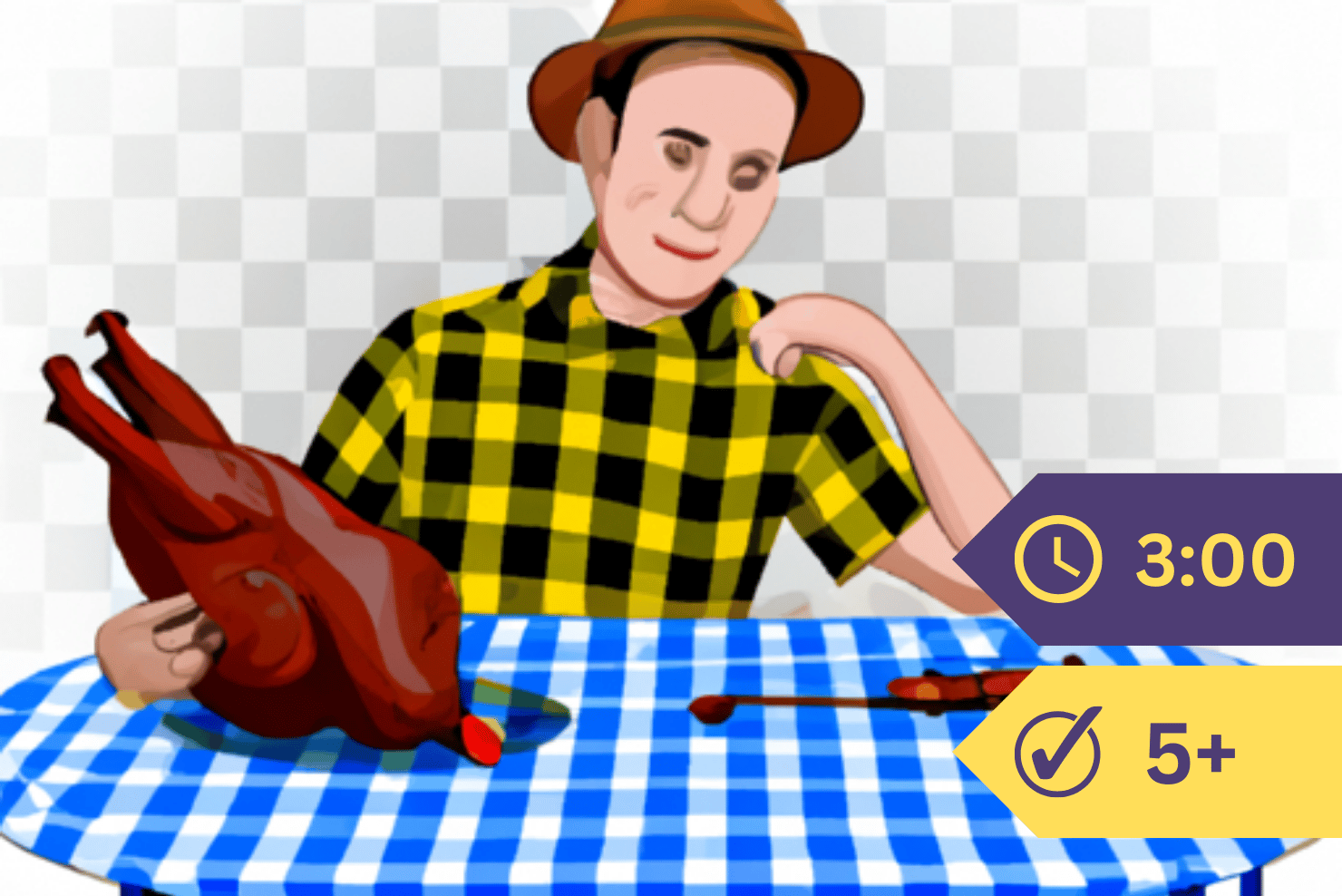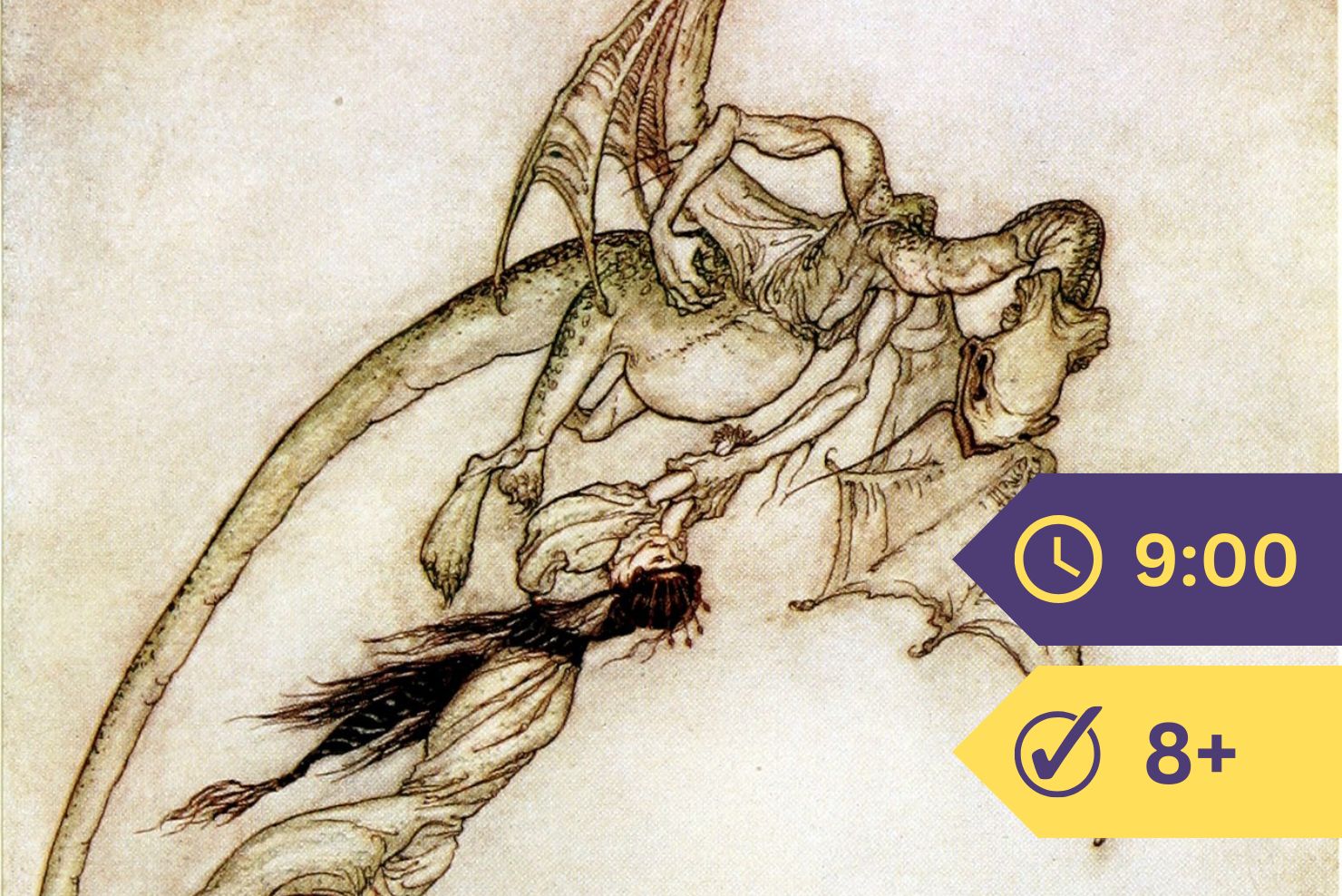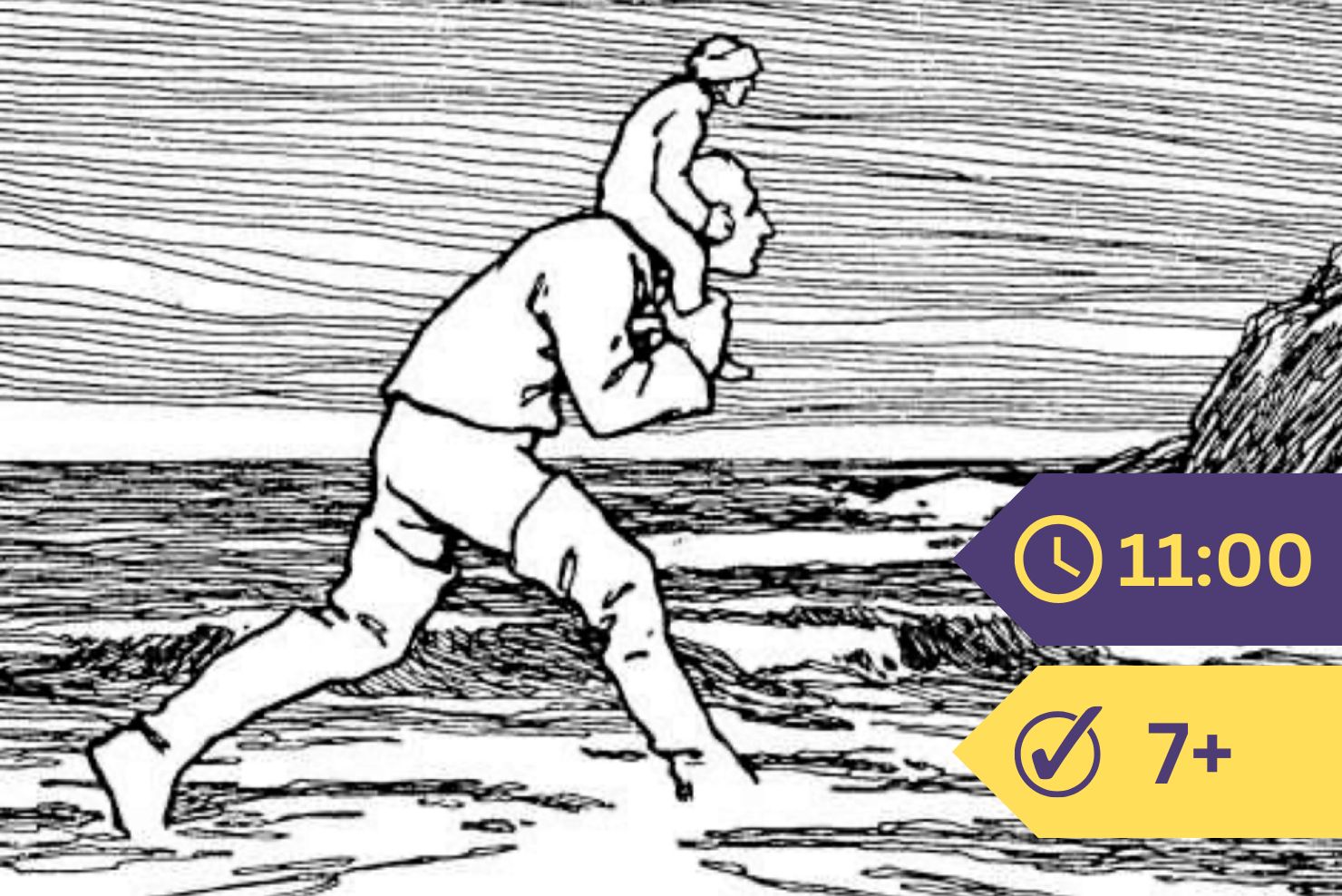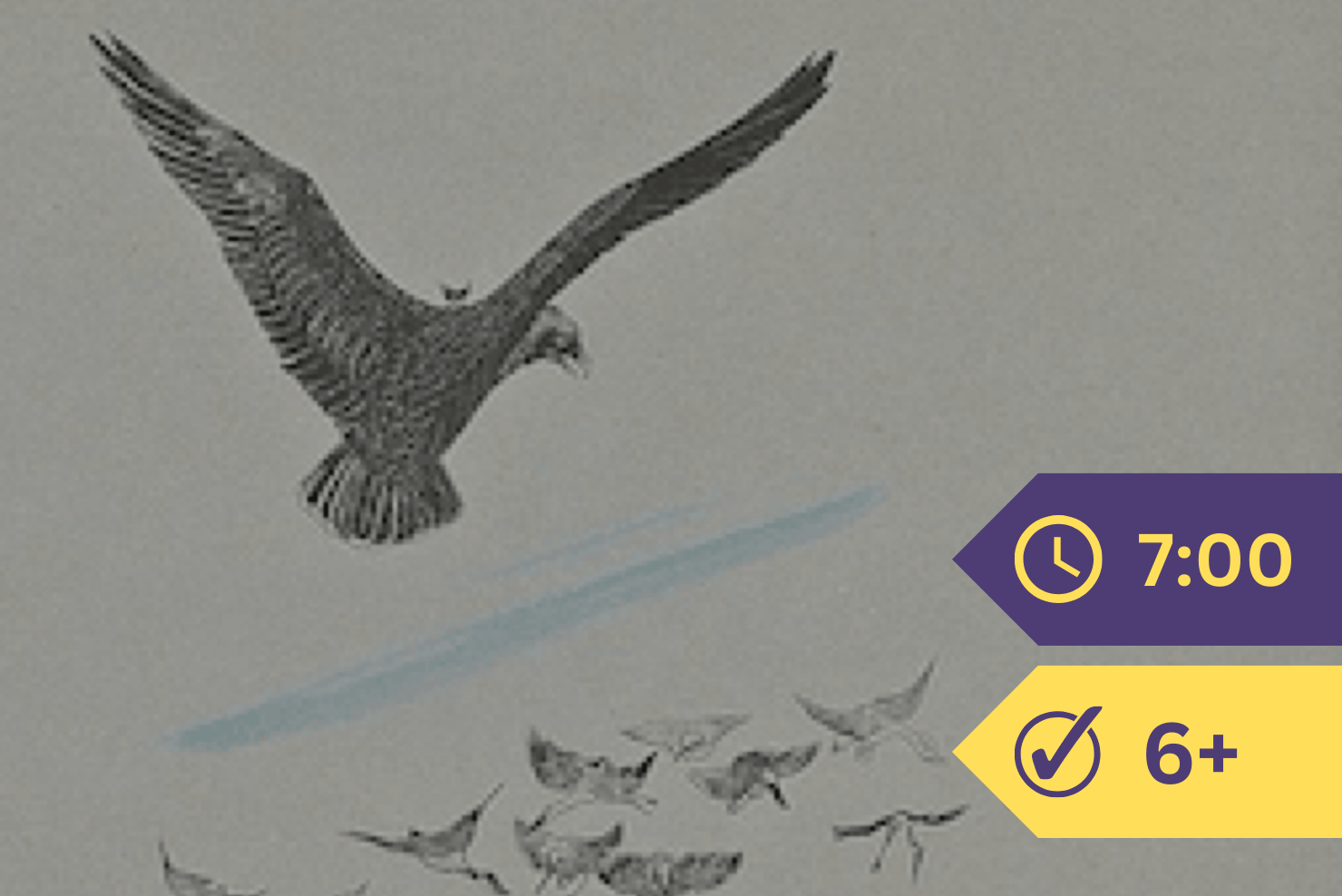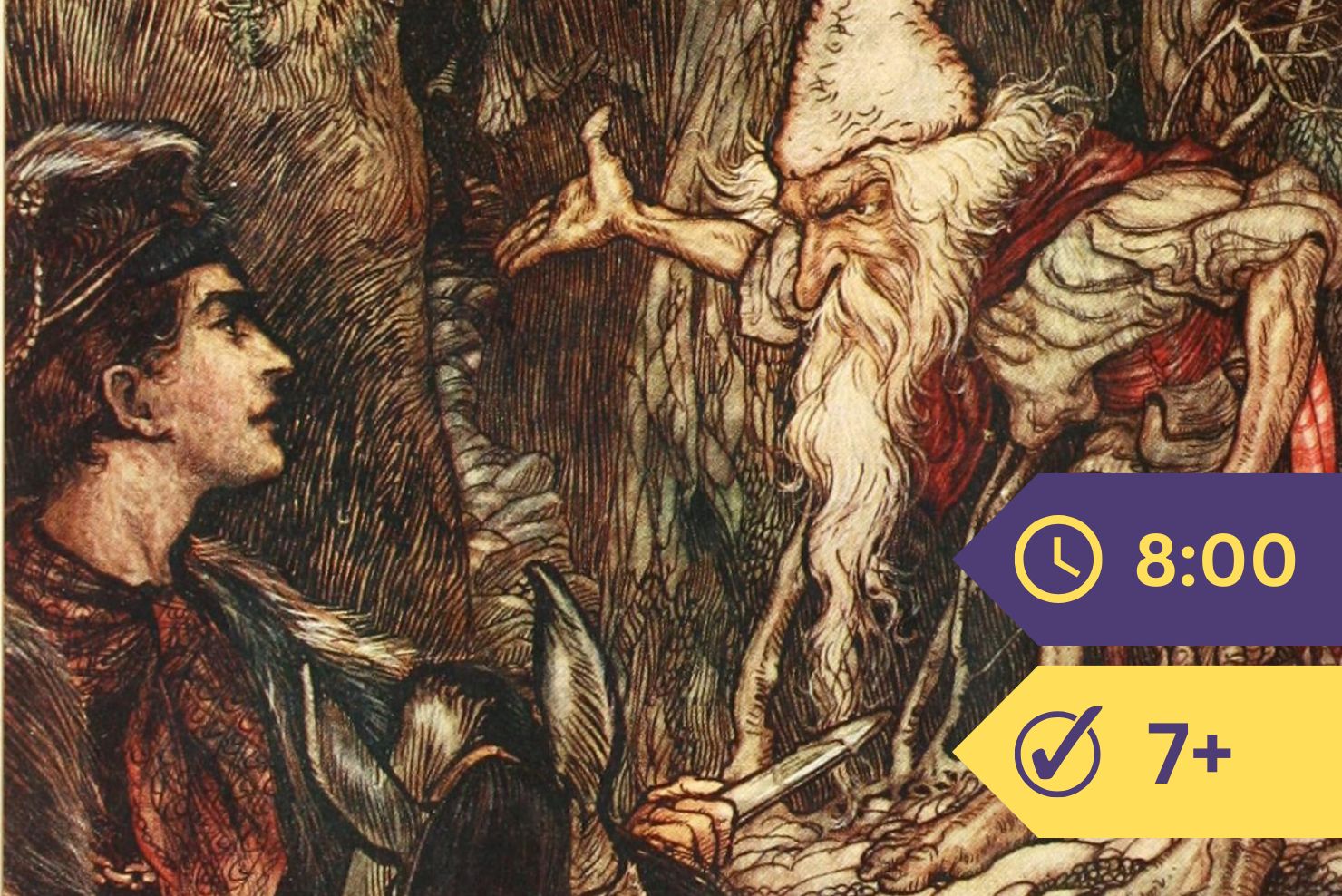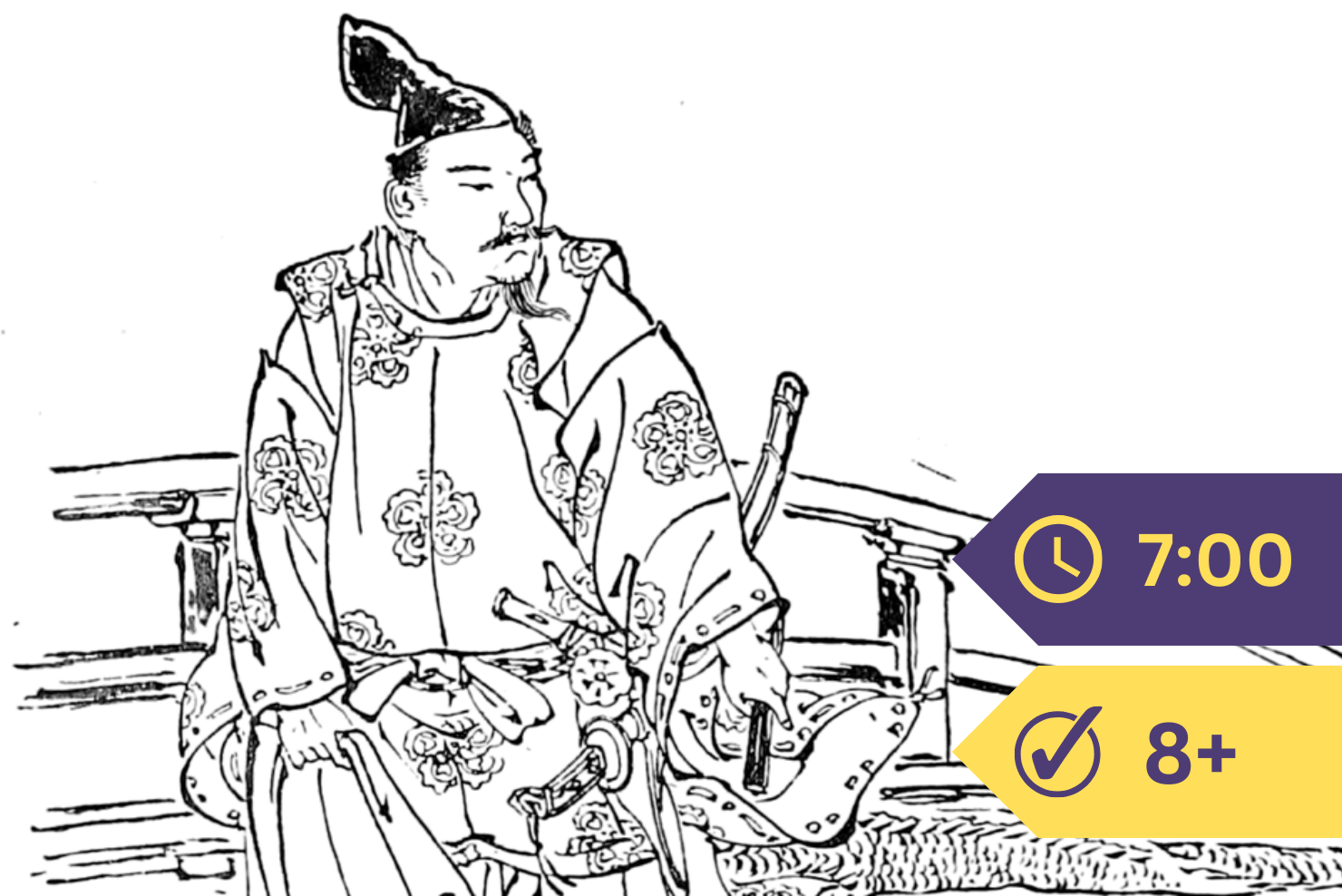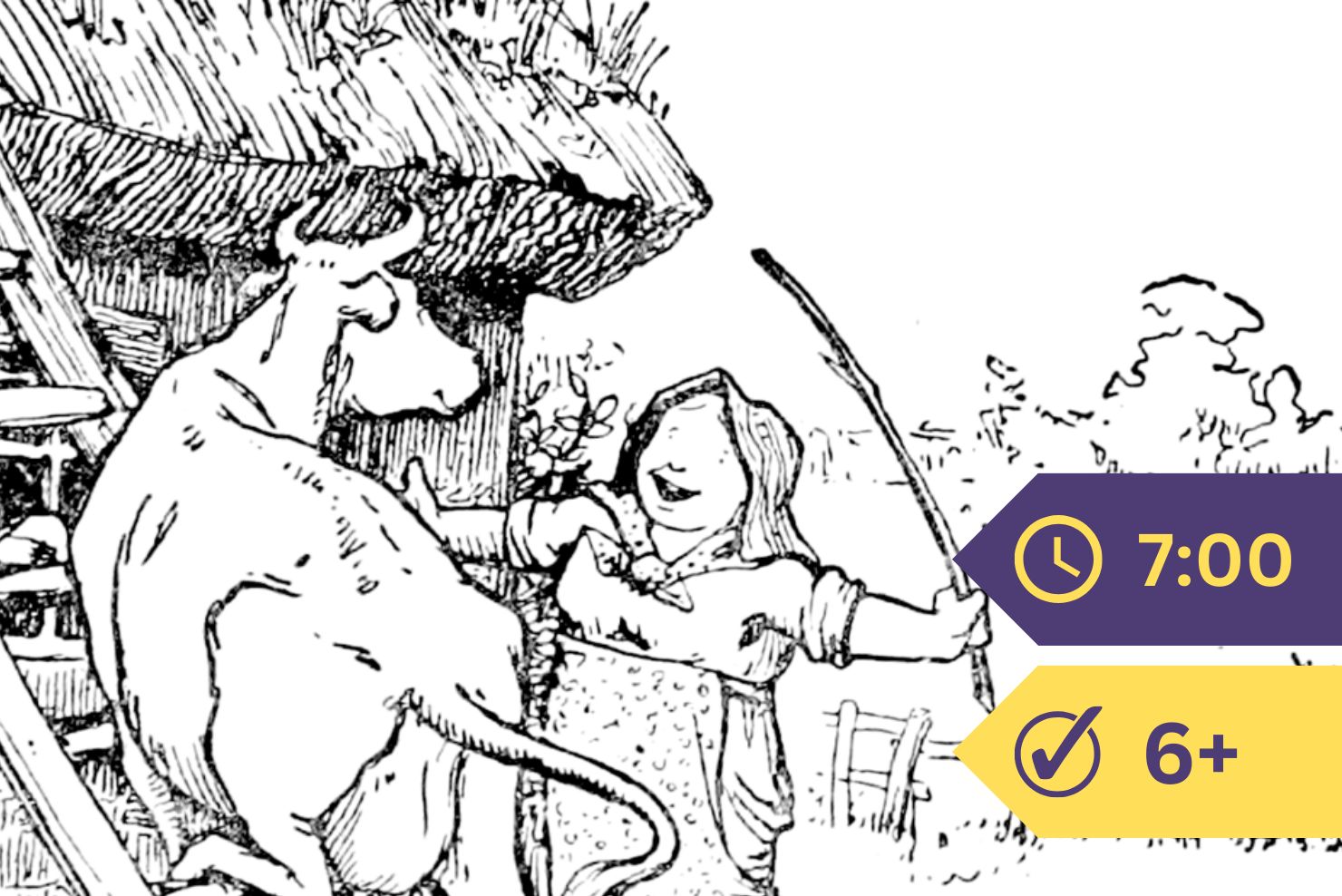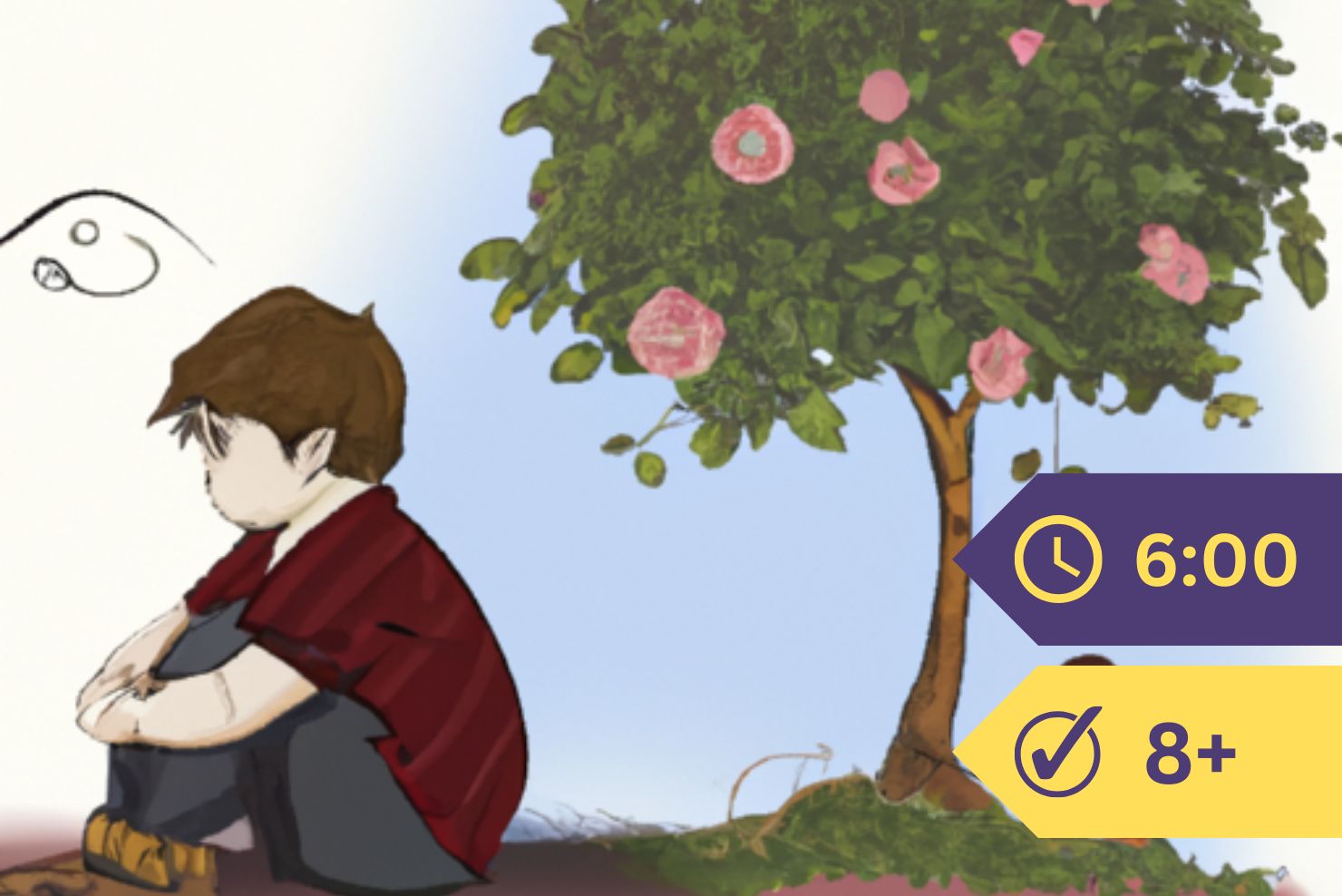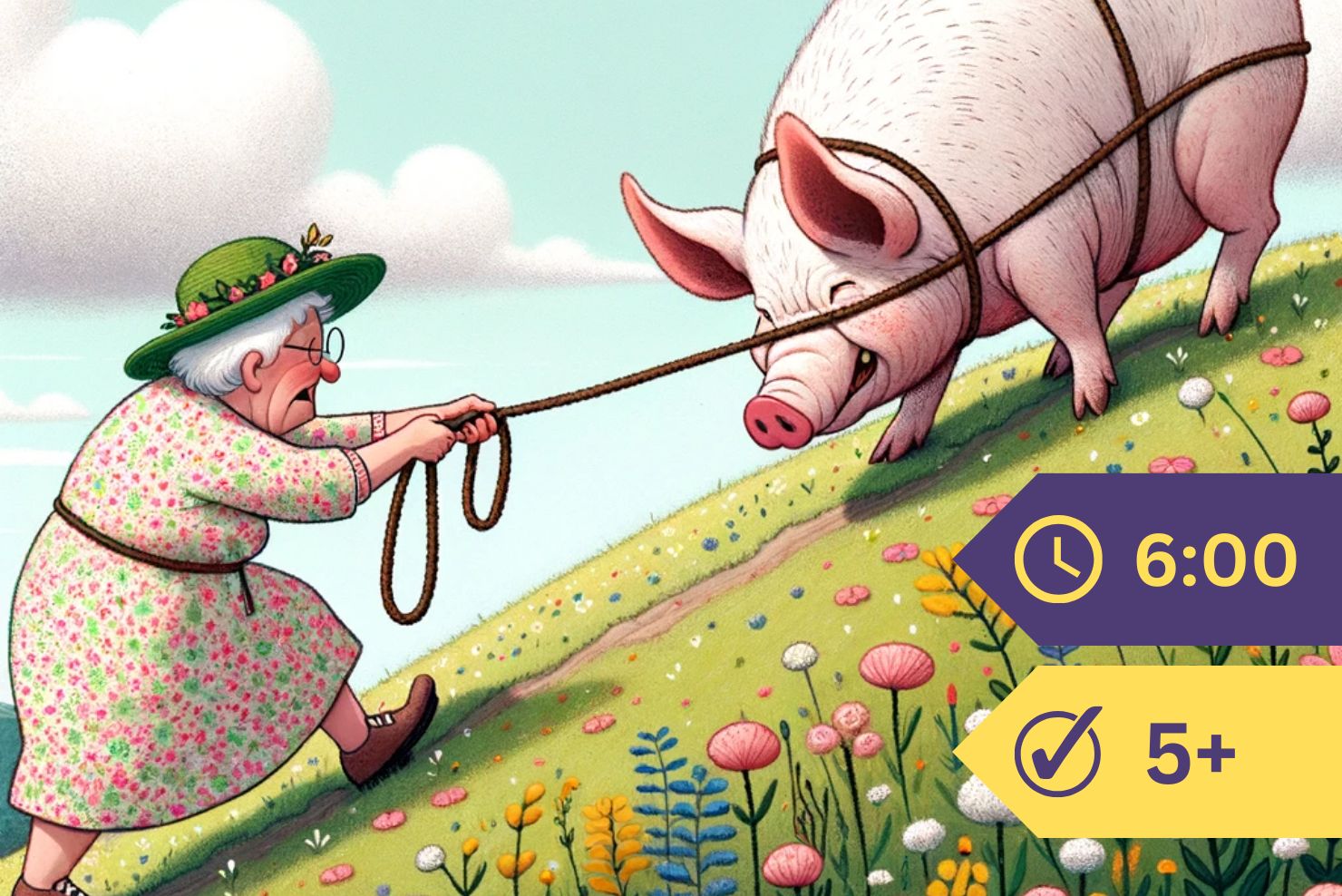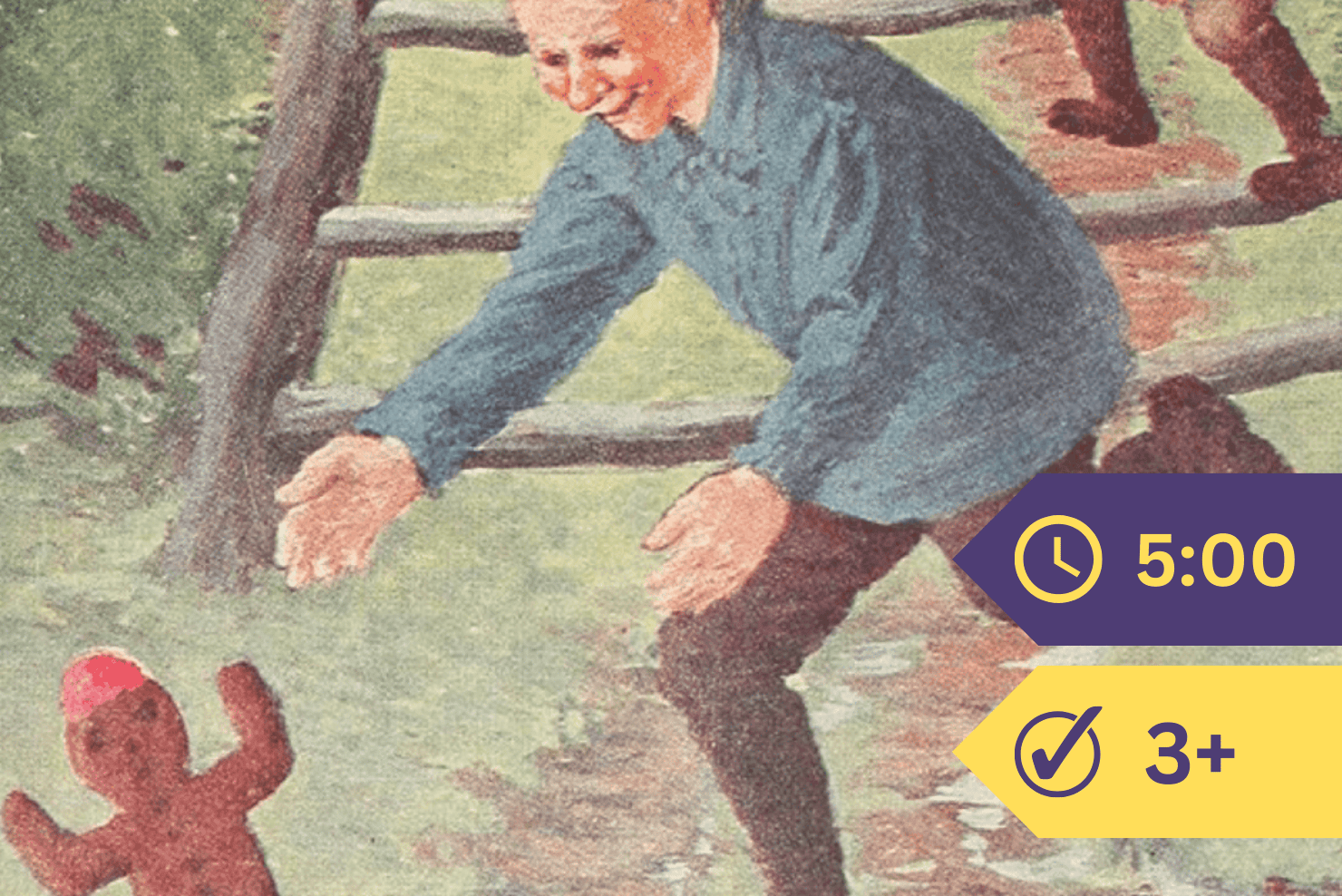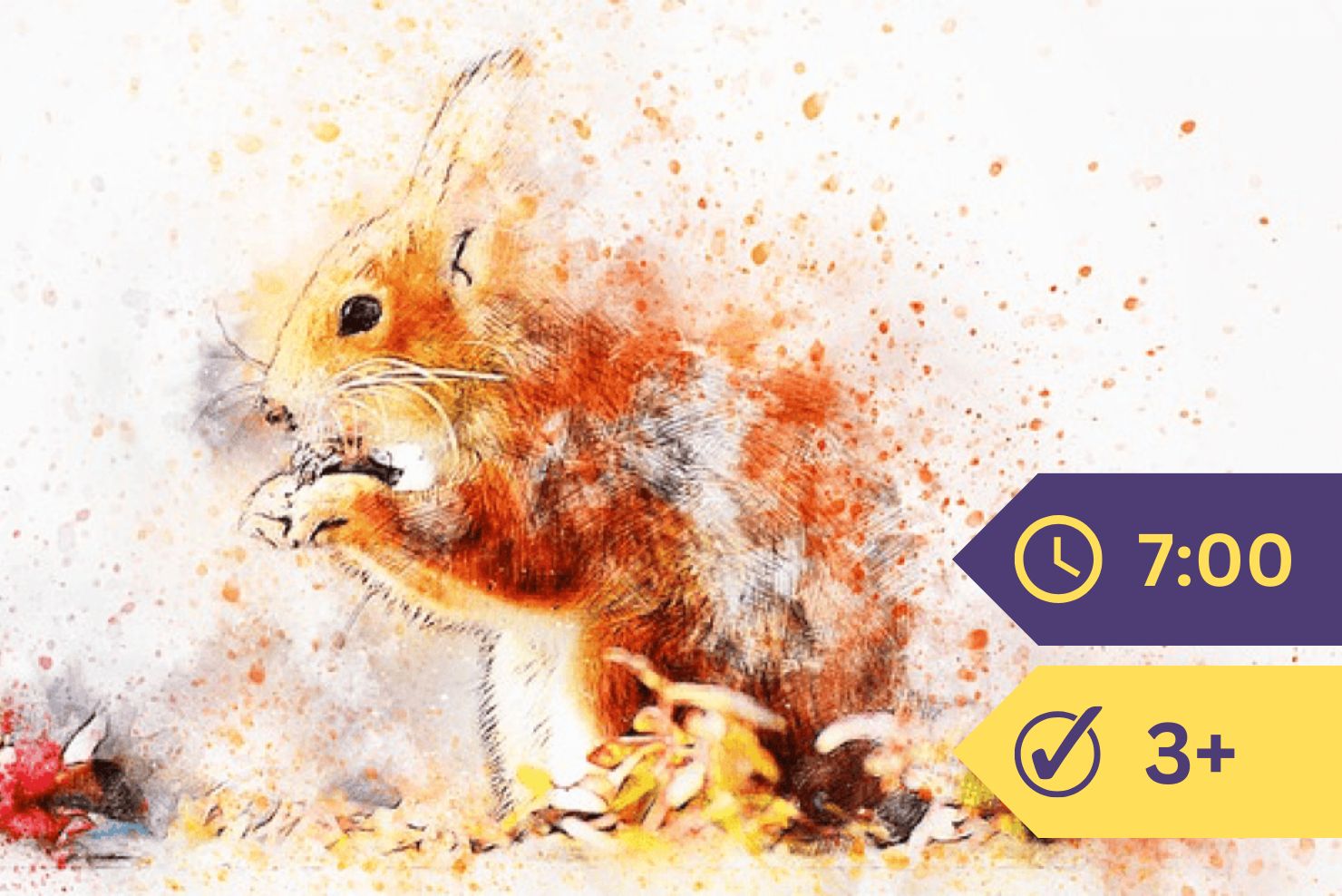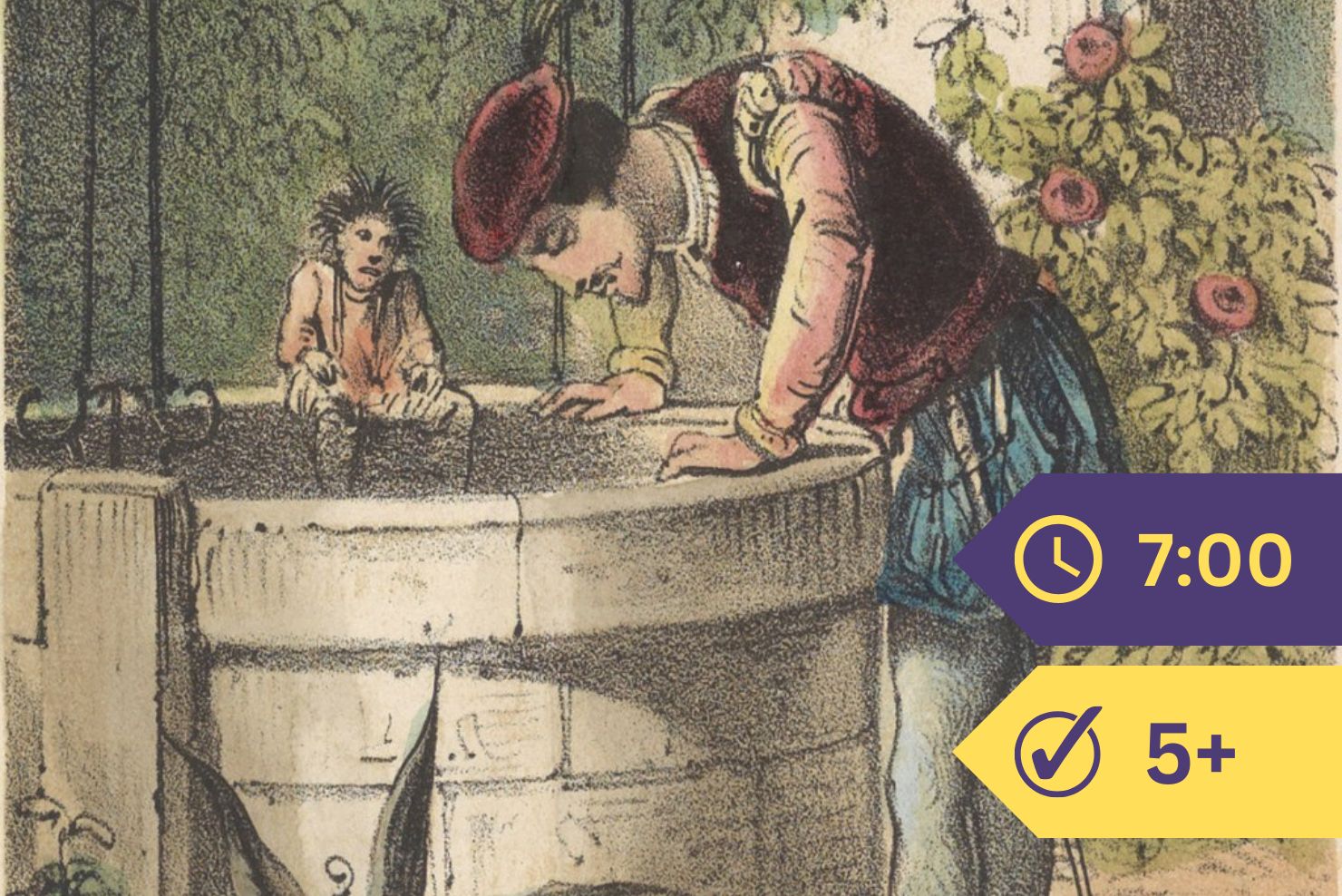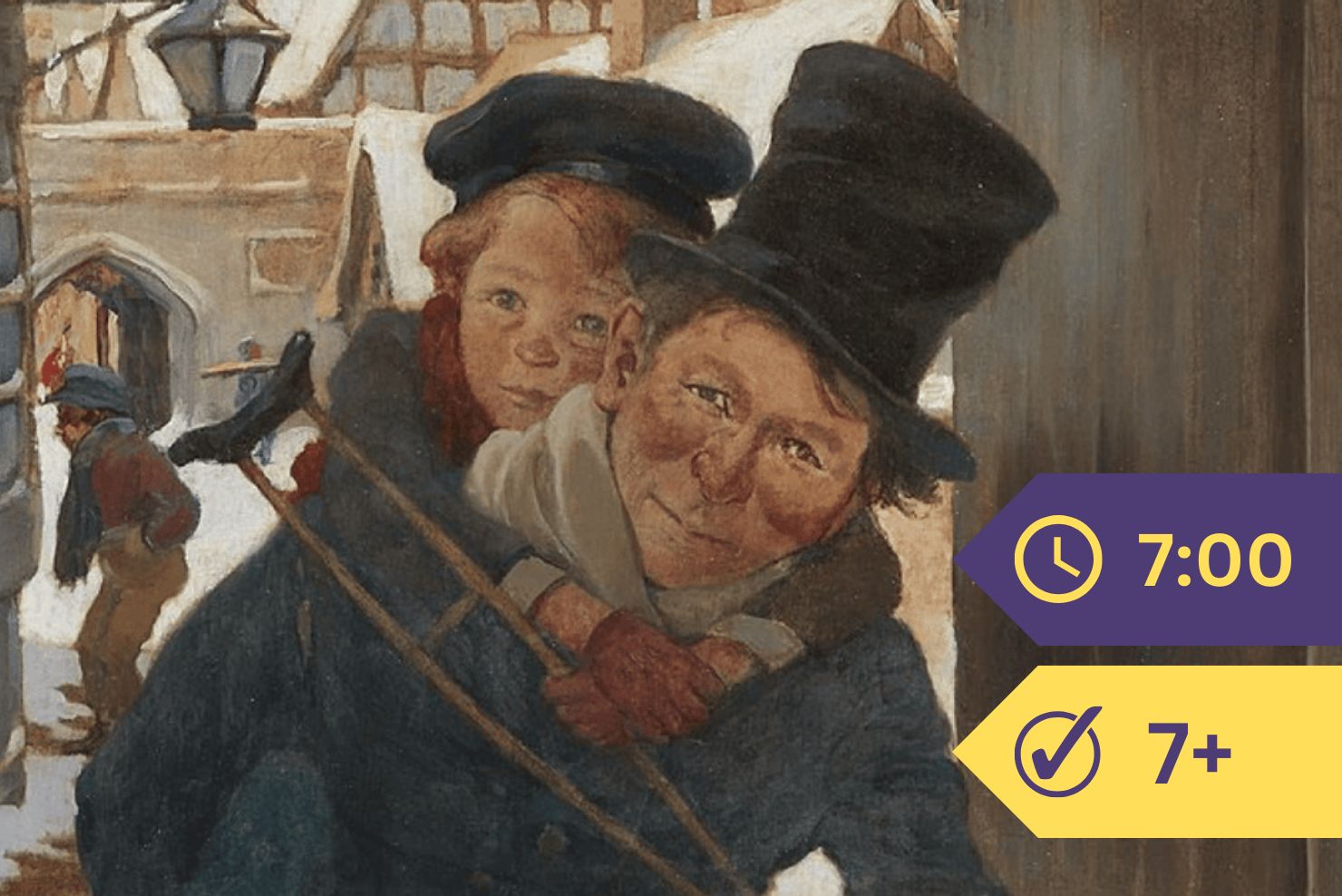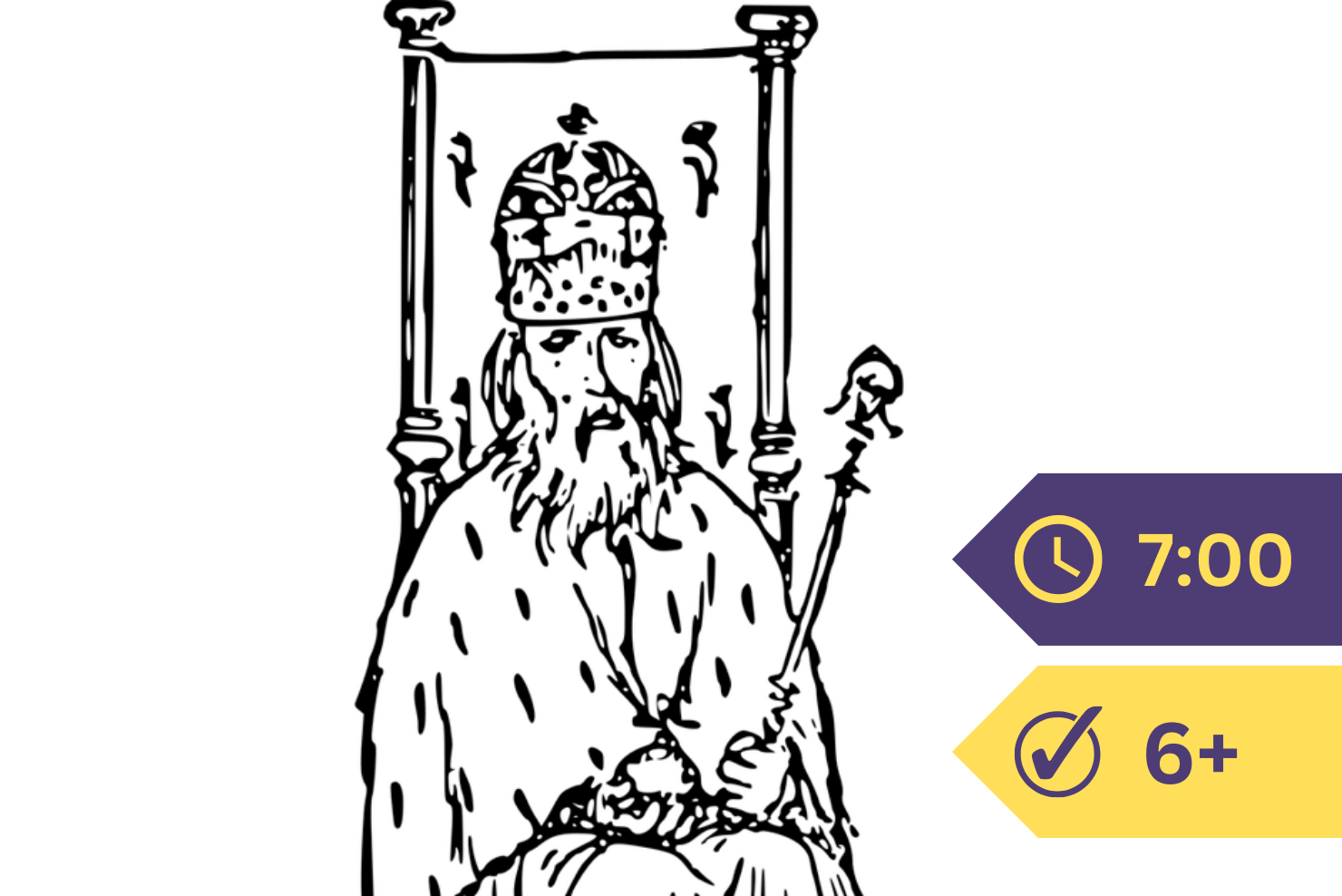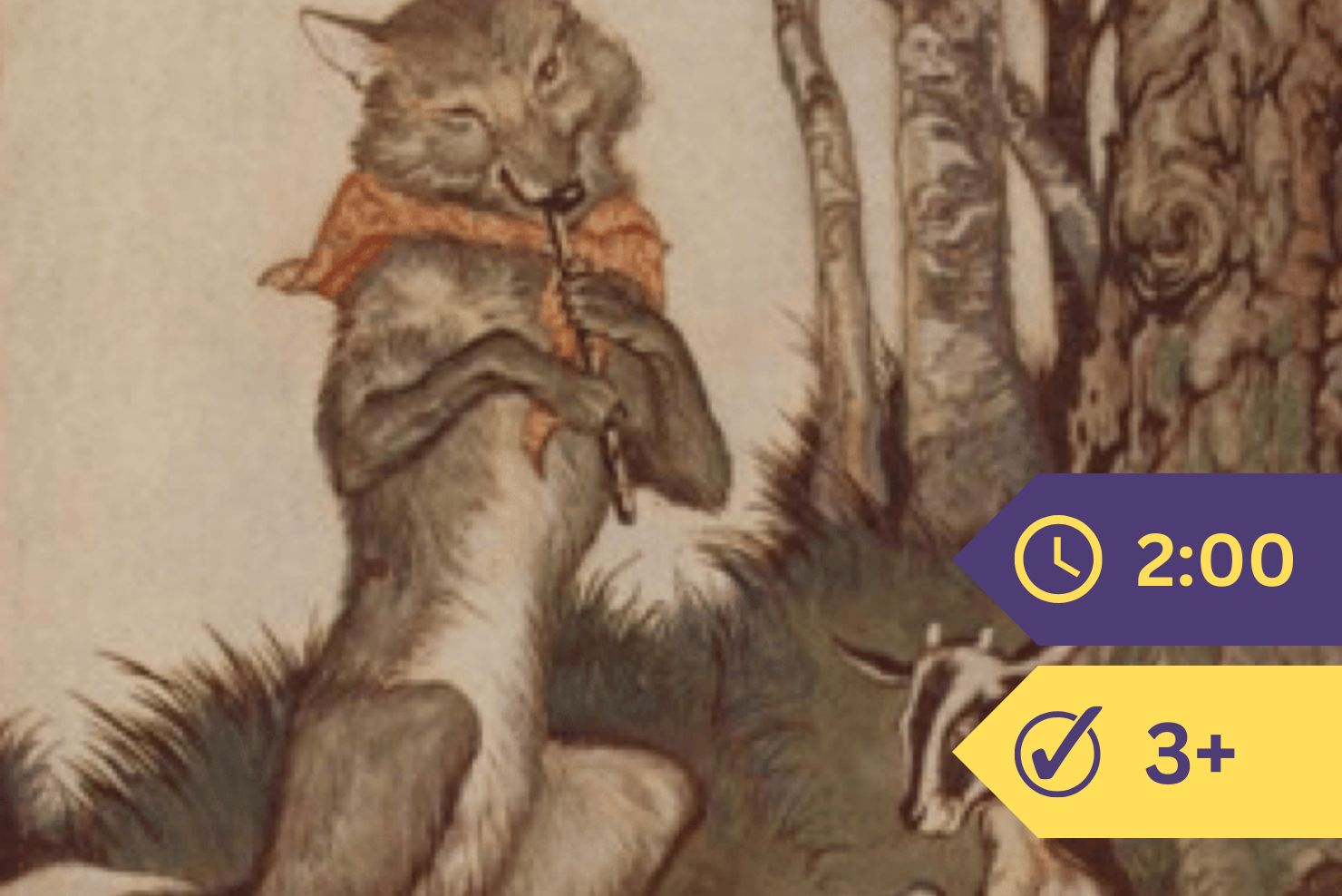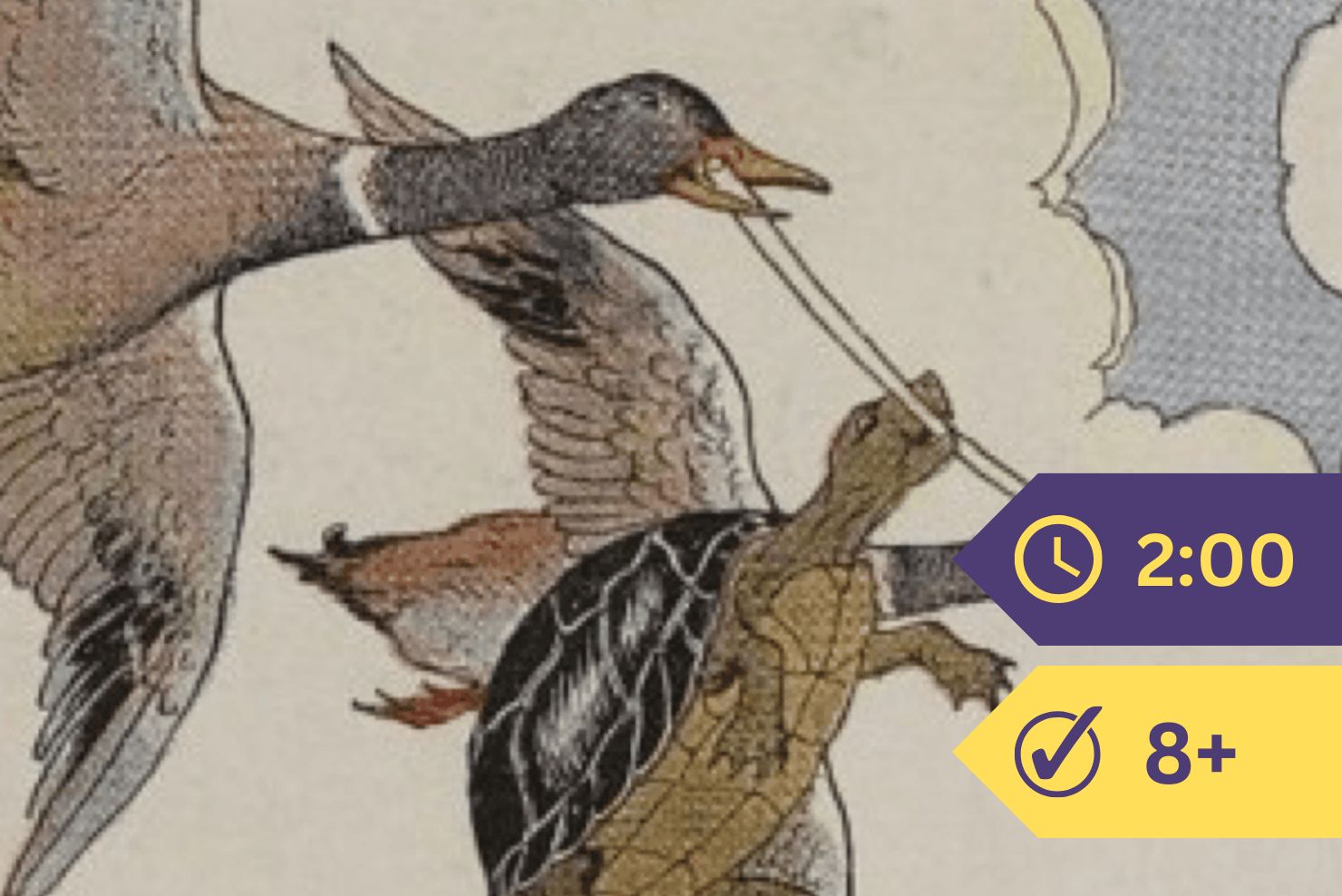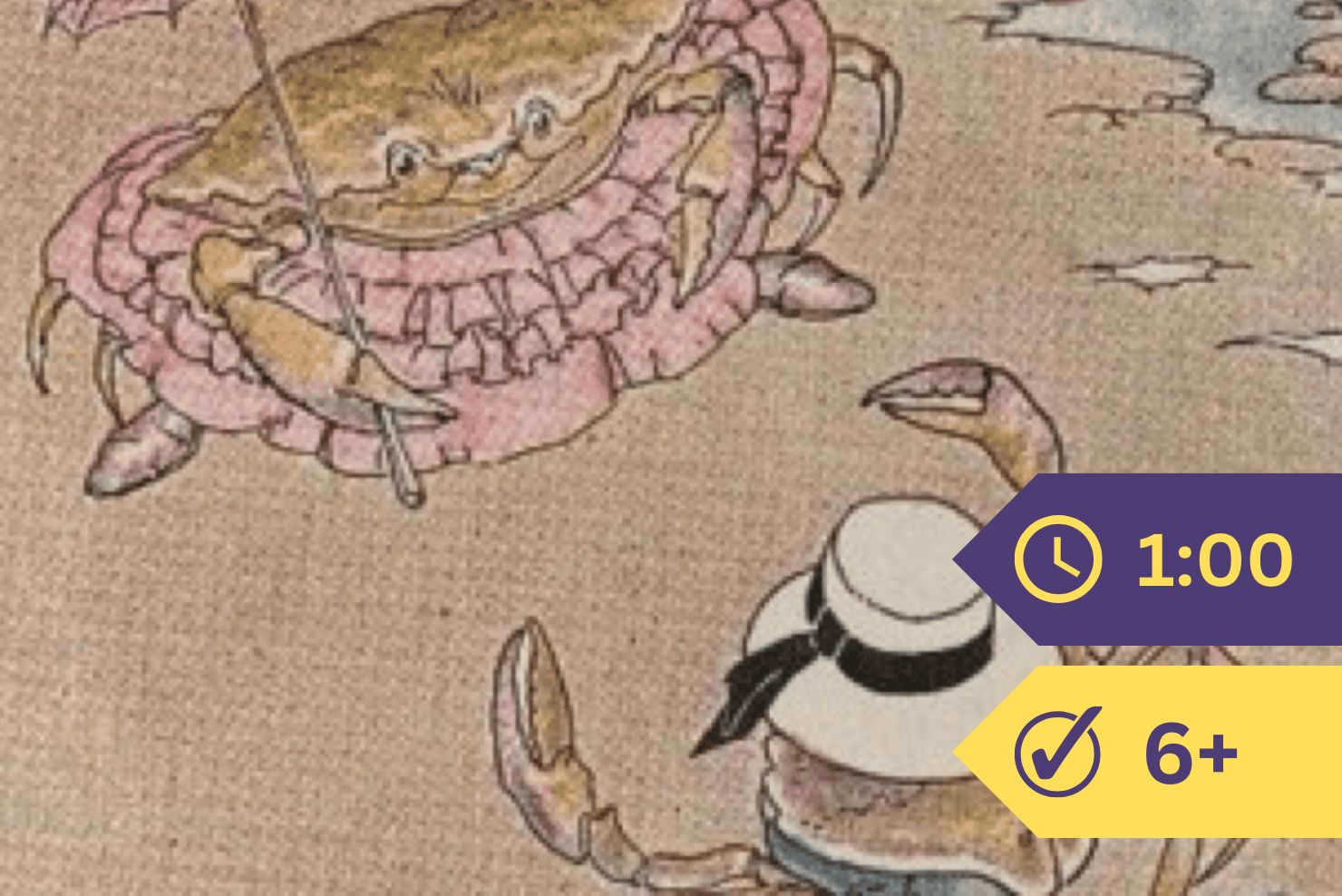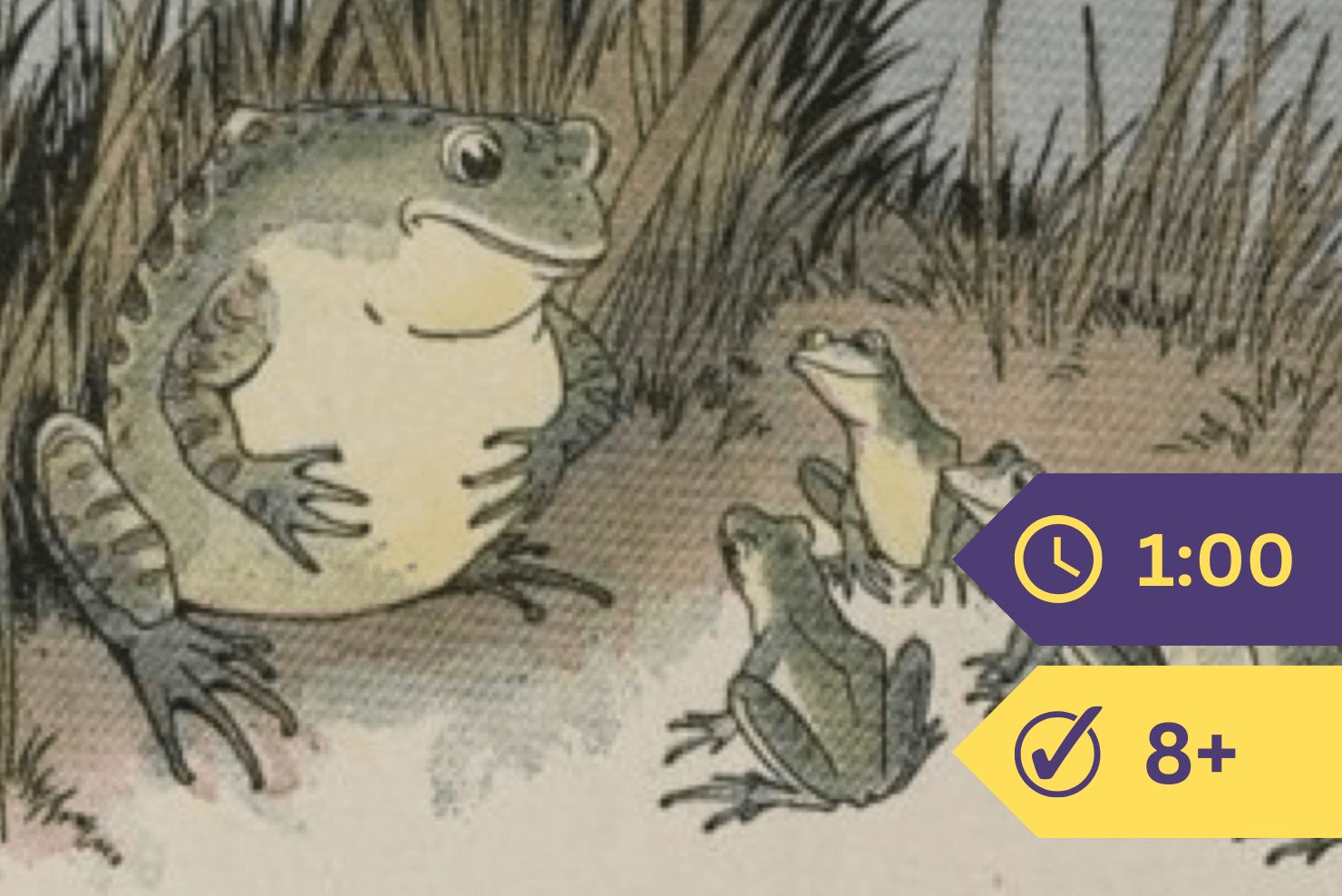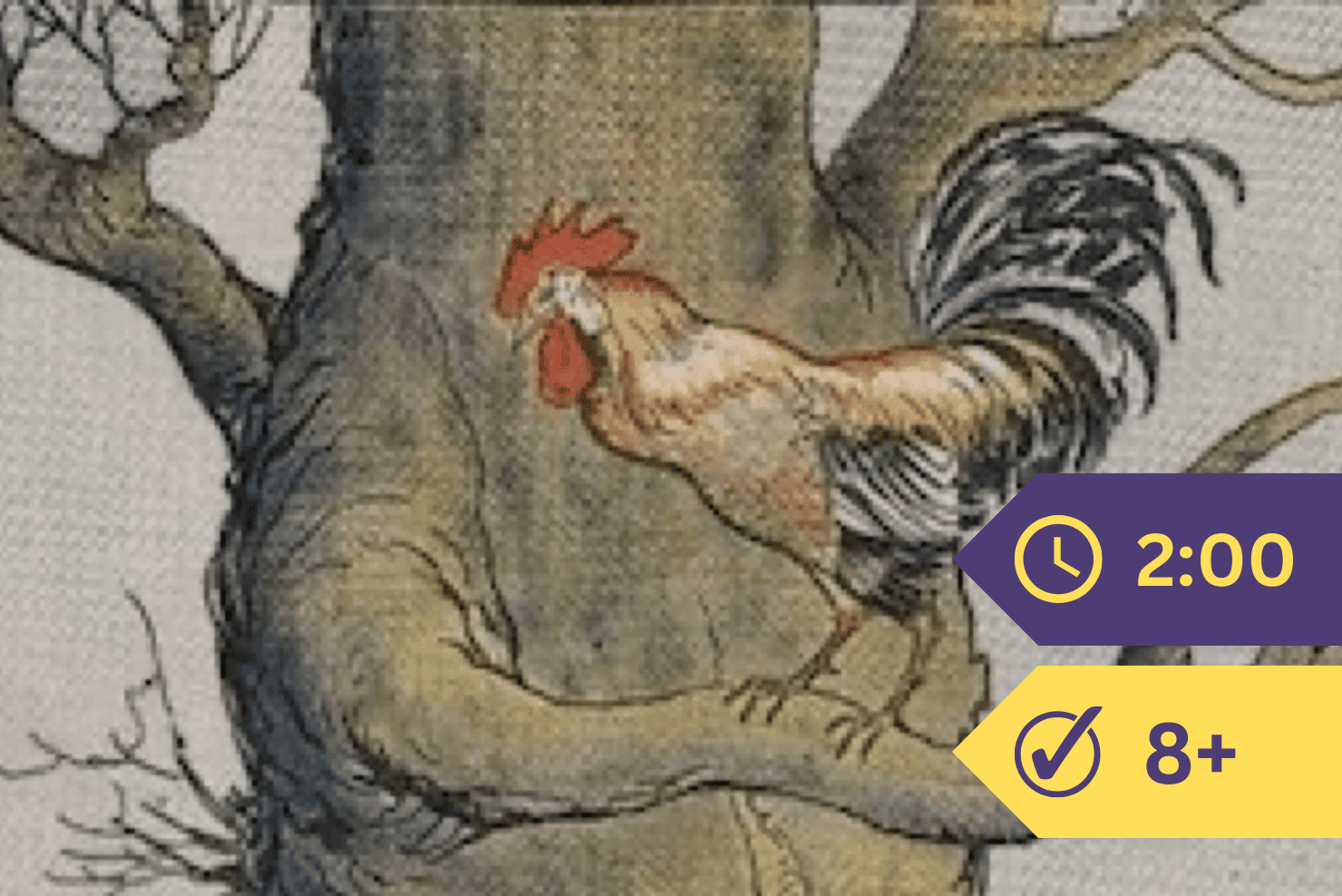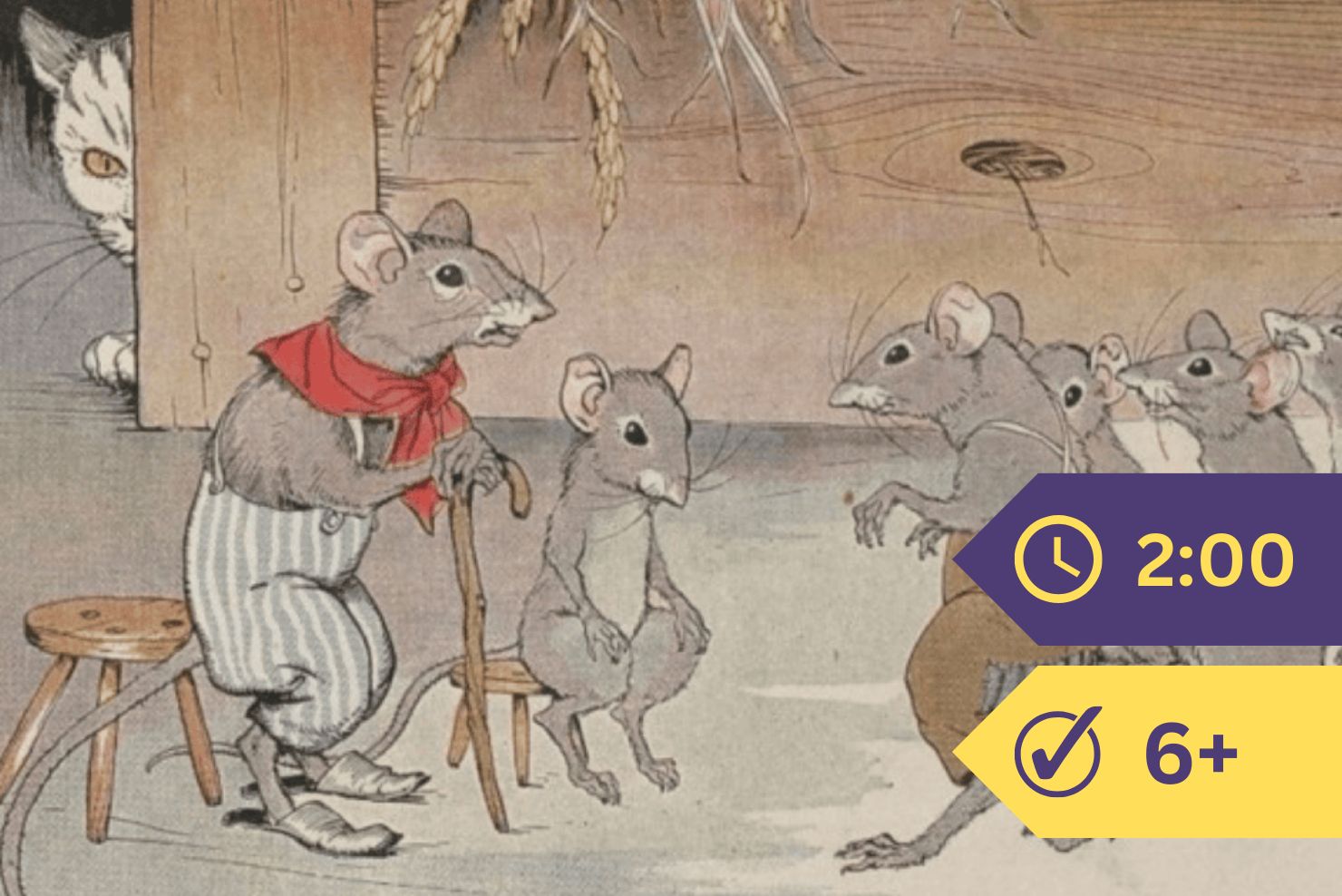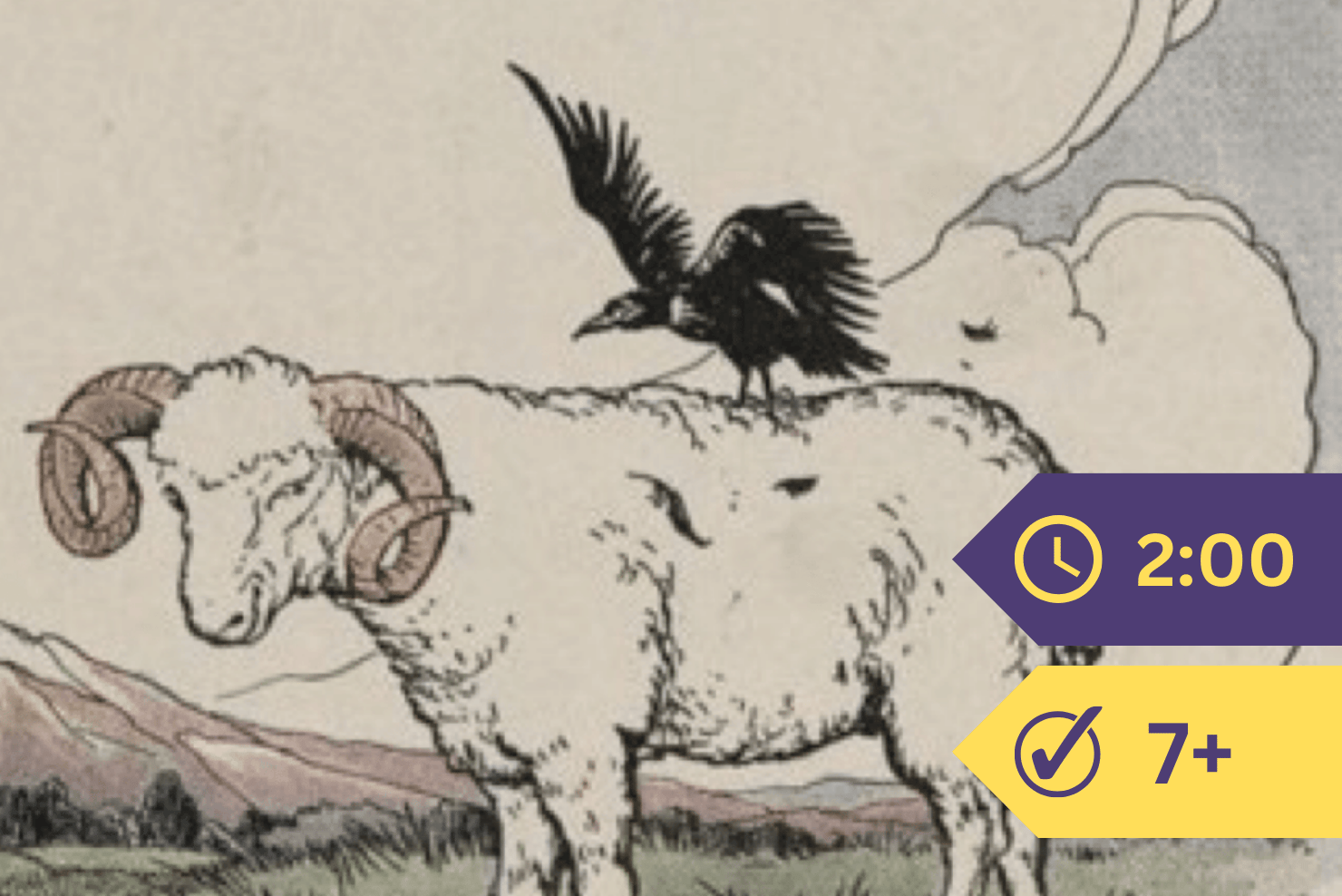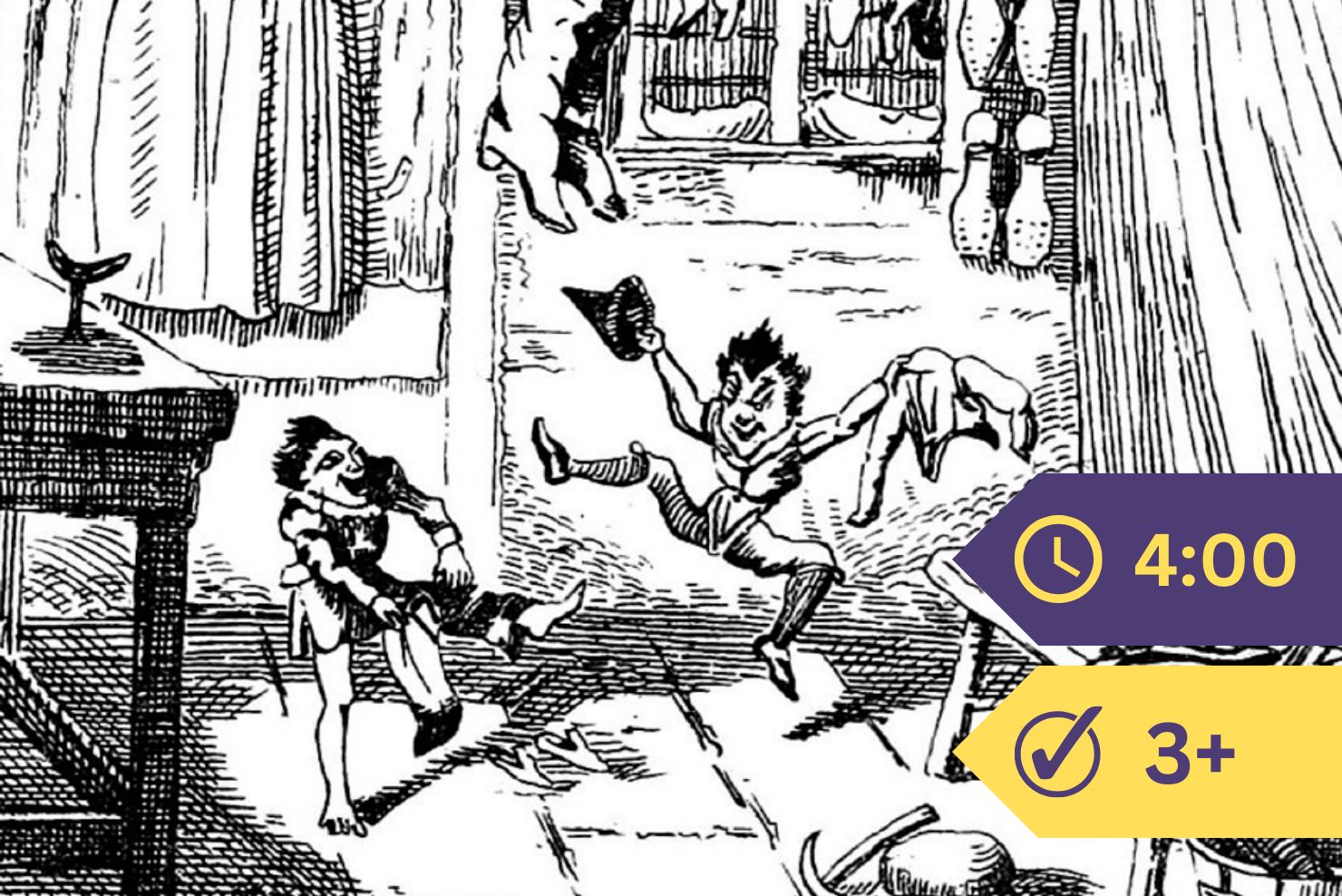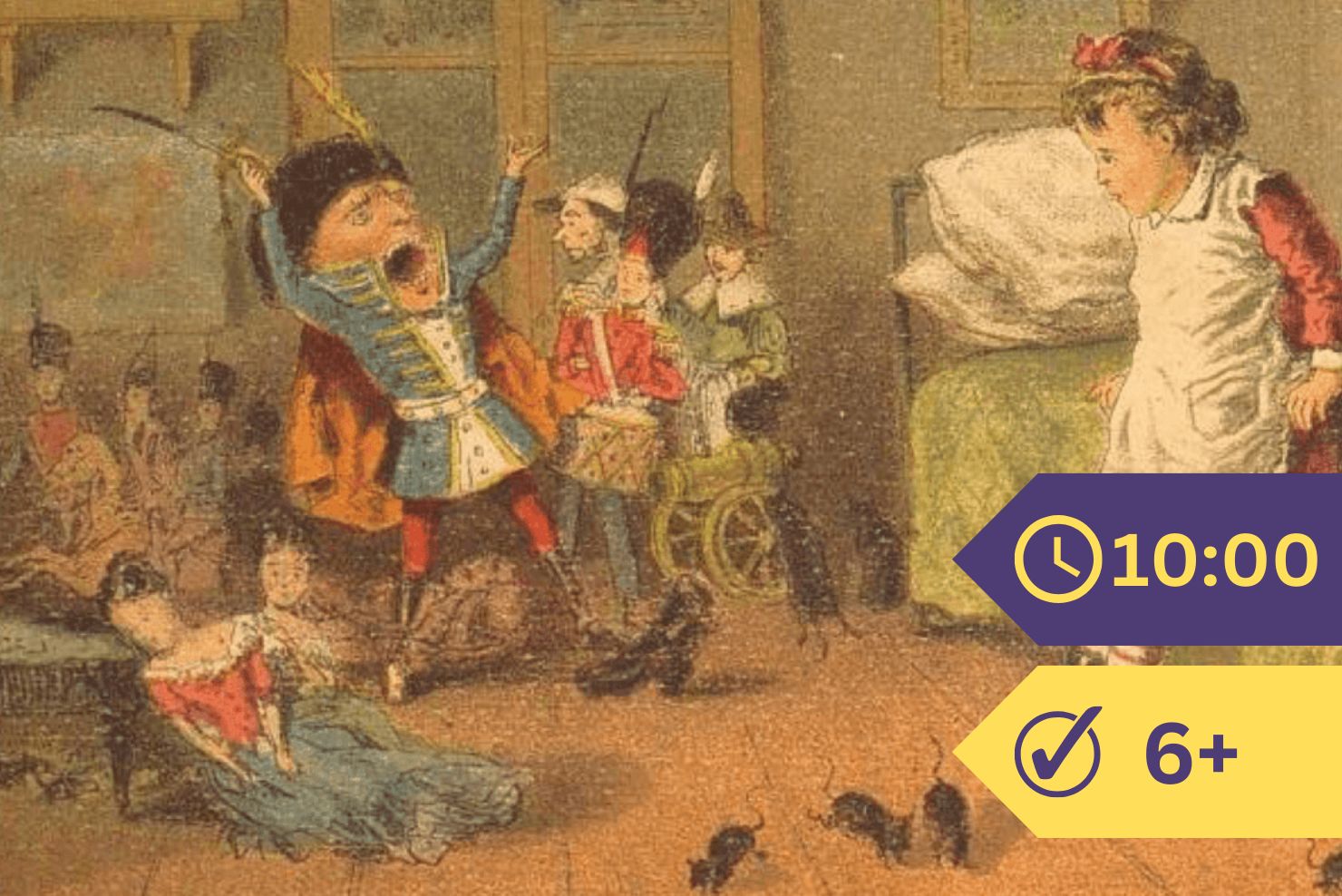The next morning we fell early to work, for the transportation of this great mass of gold near a mile by land to the beach, and thence three miles by boat to the Hispaniola, was a considerable task for so small a number of workmen. The three fellows still abroad upon the island did not greatly trouble us; a single sentry on the shoulder of the hill was sufficient to ensure us against any sudden onslaught, and we thought, besides, they had had more than enough of fighting.
Therefore the work was pushed on briskly. Gray and Ben Gunn came and went with the boat, while the rest during their absences piled treasure on the beach. Two of the bars, slung in a rope’s end, made a good load for a grown man—one that he was glad to walk slowly with. For my part, as I was not much use at carrying, I was kept busy all day in the cave packing the minted money into bread-bags.
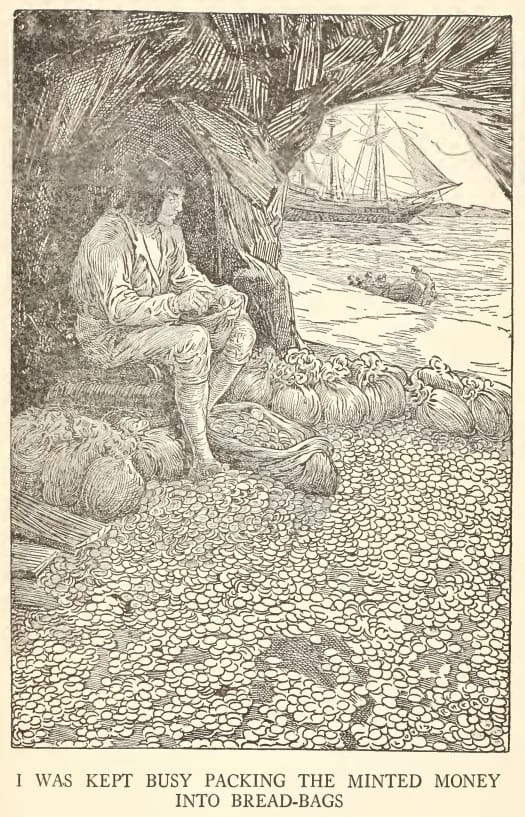
It was a strange collection, like Billy Bones’s hoard for the diversity of coinage, but so much larger and so much more varied that I think I never had more pleasure than in sorting them. English, French, Spanish, Portuguese, Georges, and Louises, doubloons and double guineas and moidores and sequins, the pictures of all the kings of Europe for the last hundred years, strange Oriental pieces stamped with what looked like wisps of string or bits of spider’s web, round pieces and square pieces, and pieces bored through the middle, as if to wear them round your neck—nearly every variety of money in the world must, I think, have found a place in that collection; and for number, I am sure they were like autumn leaves, so that my back ached with stooping and my fingers with sorting them out.
Day after day this work went on; by every evening a fortune had been stowed aboard, but there was another fortune waiting for the morrow; and all this time we heard nothing of the three surviving mutineers.
At last—I think it was on the third night—the doctor and I were strolling on the shoulder of the hill where it overlooks the lowlands of the isle, when, from out the thick darkness below, the wind brought us a noise between shrieking and singing. It was only a snatch that reached our ears, followed by the former silence.
“Heaven forgive them,” said the doctor; “’tis the mutineers!”
“All drunk, sir,” struck in the voice of Silver from behind us.
Silver, I should say, was allowed his entire liberty, and in spite of daily rebuffs, seemed to regard himself once more as quite a privileged and friendly dependent. Indeed, it was remarkable how well he bore these slights and with what unwearying politeness he kept on trying to ingratiate himself with all. Yet, I think, none treated him better than a dog, unless it was Ben Gunn, who was still terribly afraid of his old quartermaster, or myself, who had really something to thank him for; although for that matter, I suppose, I had reason to think even worse of him than anybody else, for I had seen him meditating a fresh treachery upon the plateau. Accordingly, it was pretty gruffly that the doctor answered him.
“Drunk or raving,” said he.
“Right you were, sir,” replied Silver; “and precious little odds which, to you and me.”
“I suppose you would hardly ask me to call you a humane man,” returned the doctor with a sneer, “and so my feelings may surprise you, Master Silver. But if I were sure they were raving—as I am morally certain one, at least, of them is down with fever—I should leave this camp, and at whatever risk to my own carcass, take them the assistance of my skill.”
“Ask your pardon, sir, you would be very wrong,” quoth Silver. “You would lose your precious life, and you may lay to that. I’m on your side now, hand and glove; and I shouldn’t wish for to see the party weakened, let alone yourself, seeing as I know what I owes you. But these men down there, they couldn’t keep their word—no, not supposing they wished to; and what’s more, they couldn’t believe as you could.”
“No,” said the doctor. “You’re the man to keep your word, we know that.”
Well, that was about the last news we had of the three pirates. Only once we heard a gunshot a great way off and supposed them to be hunting. A council was held, and it was decided that we must desert them on the island—to the huge glee, I must say, of Ben Gunn, and with the strong approval of Gray. We left a good stock of powder and shot, the bulk of the salt goat, a few medicines, and some other necessaries, tools, clothing, a spare sail, a fathom or two of rope, and by the particular desire of the doctor, a handsome present of tobacco.
That was about our last doing on the island. Before that, we had got the treasure stowed and had shipped enough water and the remainder of the goat meat in case of any distress; and at last, one fine morning, we weighed anchor, which was about all that we could manage, and stood out of North Inlet, the same colours flying that the captain had flown and fought under at the palisade.
The three fellows must have been watching us closer than we thought for, as we soon had proved. For coming through the narrows, we had to lie very near the southern point, and there we saw all three of them kneeling together on a spit of sand, with their arms raised in supplication. It went to all our hearts, I think, to leave them in that wretched state; but we could not risk another mutiny; and to take them home for the gibbet would have been a cruel sort of kindness. The doctor hailed them and told them of the stores we had left, and where they were to find them. But they continued to call us by name and appeal to us, for God’s sake, to be merciful and not leave them to die in such a place.
At last, seeing the ship still bore on her course and was now swiftly drawing out of earshot, one of them—I know not which it was—leapt to his feet with a hoarse cry, whipped his musket to his shoulder, and sent a shot whistling over Silver’s head and through the main-sail.
After that, we kept under cover of the bulwarks, and when next I looked out they had disappeared from the spit, and the spit itself had almost melted out of sight in the growing distance. That was, at least, the end of that; and before noon, to my inexpressible joy, the highest rock of Treasure Island had sunk into the blue round of sea.
We were so short of men that everyone on board had to bear a hand—only the captain lying on a mattress in the stern and giving his orders, for though greatly recovered he was still in want of quiet. We laid her head for the nearest port in Spanish America, for we could not risk the voyage home without fresh hands; and as it was, what with baffling winds and a couple of fresh gales, we were all worn out before we reached it.
It was just at sundown when we cast anchor in a most beautiful land-locked gulf, and were immediately surrounded by shore boats full of people selling fruits and vegetables and offering to dive for bits of money. The sight of so many good-humoured faces (especially the blacks), the taste of the tropical fruits, and above all the lights that began to shine in the town made a most charming contrast to our dark and bloody sojourn on the island; and the doctor and the squire, taking me along with them, went ashore to pass the early part of the night. Here they met the captain of an English man-of-war, fell in talk with him, went on board his ship, and, in short, had so agreeable a time that day was breaking when we came alongside the Hispaniola.
Ben Gunn was on deck alone, and as soon as we came on board he began, with wonderful contortions, to make us a confession. Silver was gone. The maroon had connived at his escape in a shore boat some hours ago, and he now assured us he had only done so to preserve our lives, which would certainly have been forfeit if “that man with the one leg had stayed aboard.” But this was not all. The sea-cook had not gone empty-handed. He had cut through a bulkhead unobserved and had removed one of the sacks of coin, worth perhaps three or four hundred guineas, to help him on his further wanderings.
I think we were all pleased to be so cheaply quit of him.
Well, to make a long story short, we got a few hands on board, made a good cruise home, and the Hispaniola reached Bristol just as Mr. Blandly was beginning to think of fitting out her consort. Five men only of those who had sailed returned with her. “Drink and the devil had done for the rest,” with a vengeance, although, to be sure, we were not quite in so bad a case as that other ship they sang about:
With one man of her crew alive,
What put to sea with seventy-five.
All of us had an ample share of the treasure and used it wisely or foolishly, according to our natures. Captain Smollett is now retired from the sea. Gray not only saved his money, but being suddenly smit with the desire to rise, also studied his profession, and he is now mate and part owner of a fine full-rigged ship, married besides, and the father of a family. As for Ben Gunn, he got a thousand pounds, which he spent or lost in three weeks, or to be more exact, in nineteen days, for he was back begging on the twentieth. Then he was given a lodge to keep, exactly as he had feared upon the island; and he still lives, a great favourite, though something of a butt, with the country boys, and a notable singer in church on Sundays and saints’ days.
Of Silver we have heard no more. That formidable seafaring man with one leg has at last gone clean out of my life; but I dare say he met his old wife, and perhaps still lives in comfort with her and Captain Flint. It is to be hoped so, I suppose, for his chances of comfort in another world are very small.
The bar silver and the arms still lie, for all that I know, where Flint buried them; and certainly they shall lie there for me. Oxen and wain-ropes would not bring me back again to that accursed island; and the worst dreams that ever I have are when I hear the surf booming about its coasts or start upright in bed with the sharp voice of Captain Flint still ringing in my ears: “Pieces of eight! Pieces of eight!”

